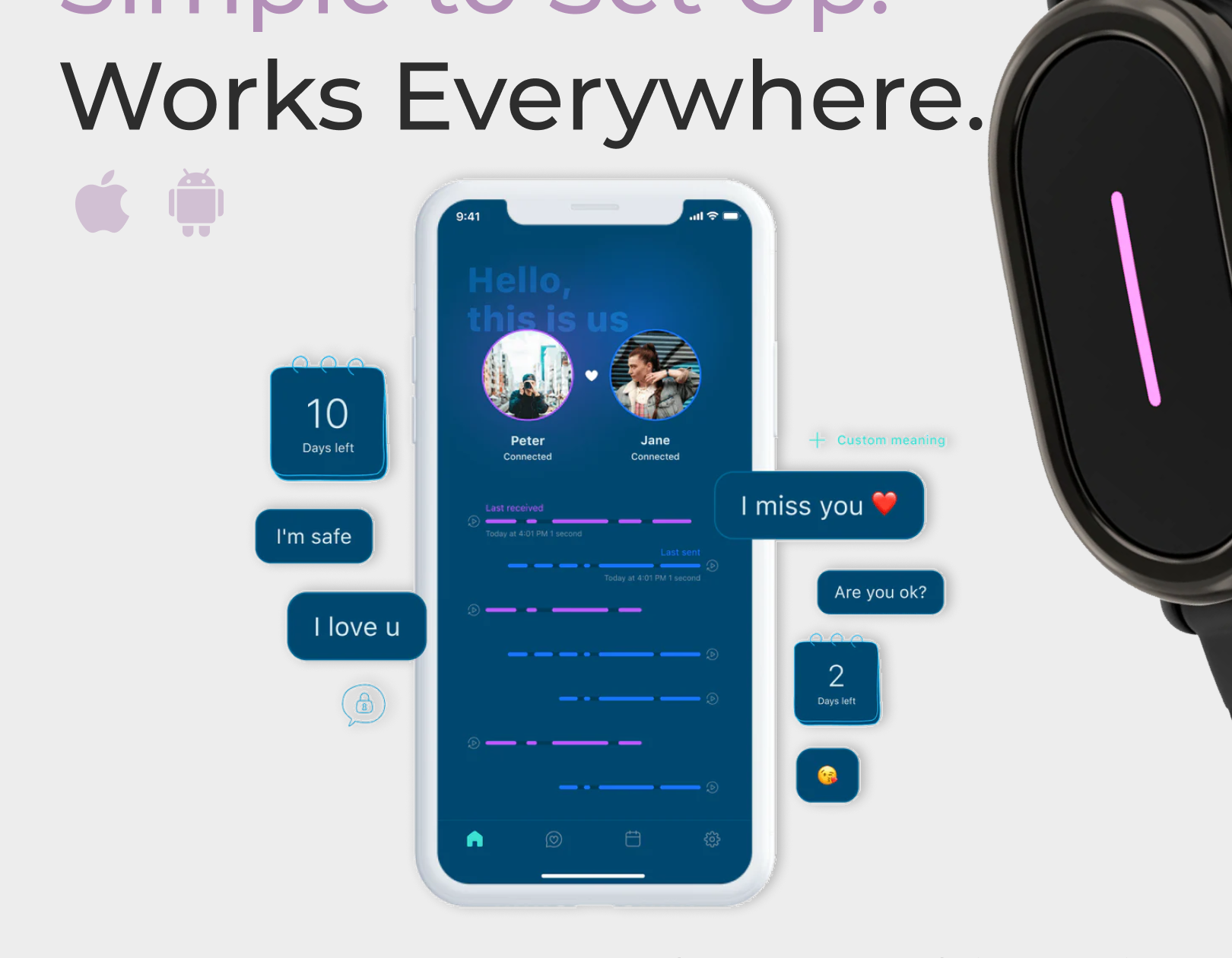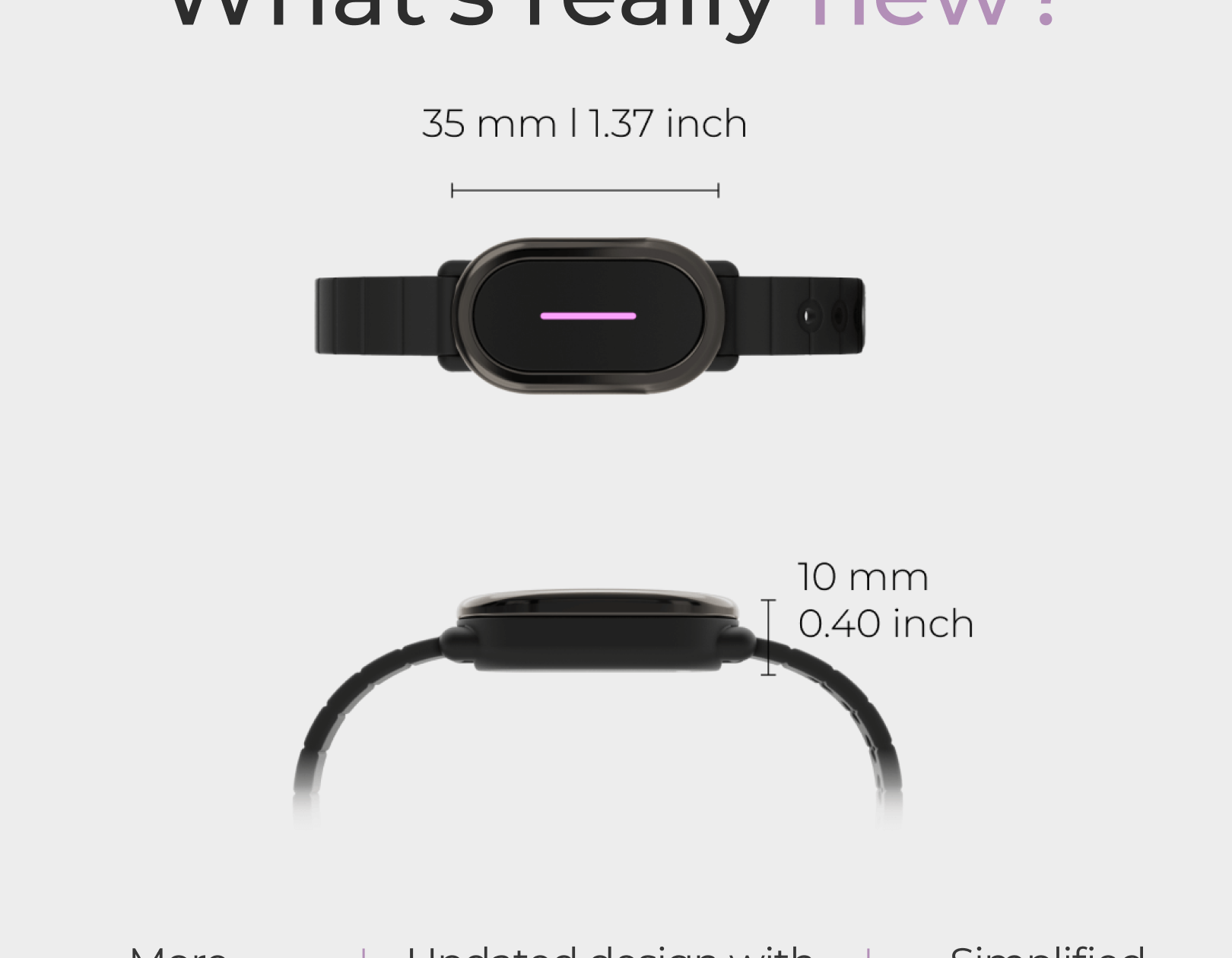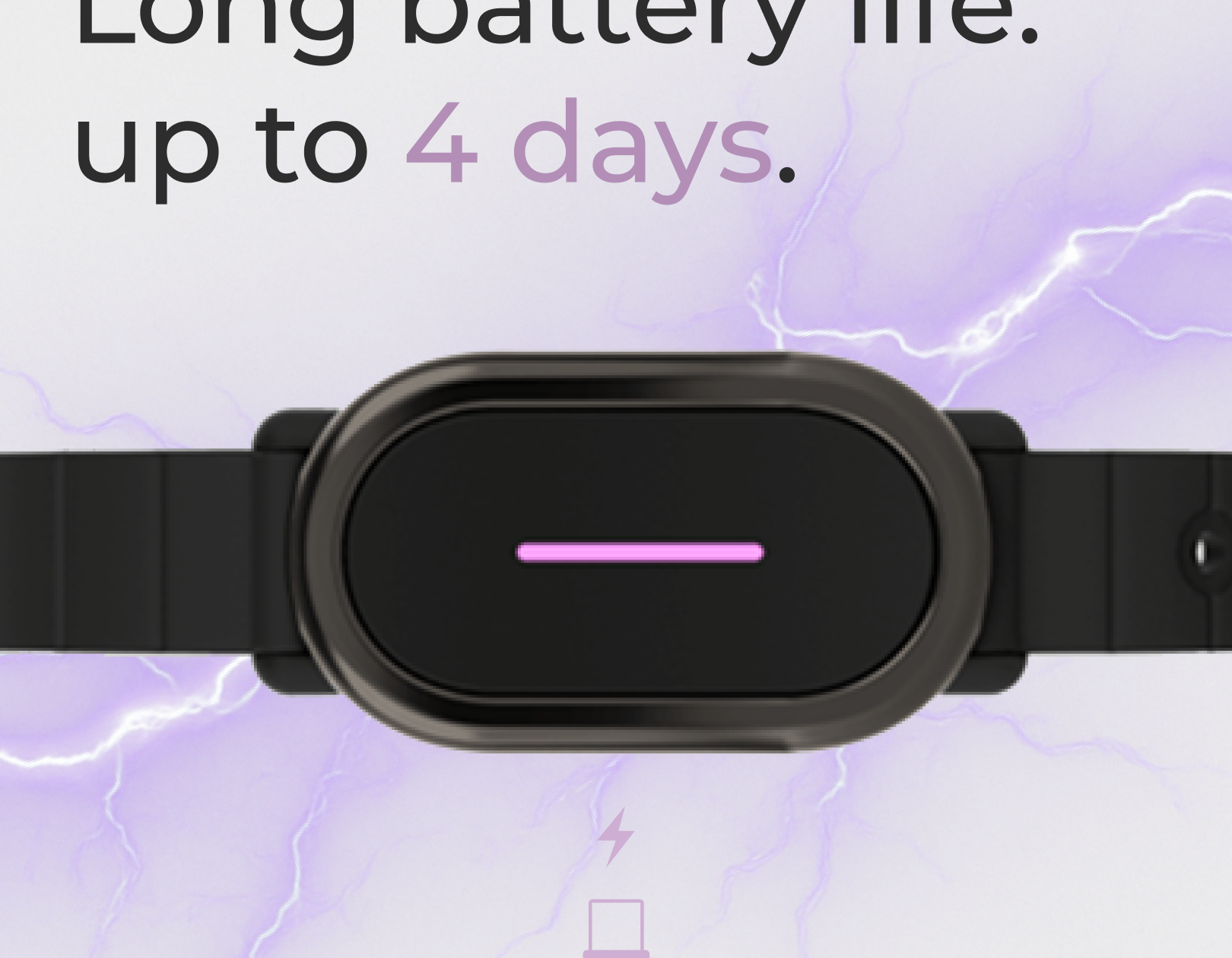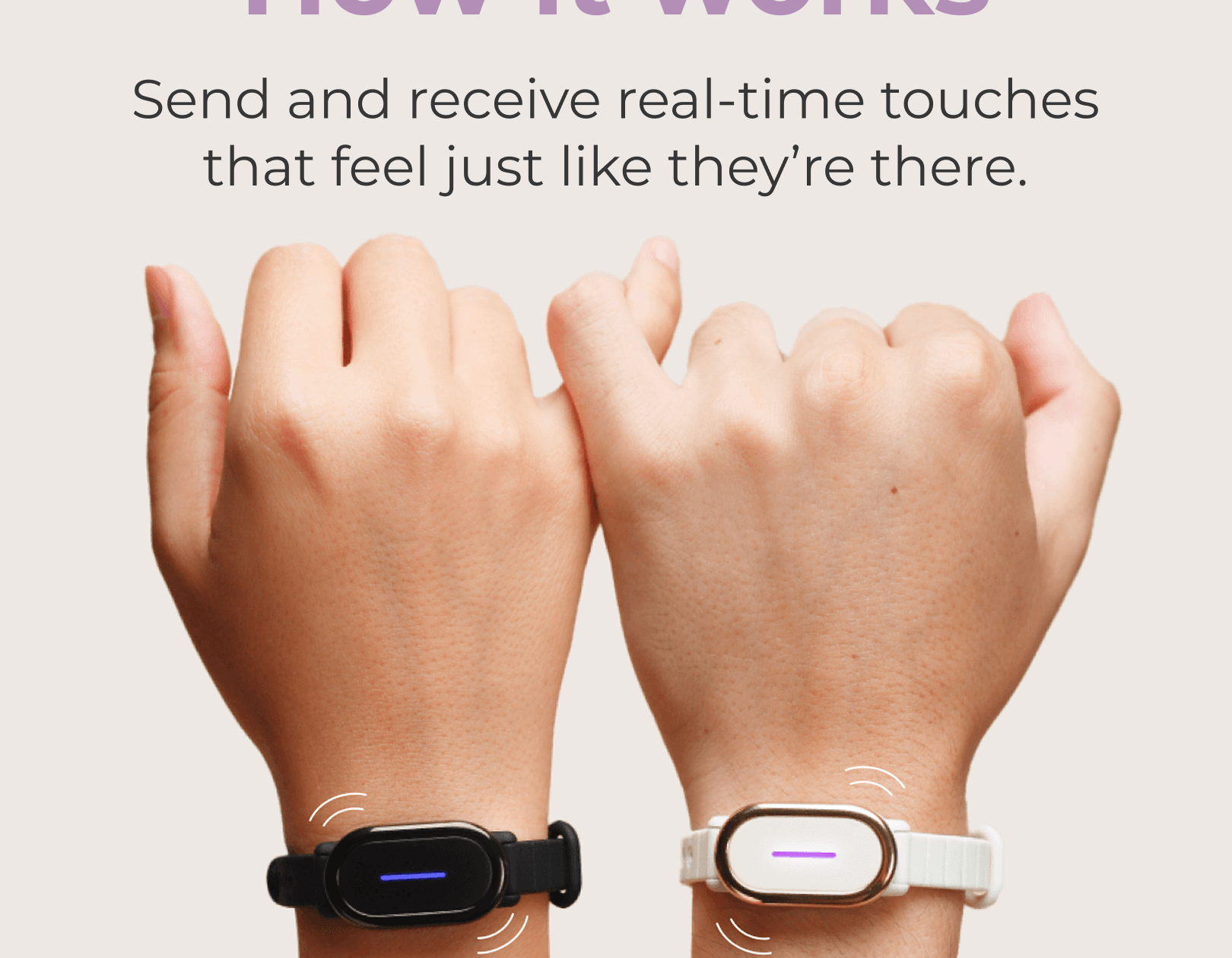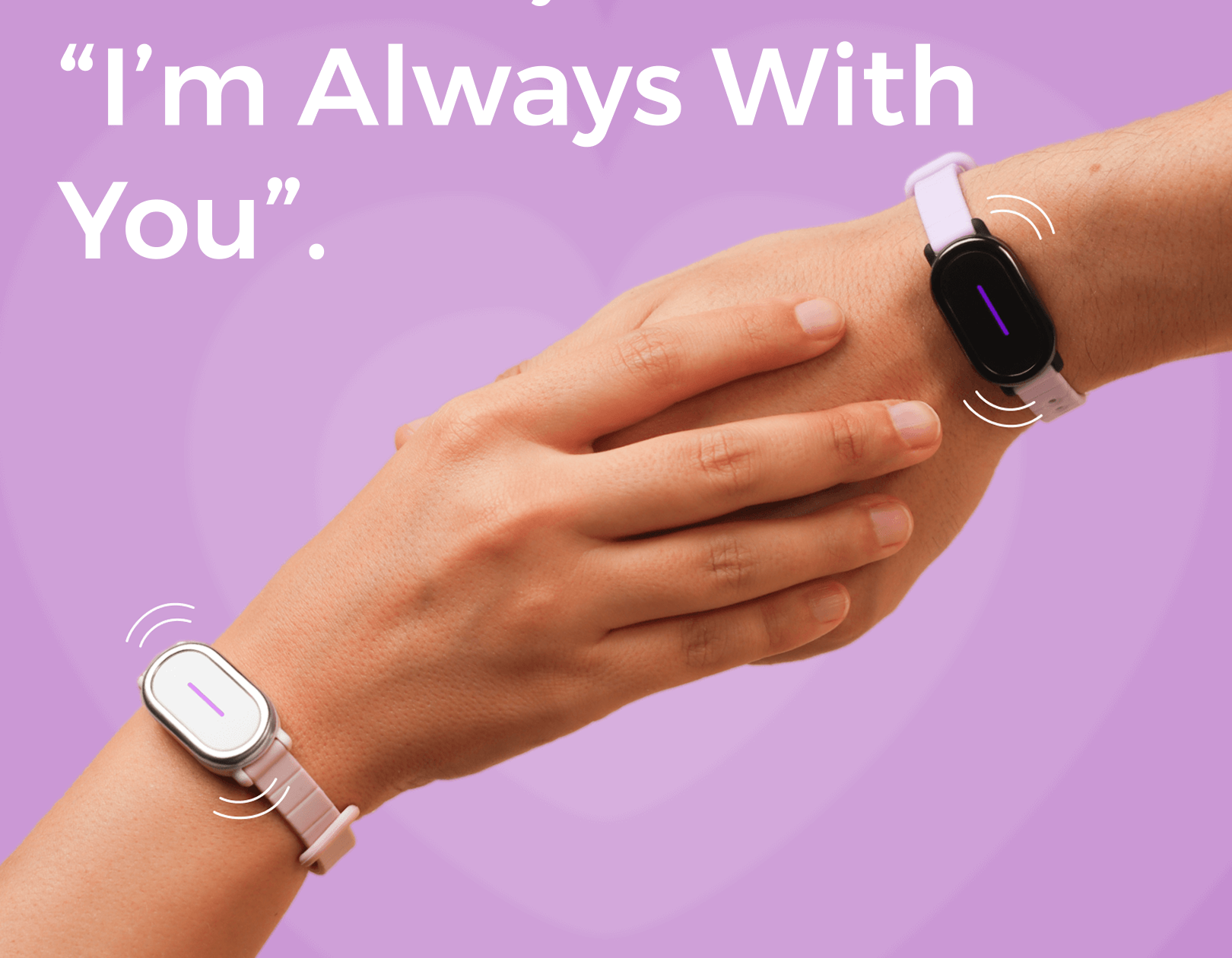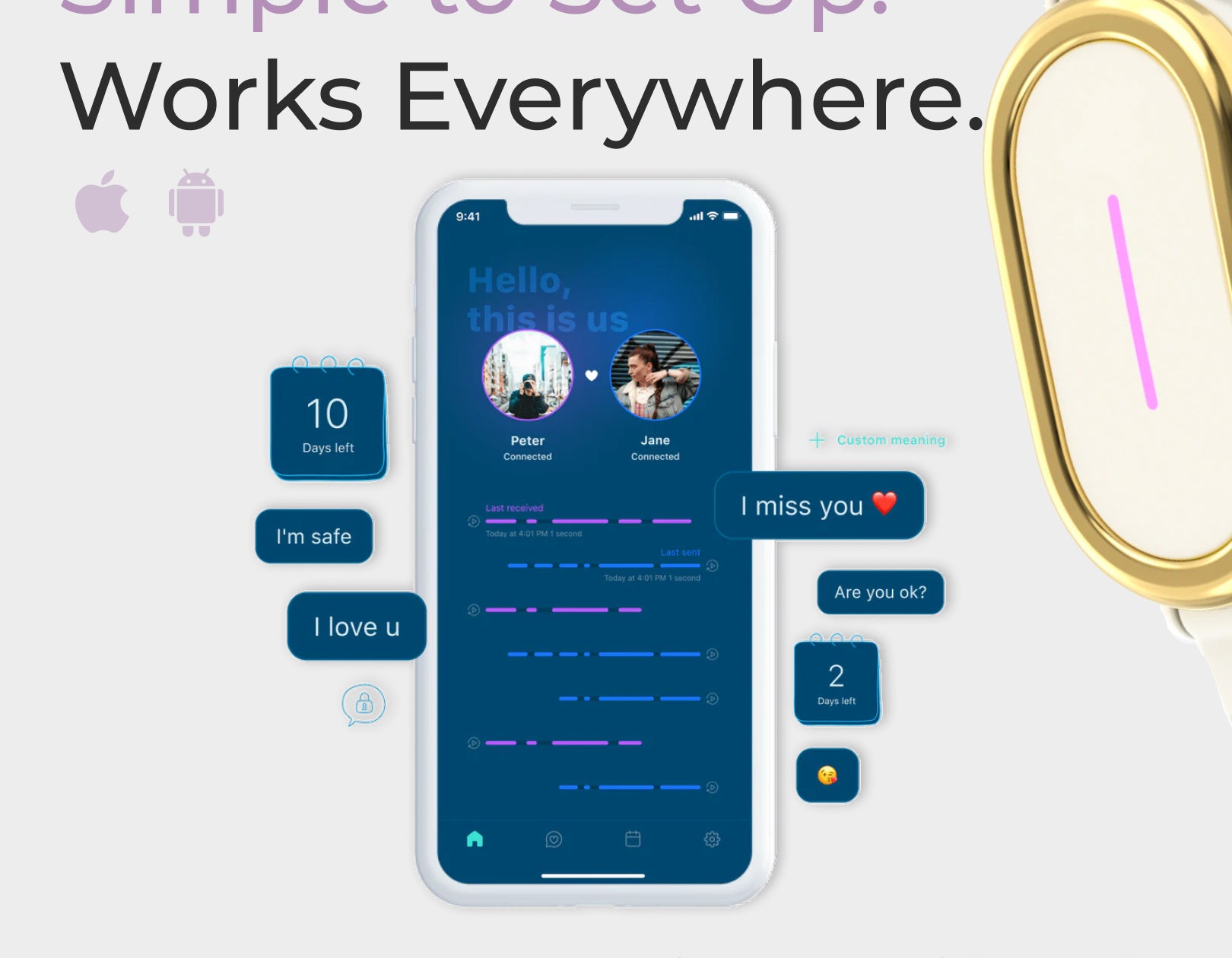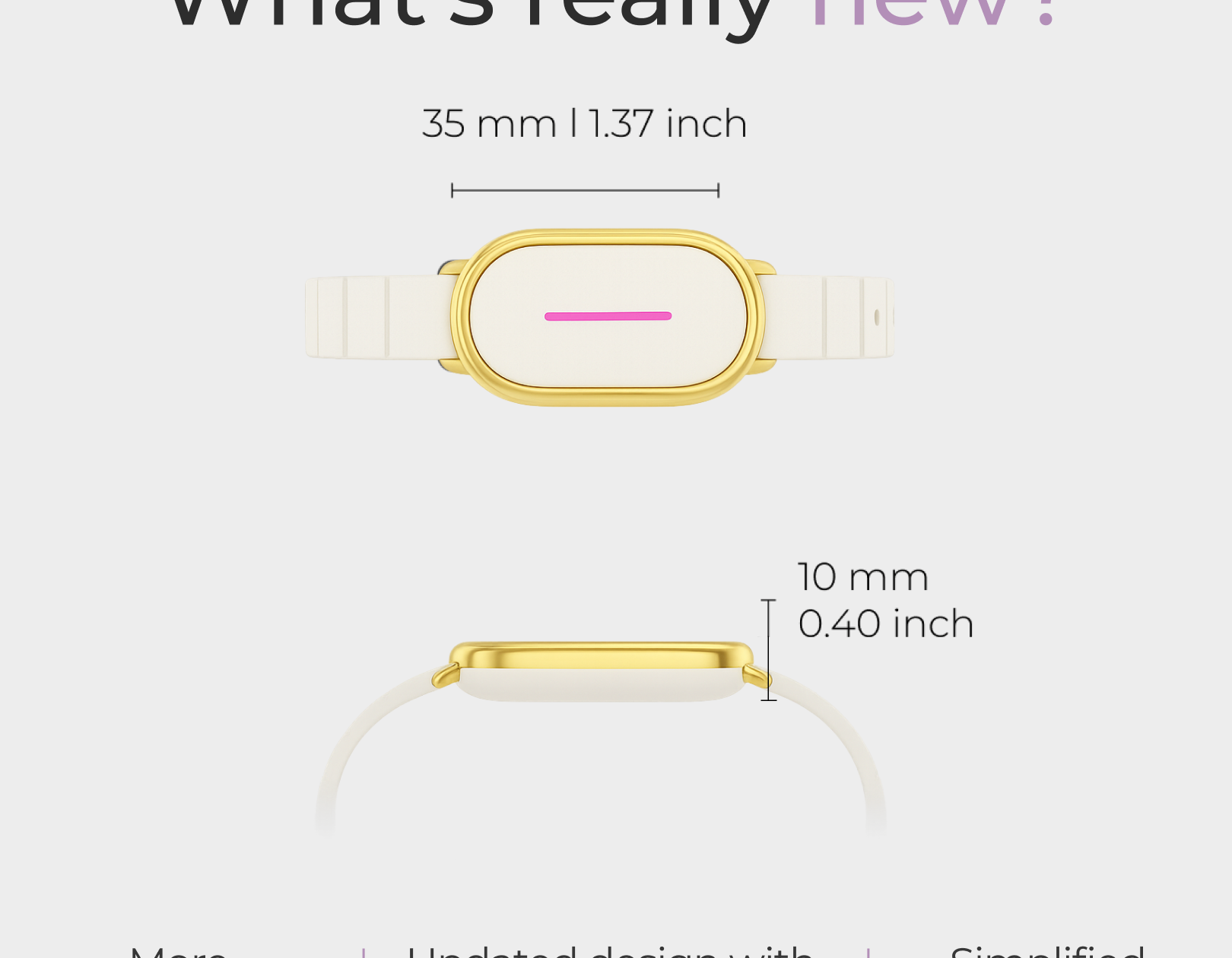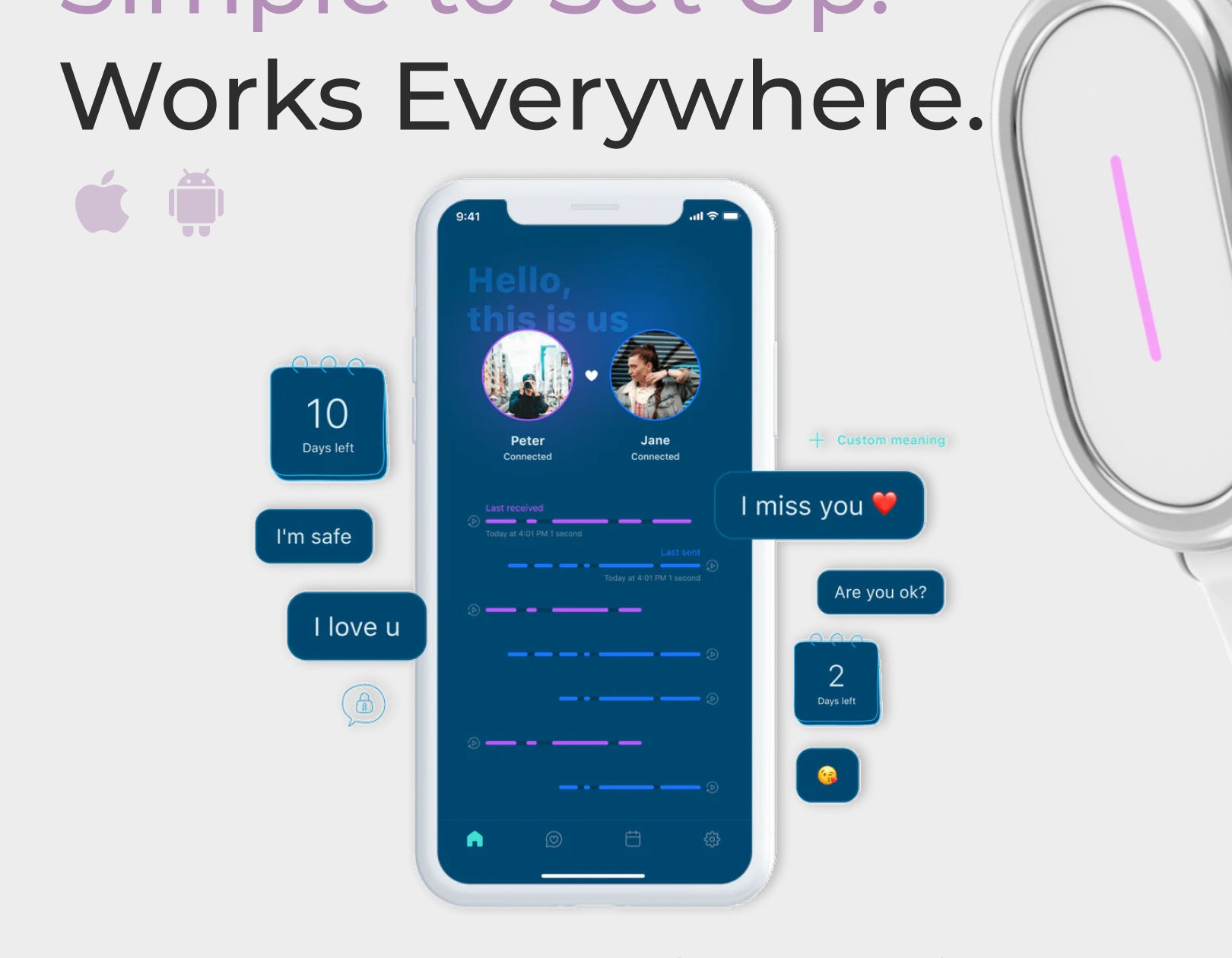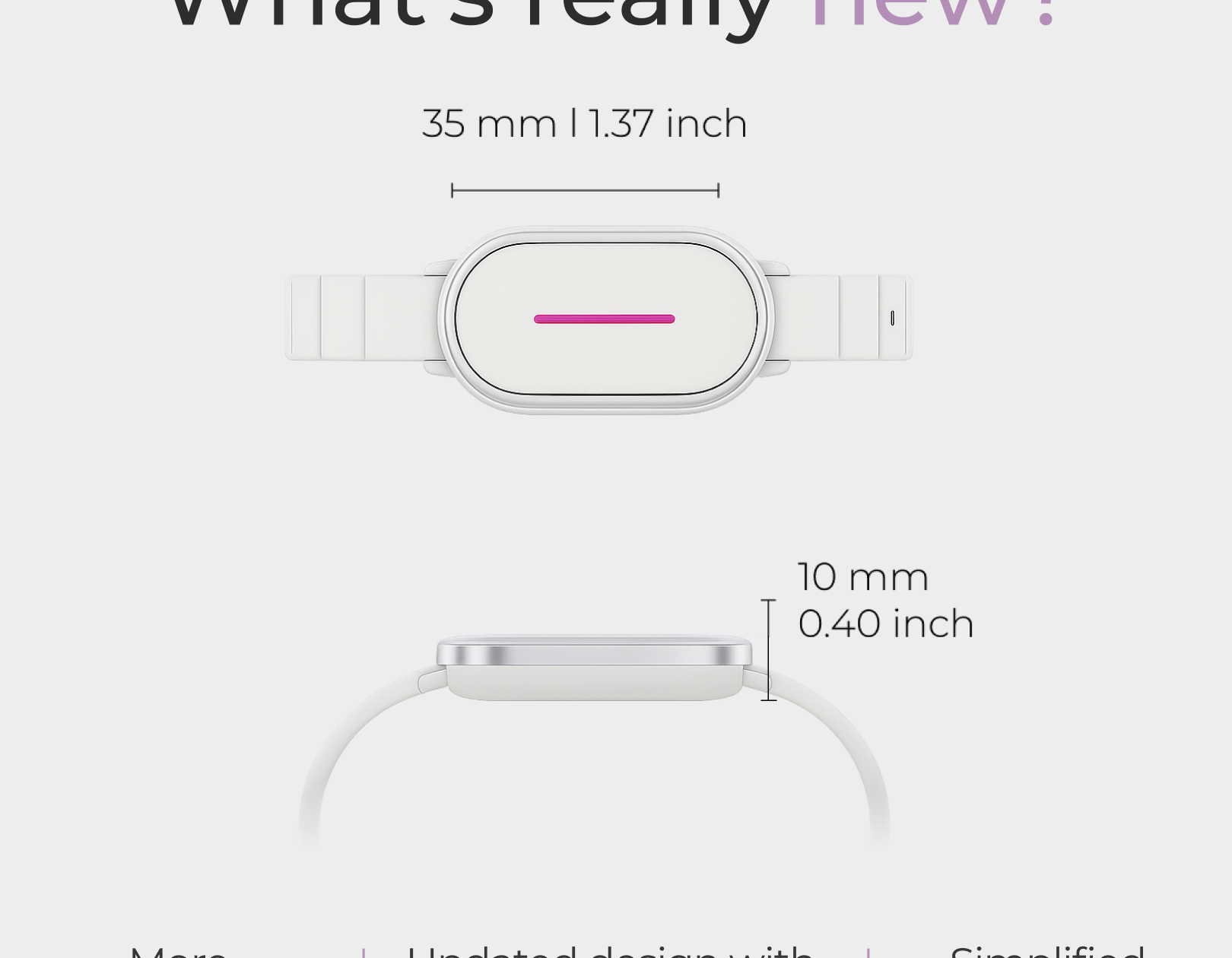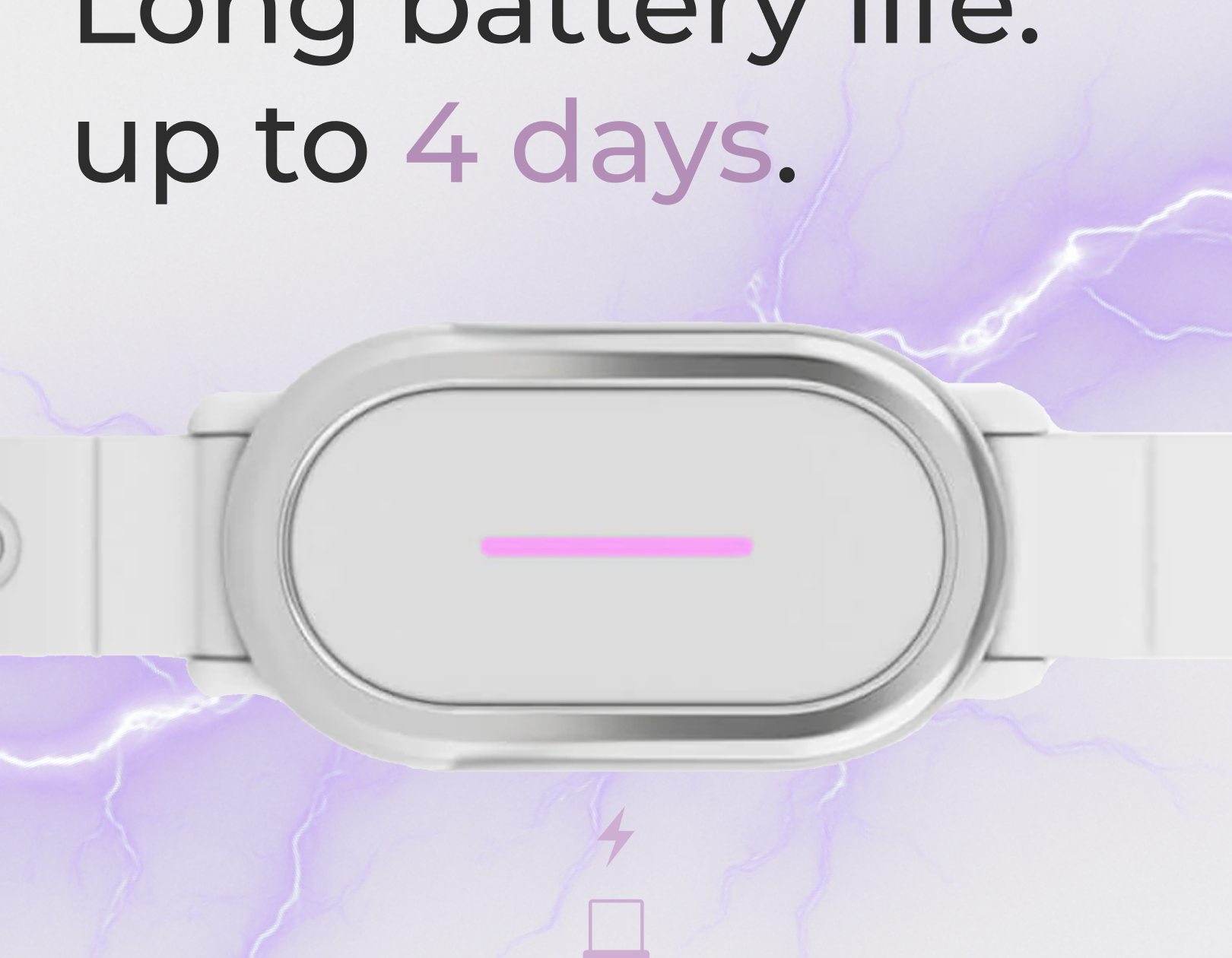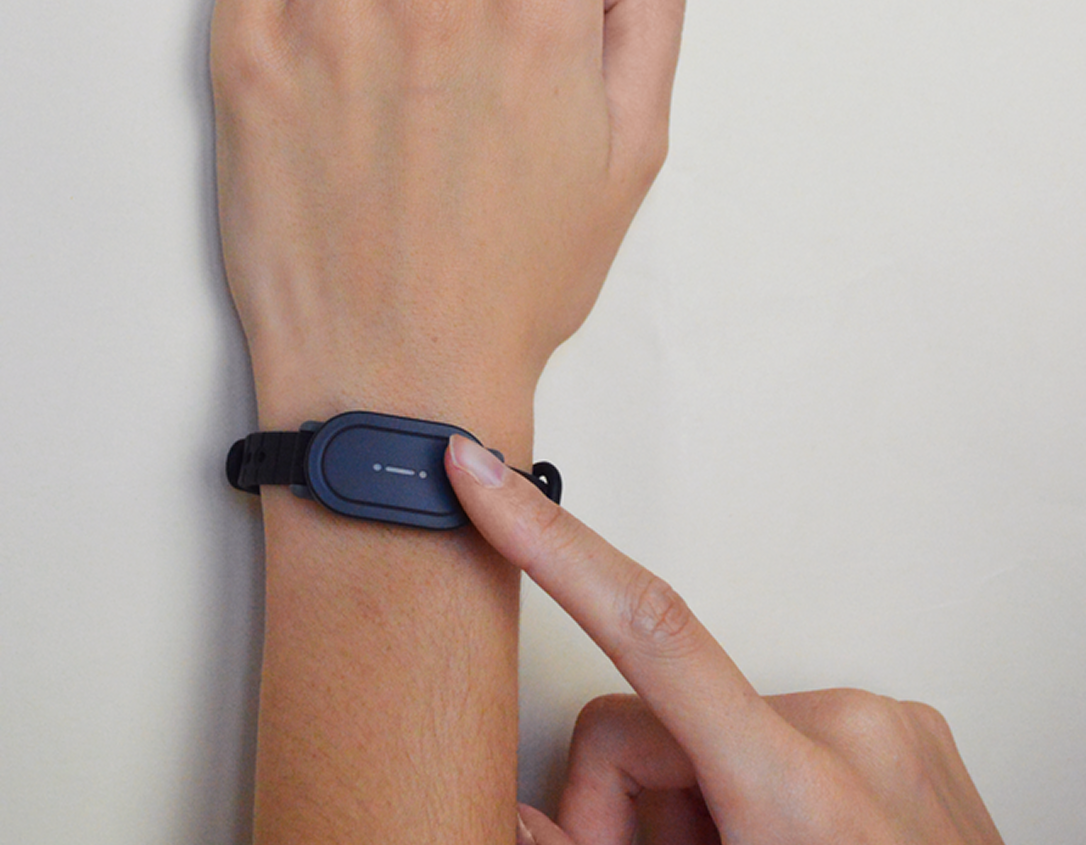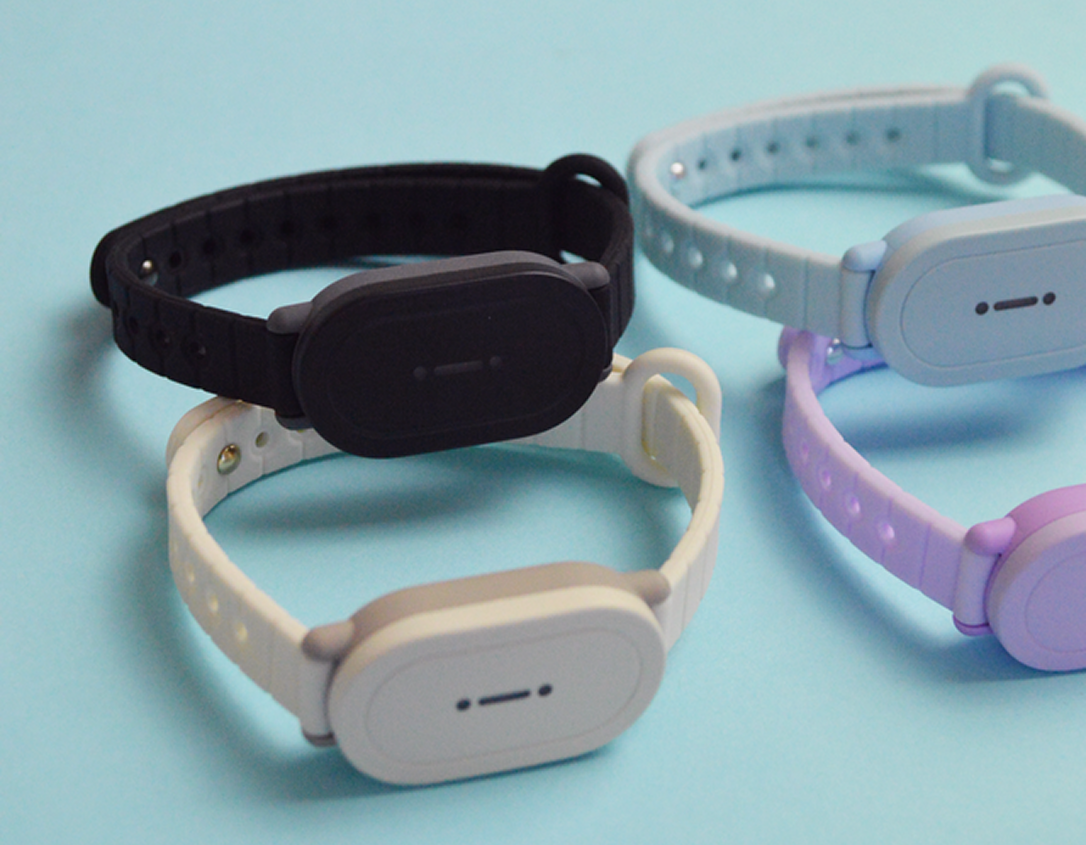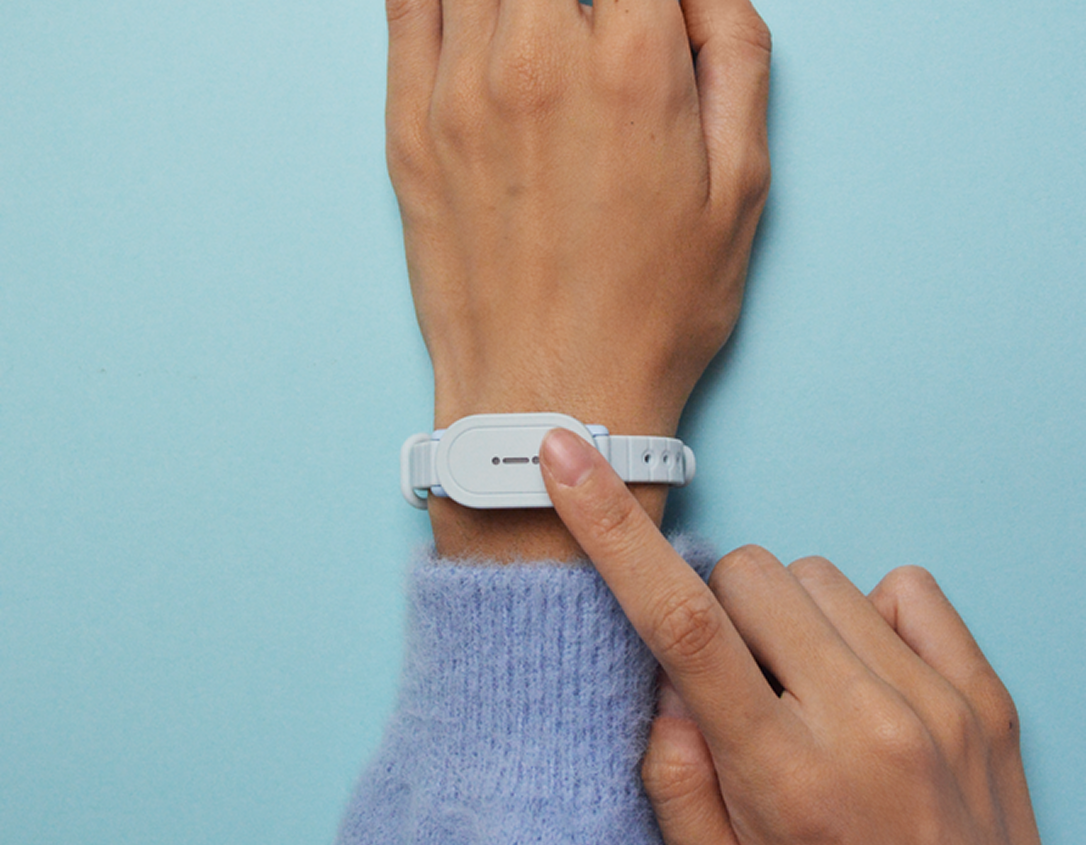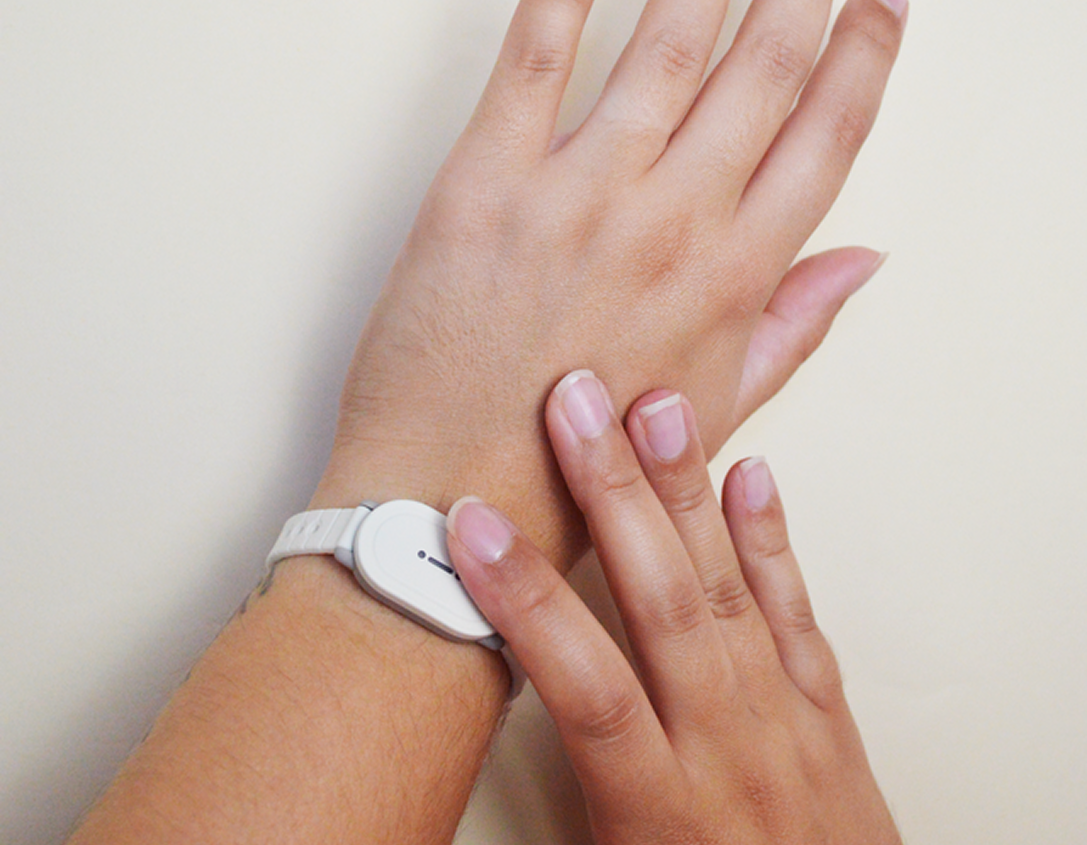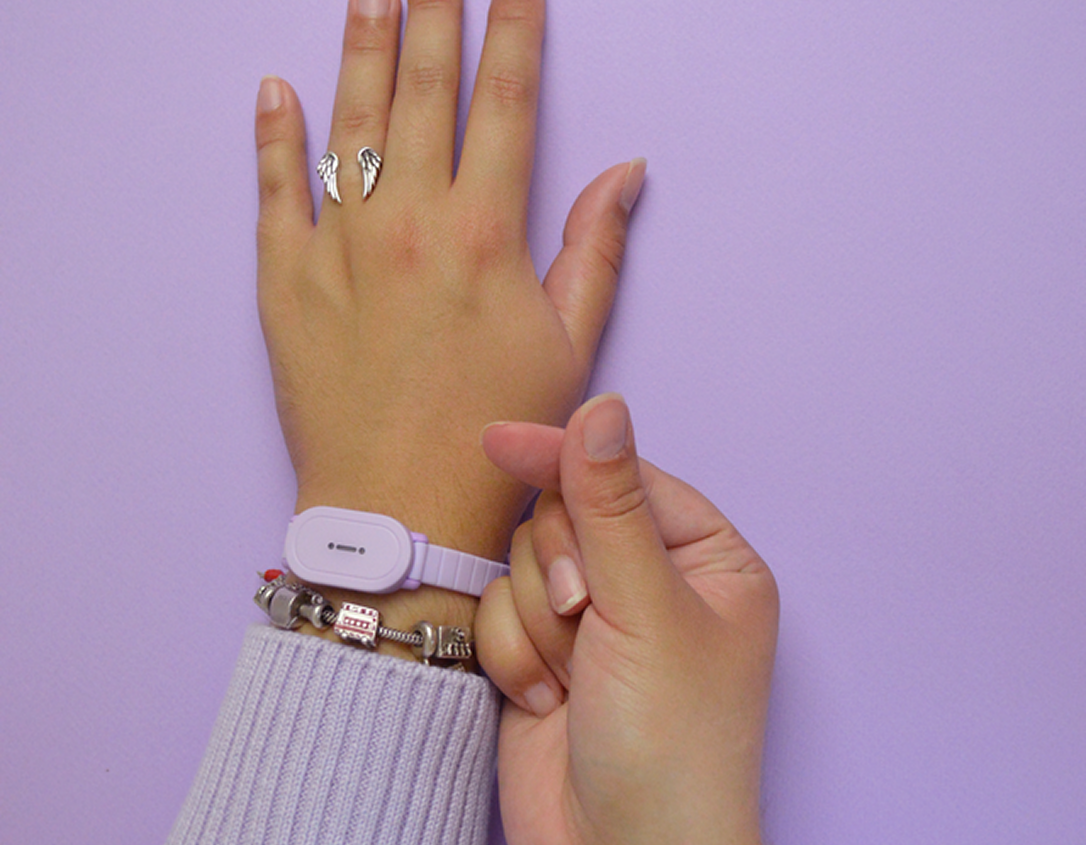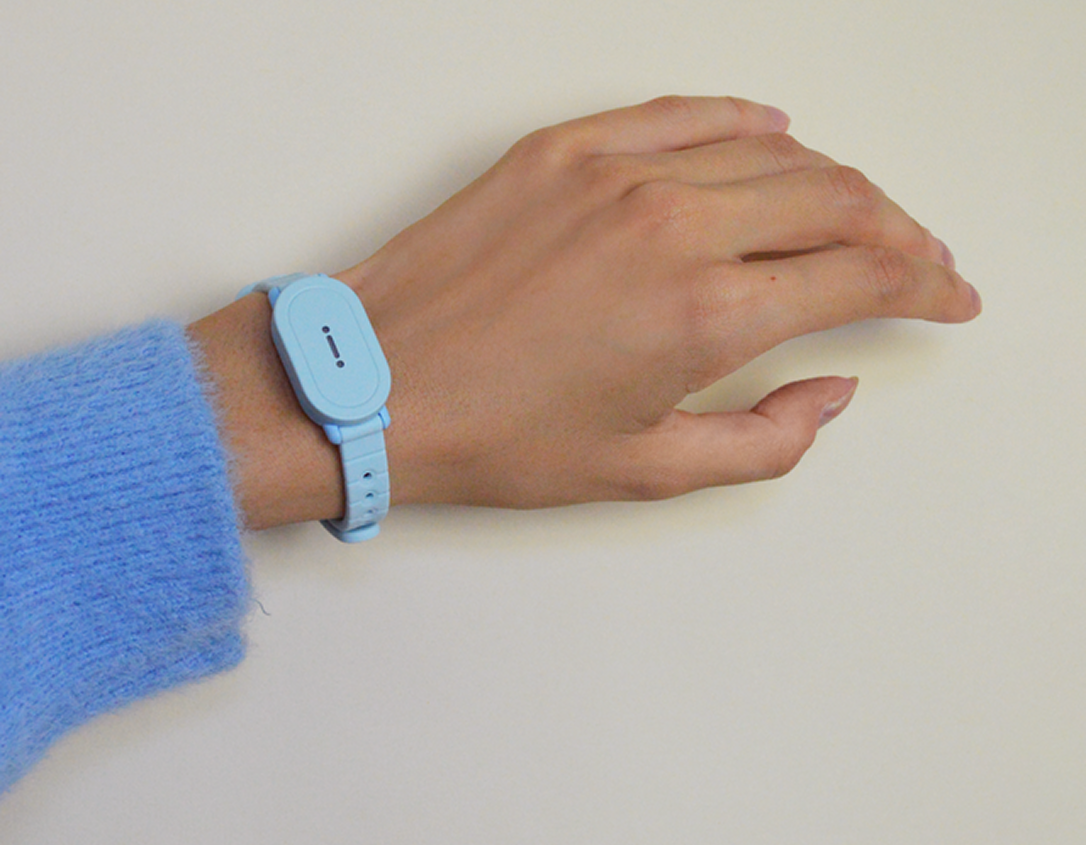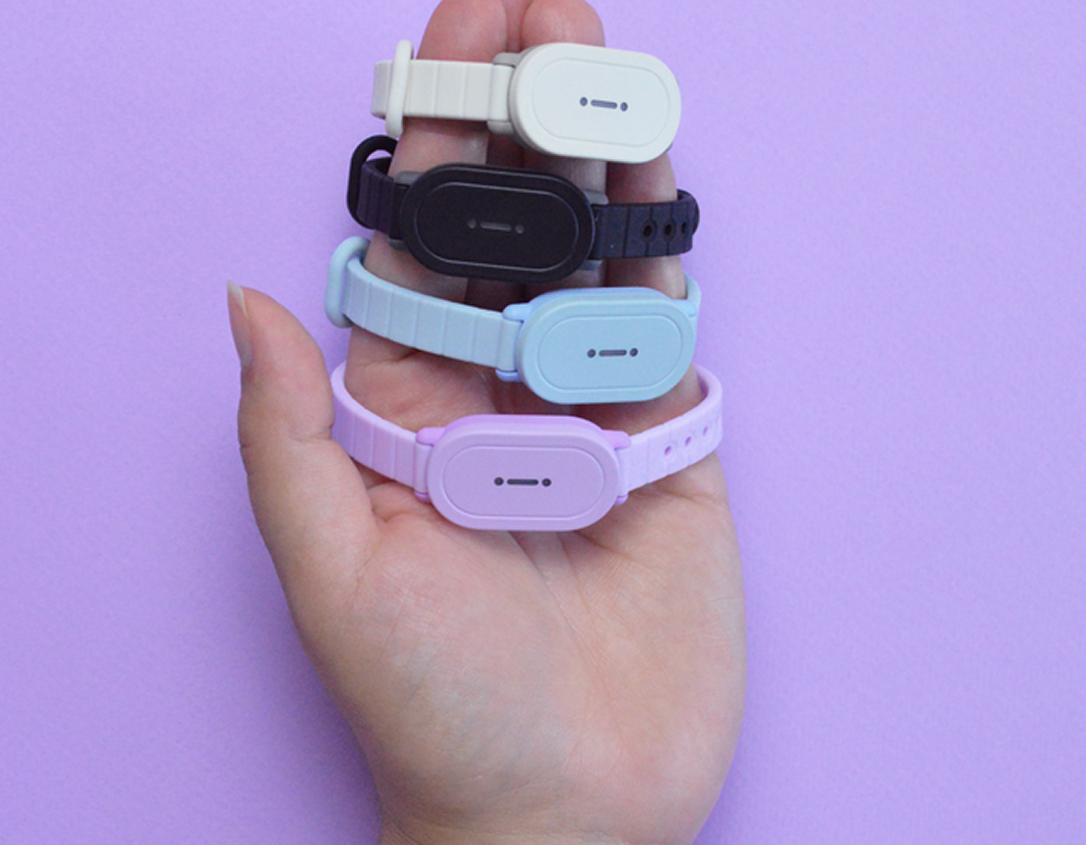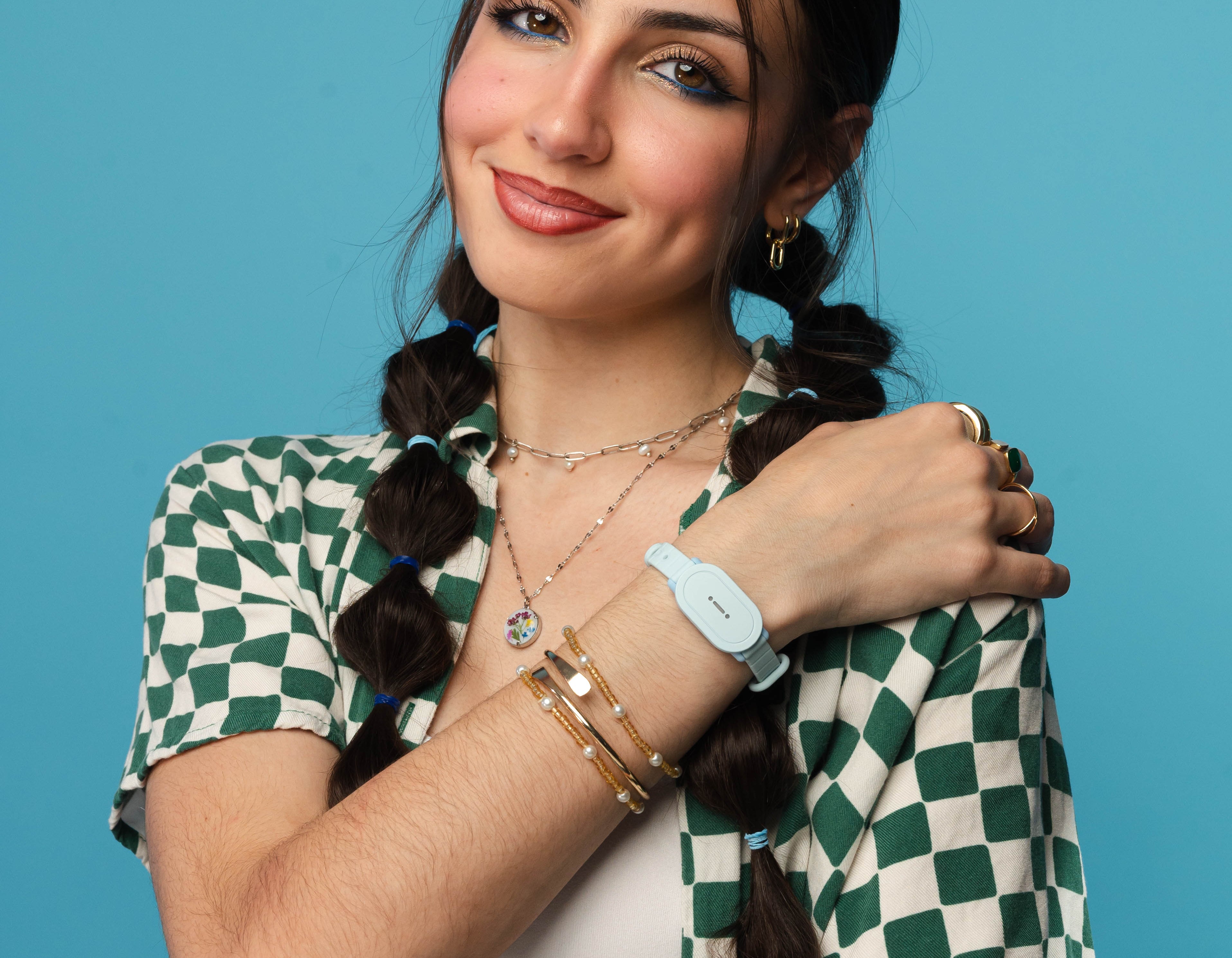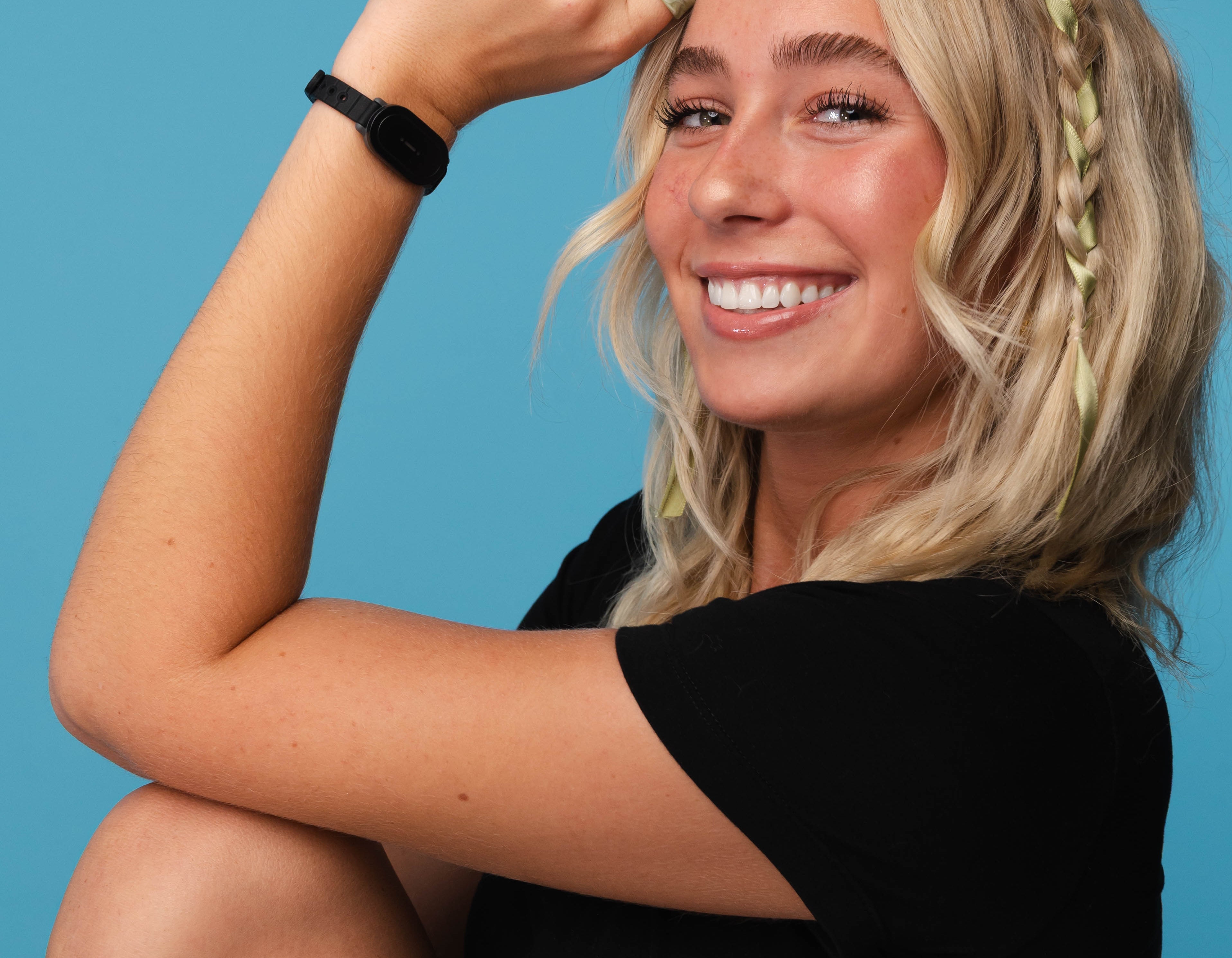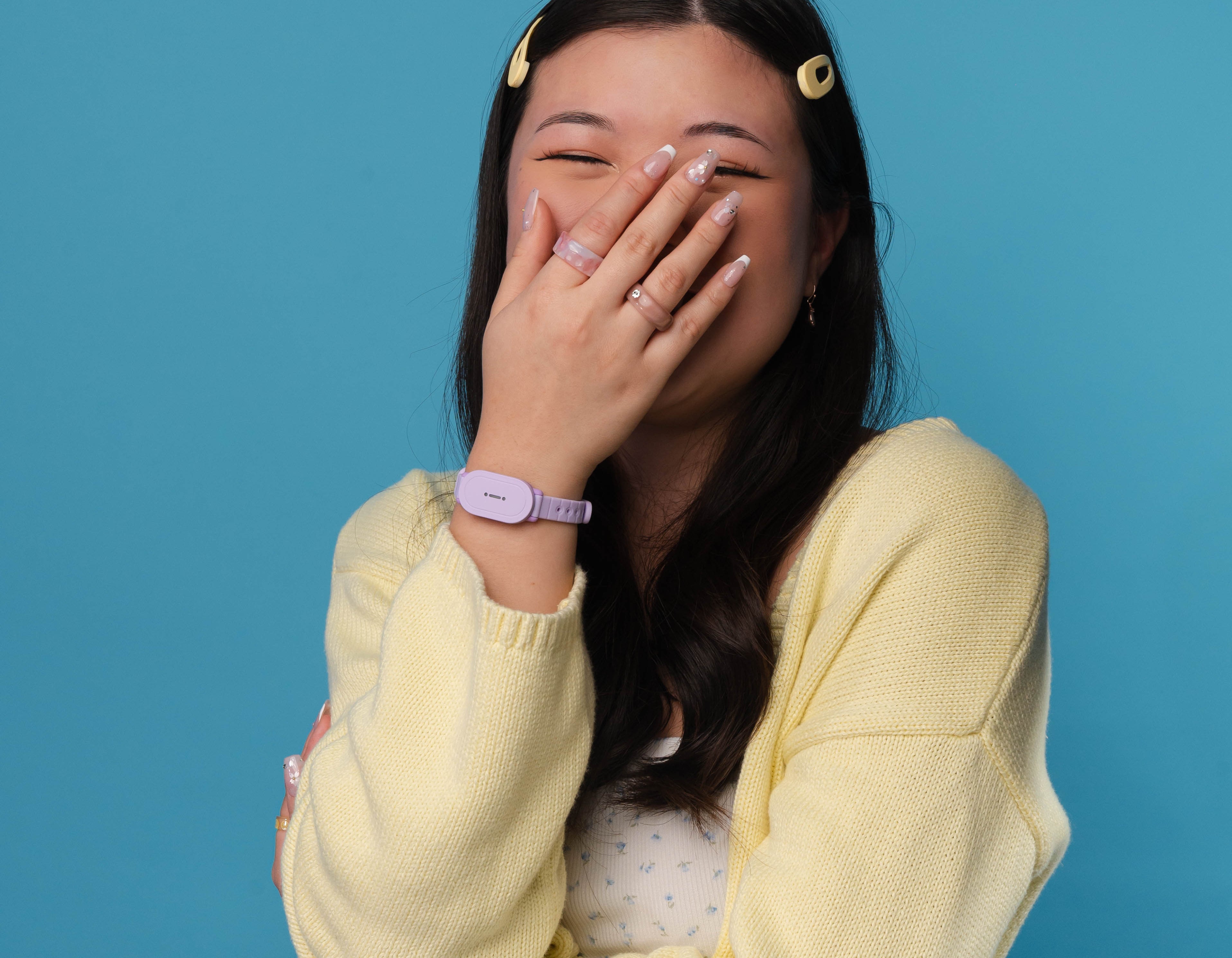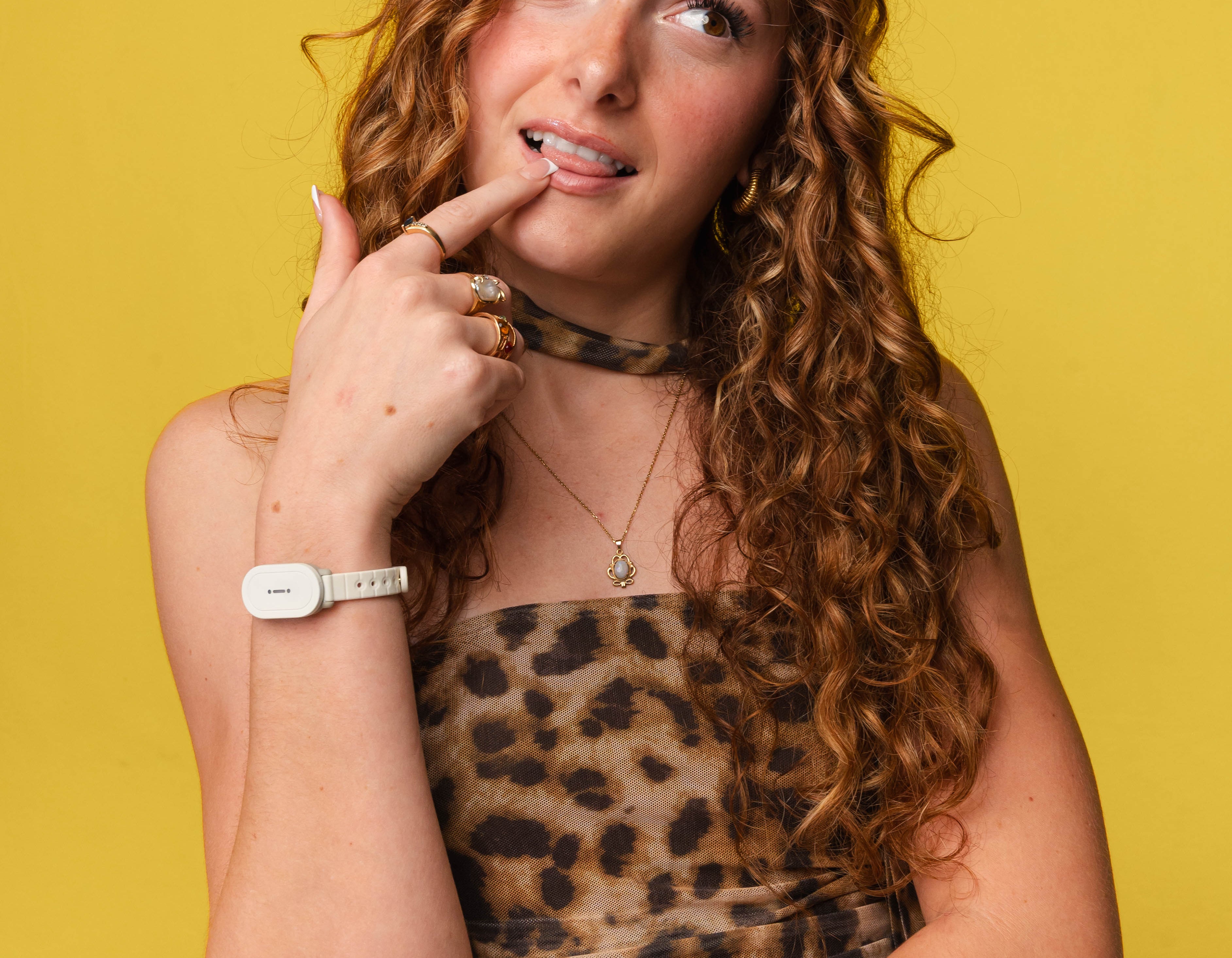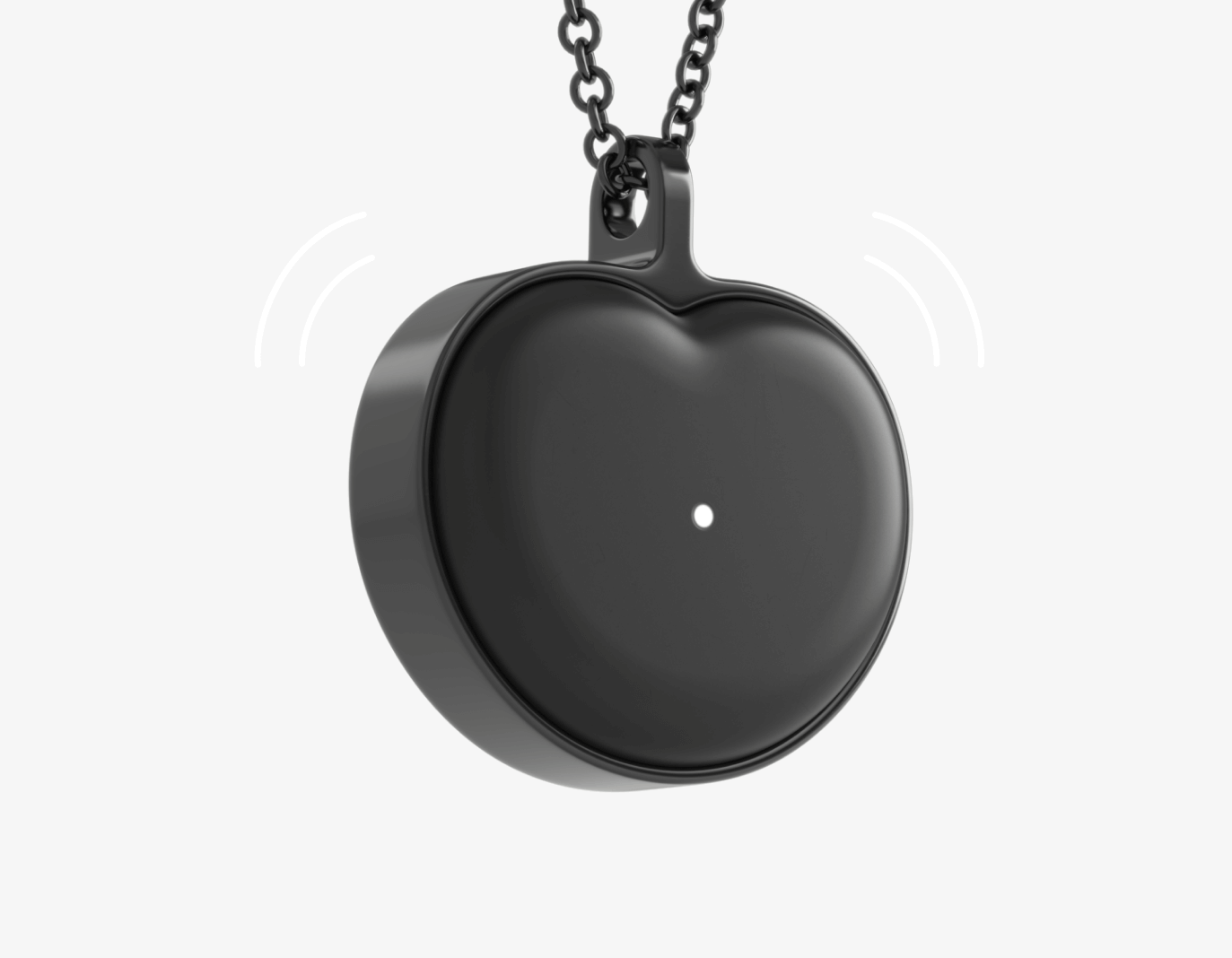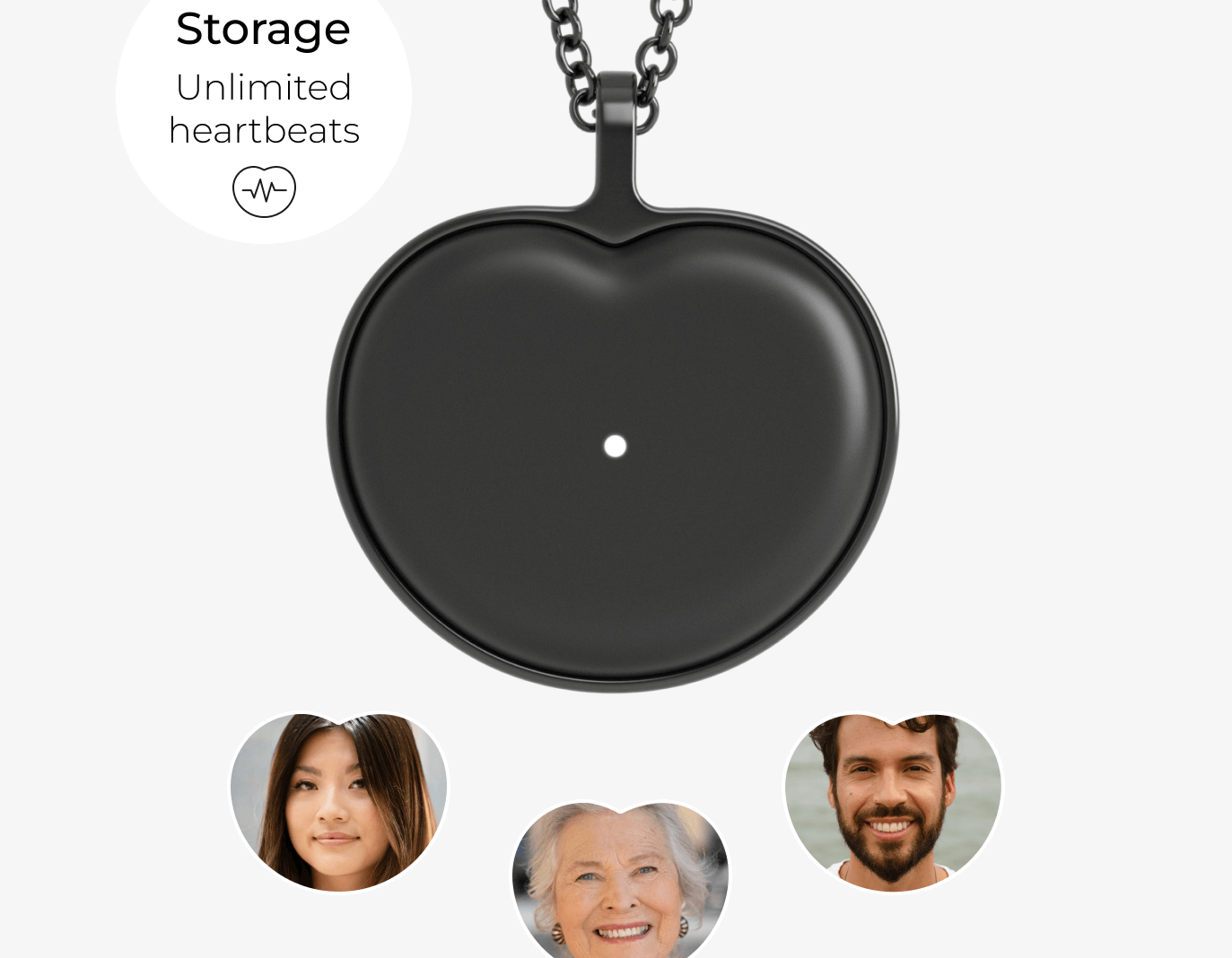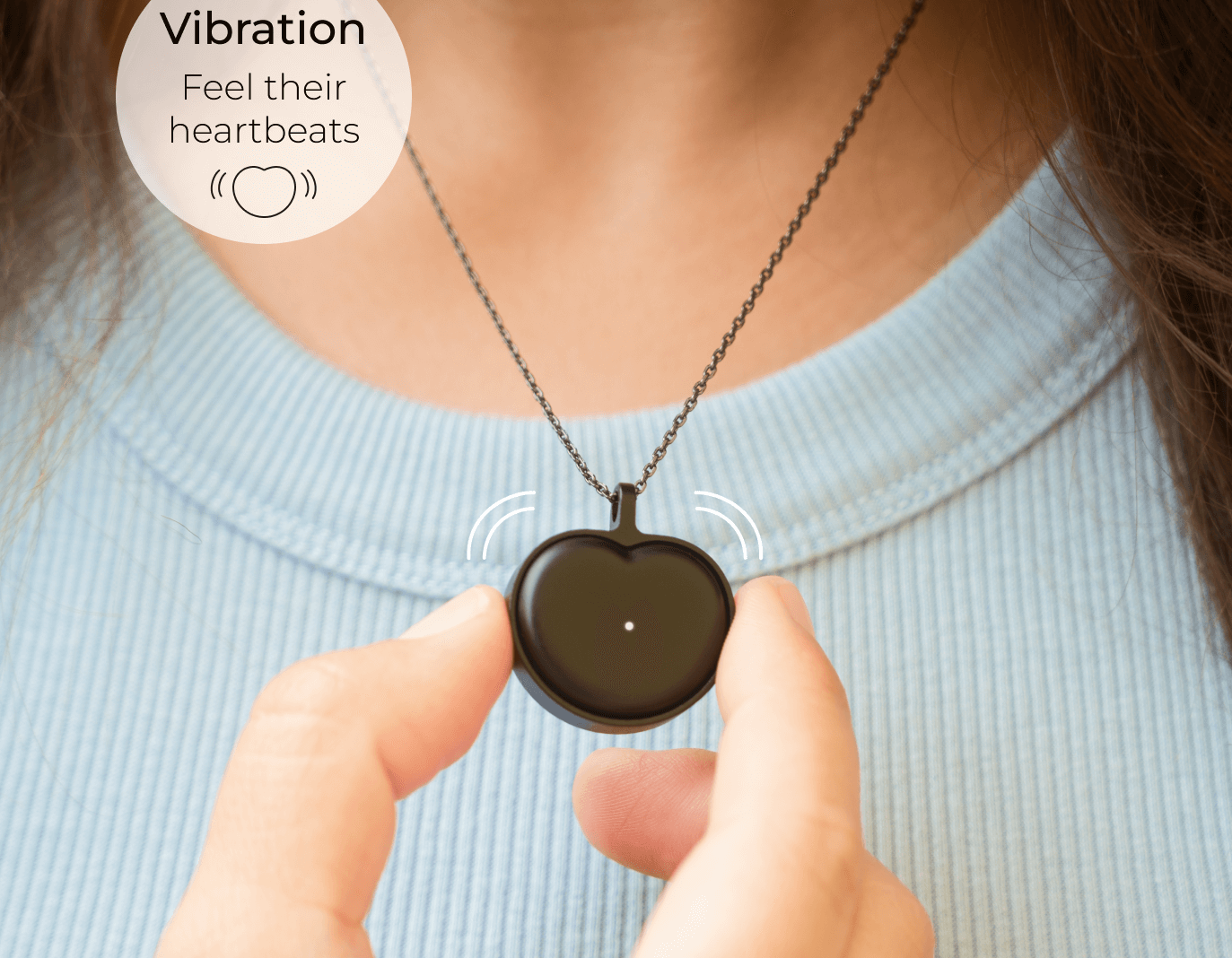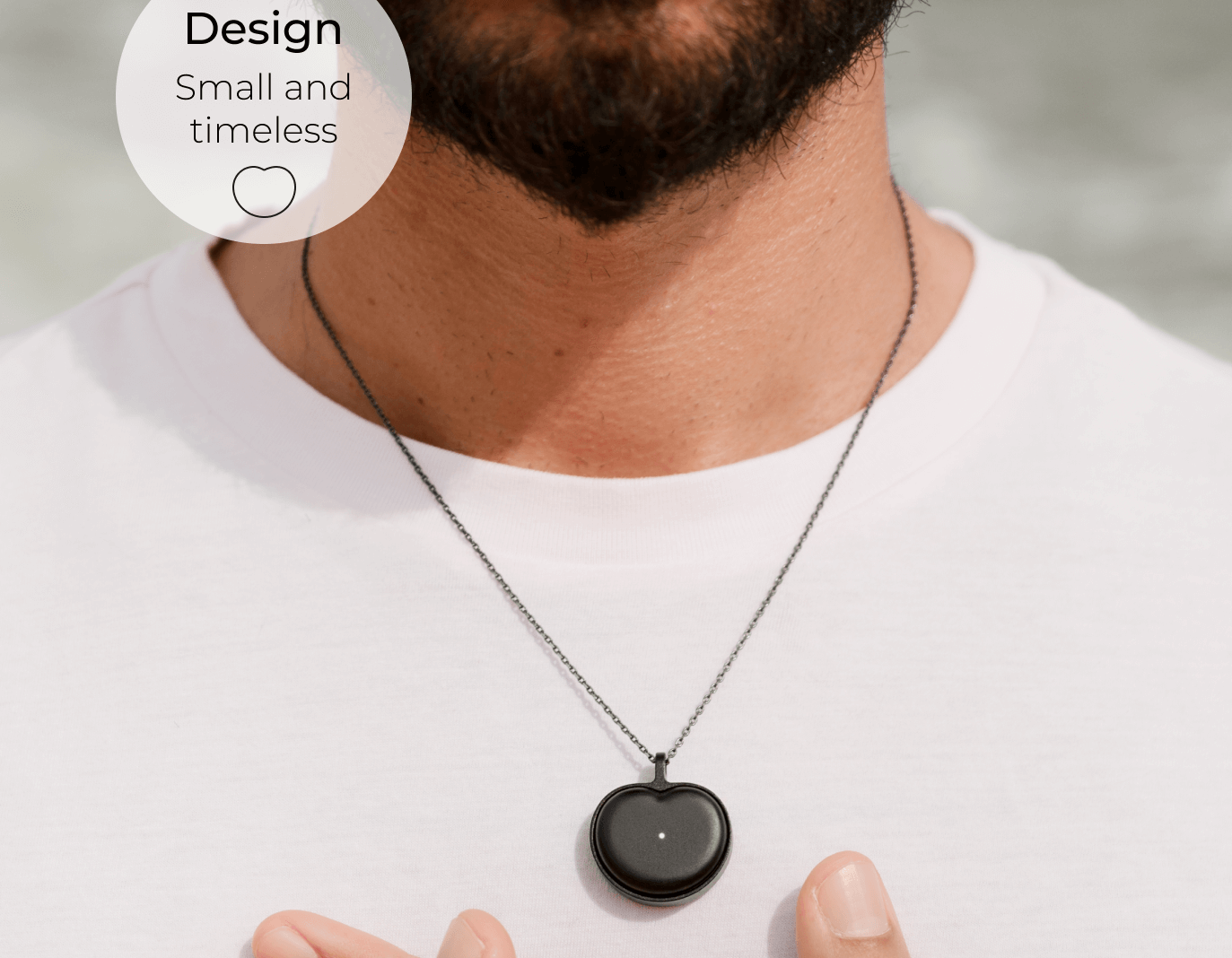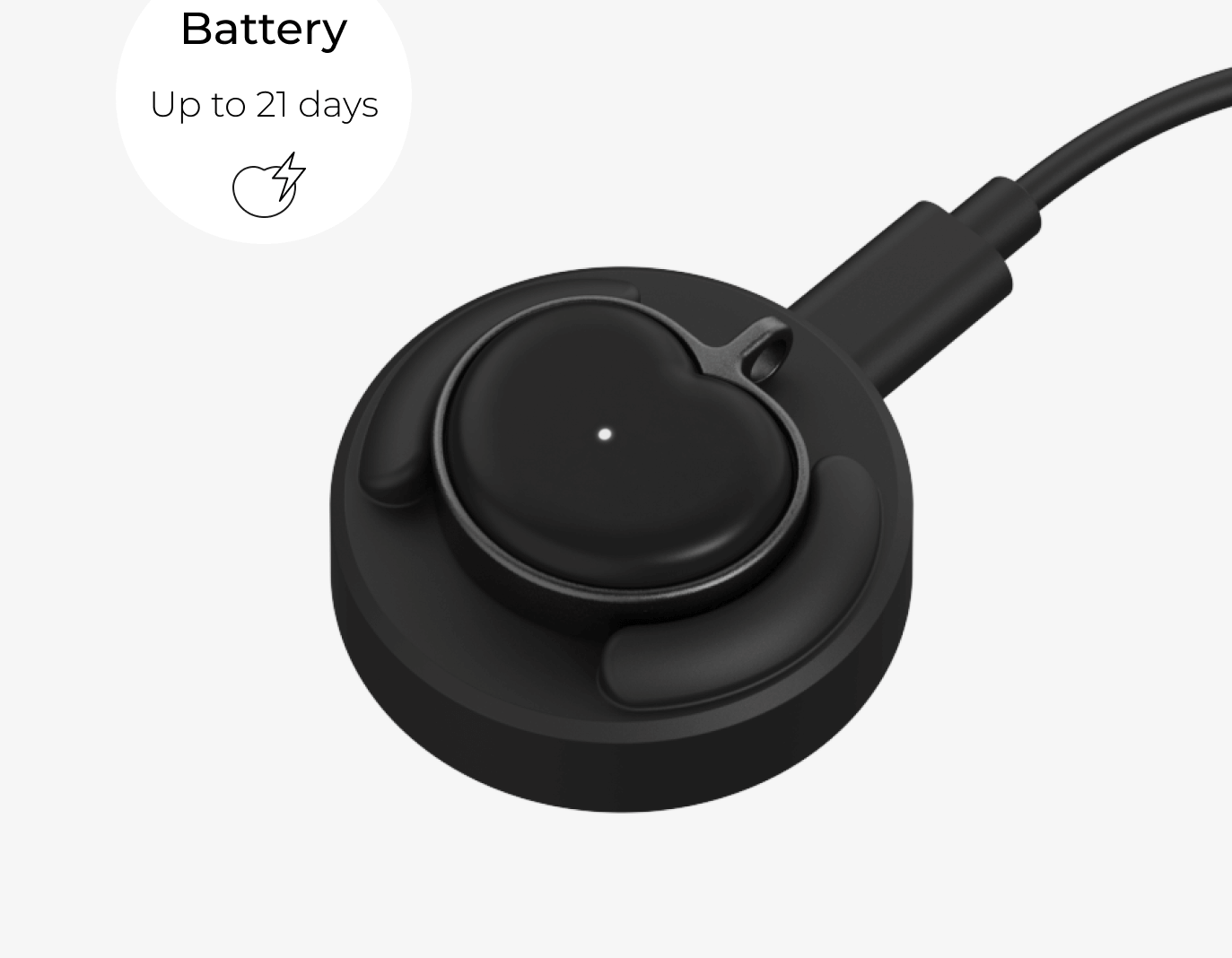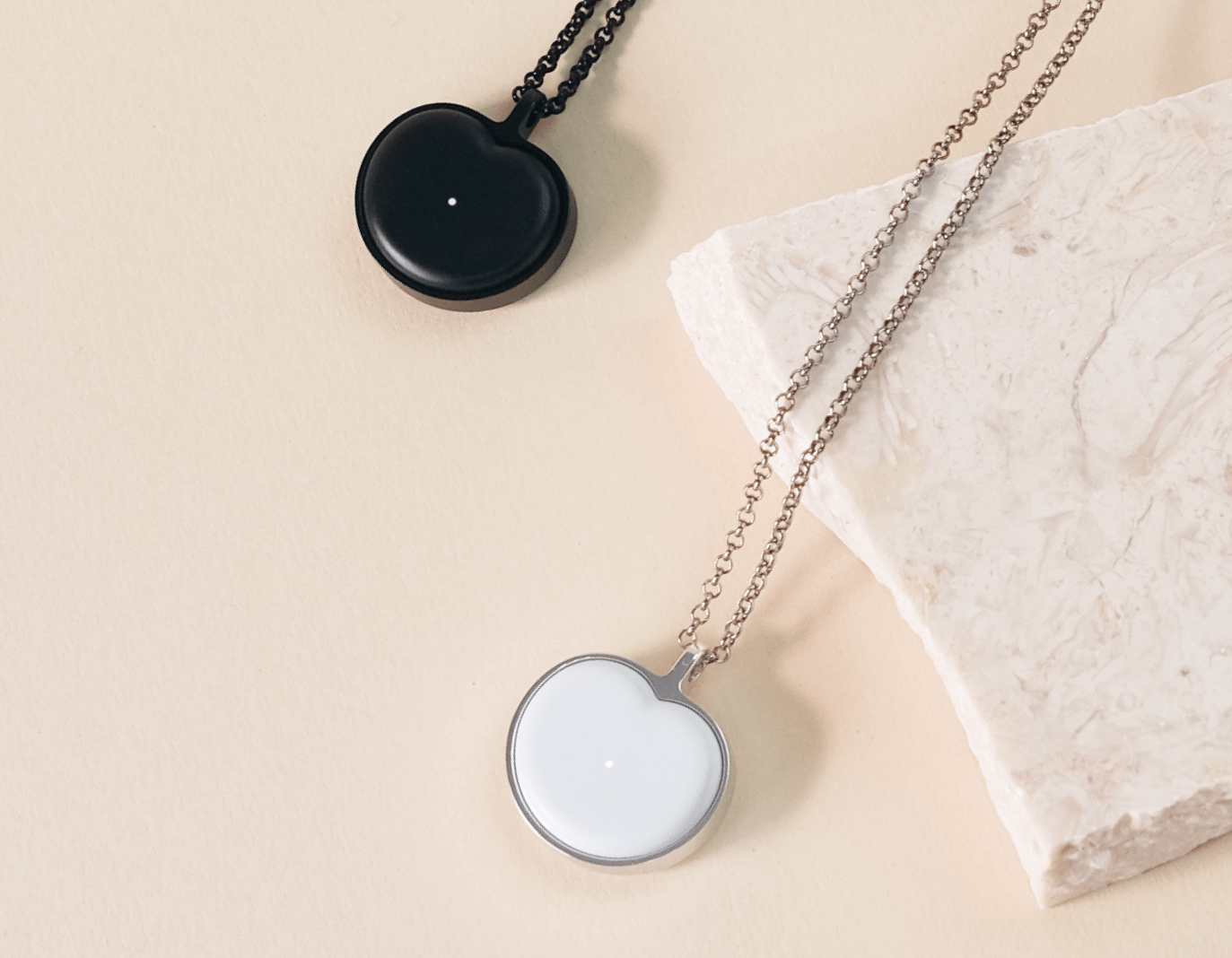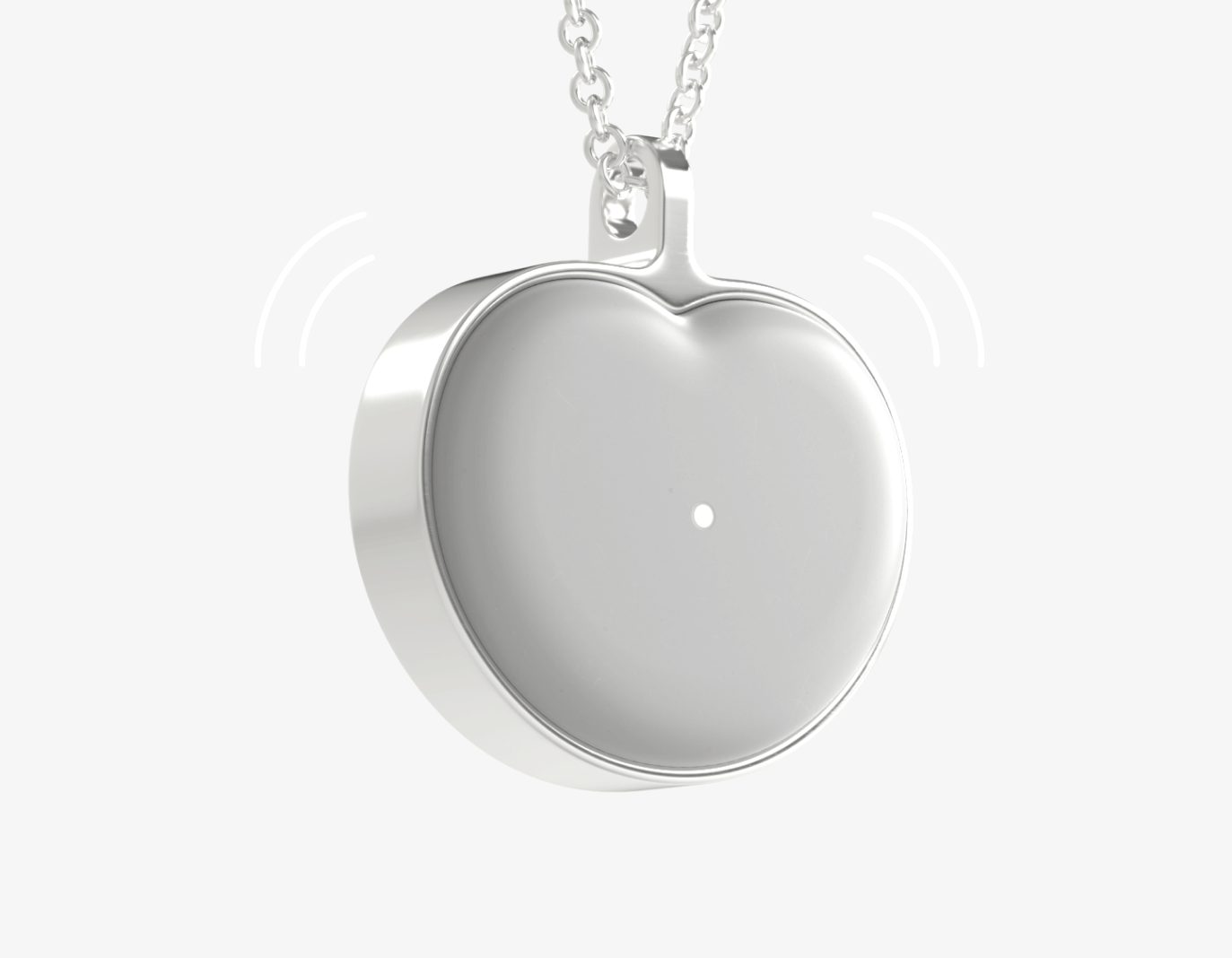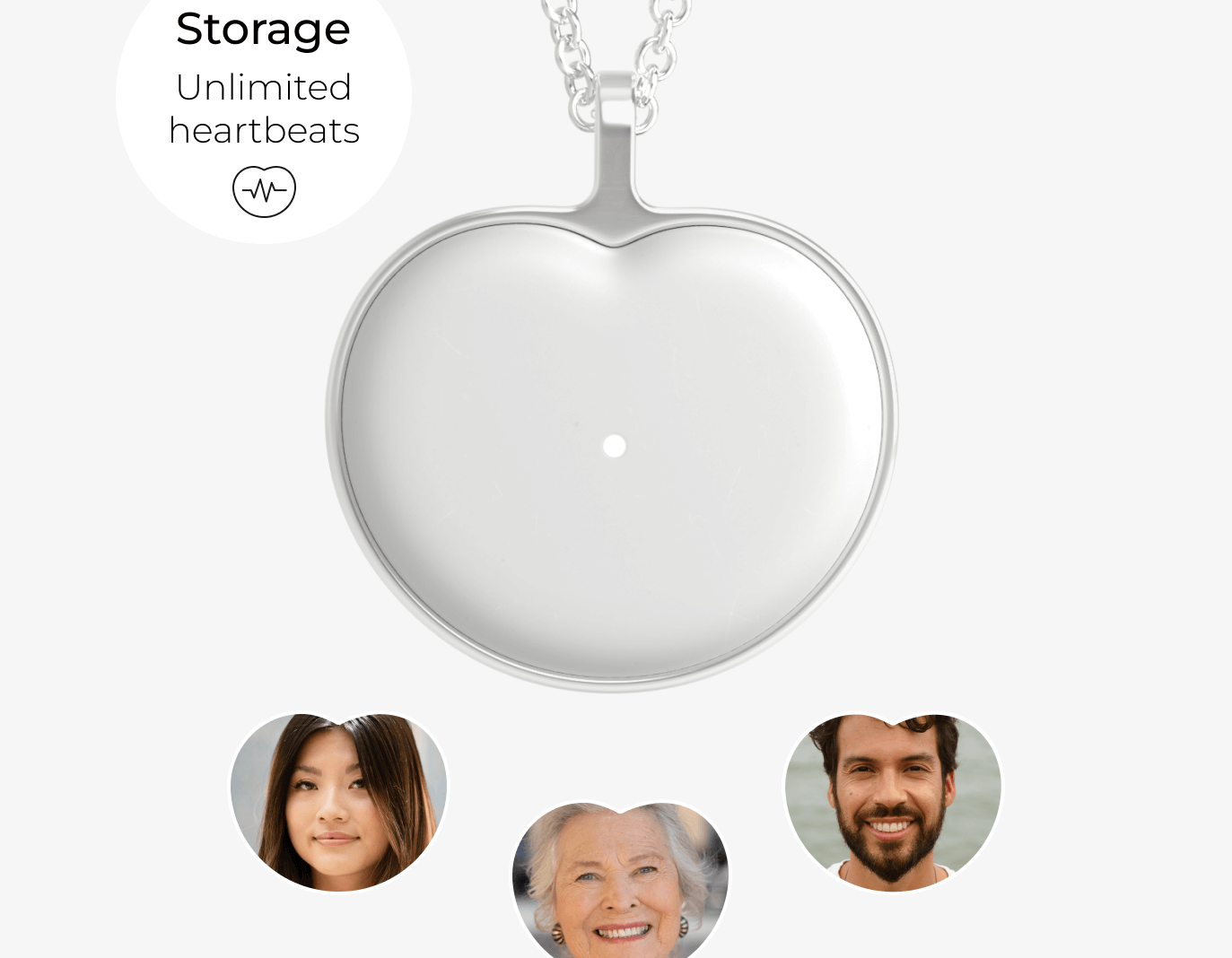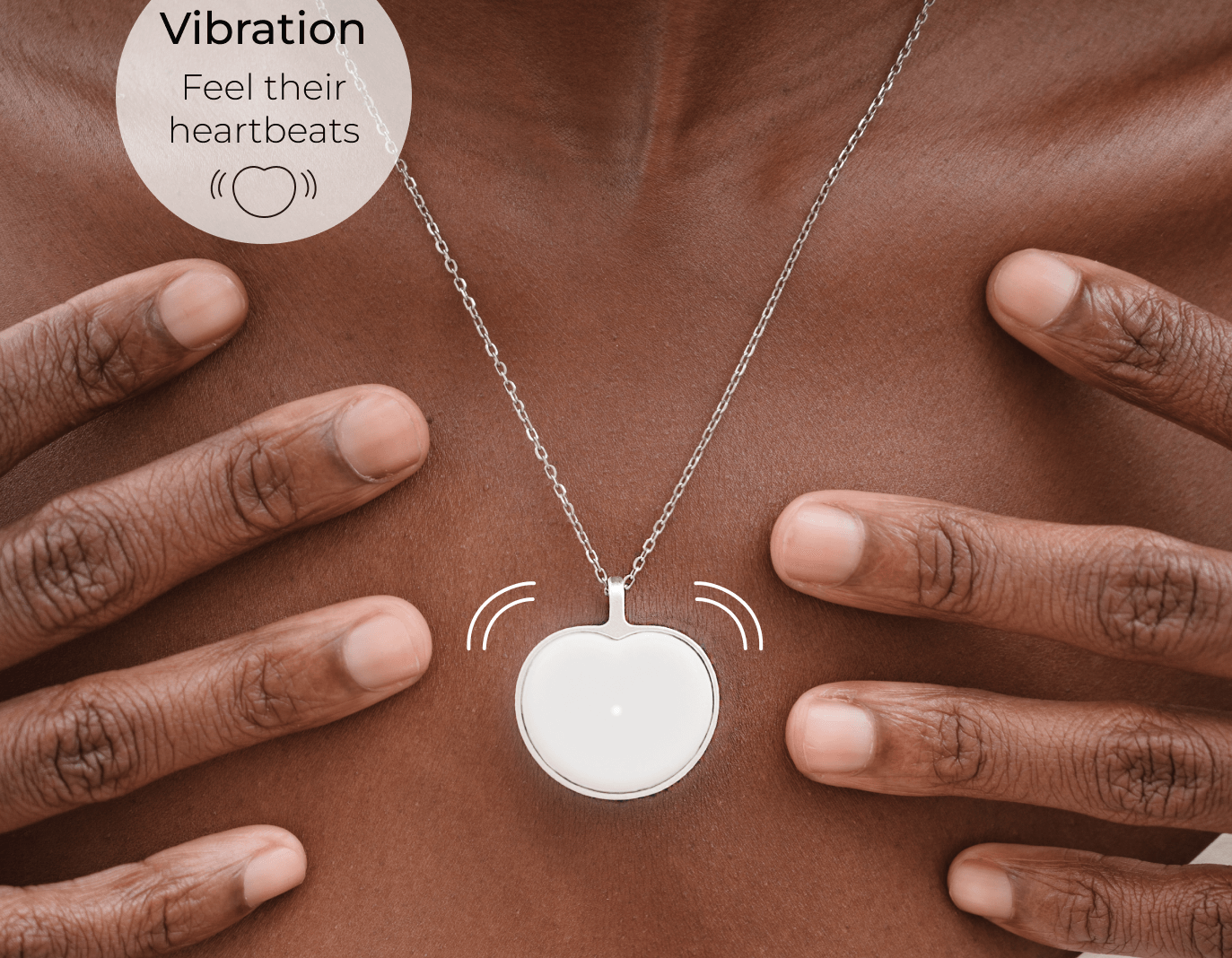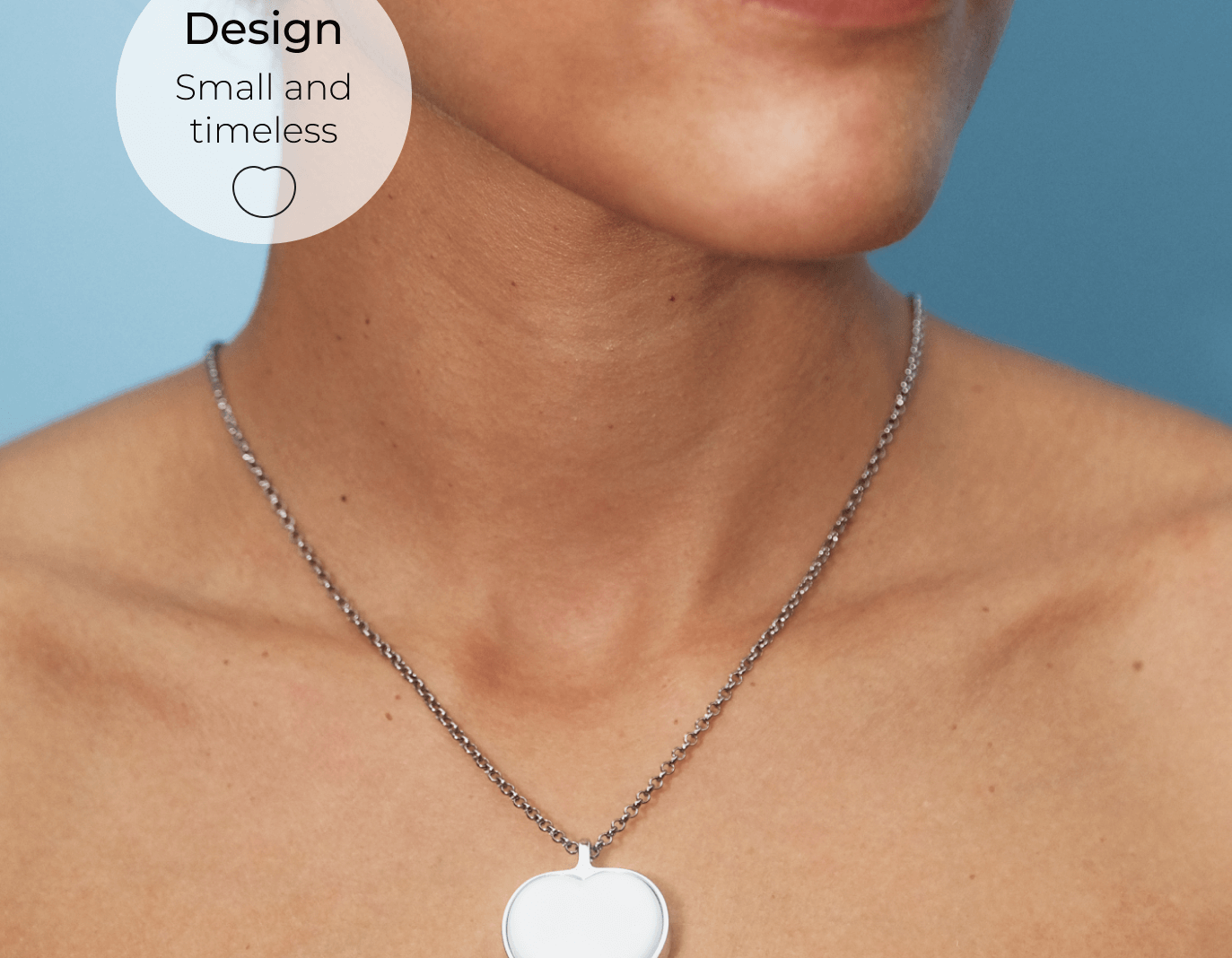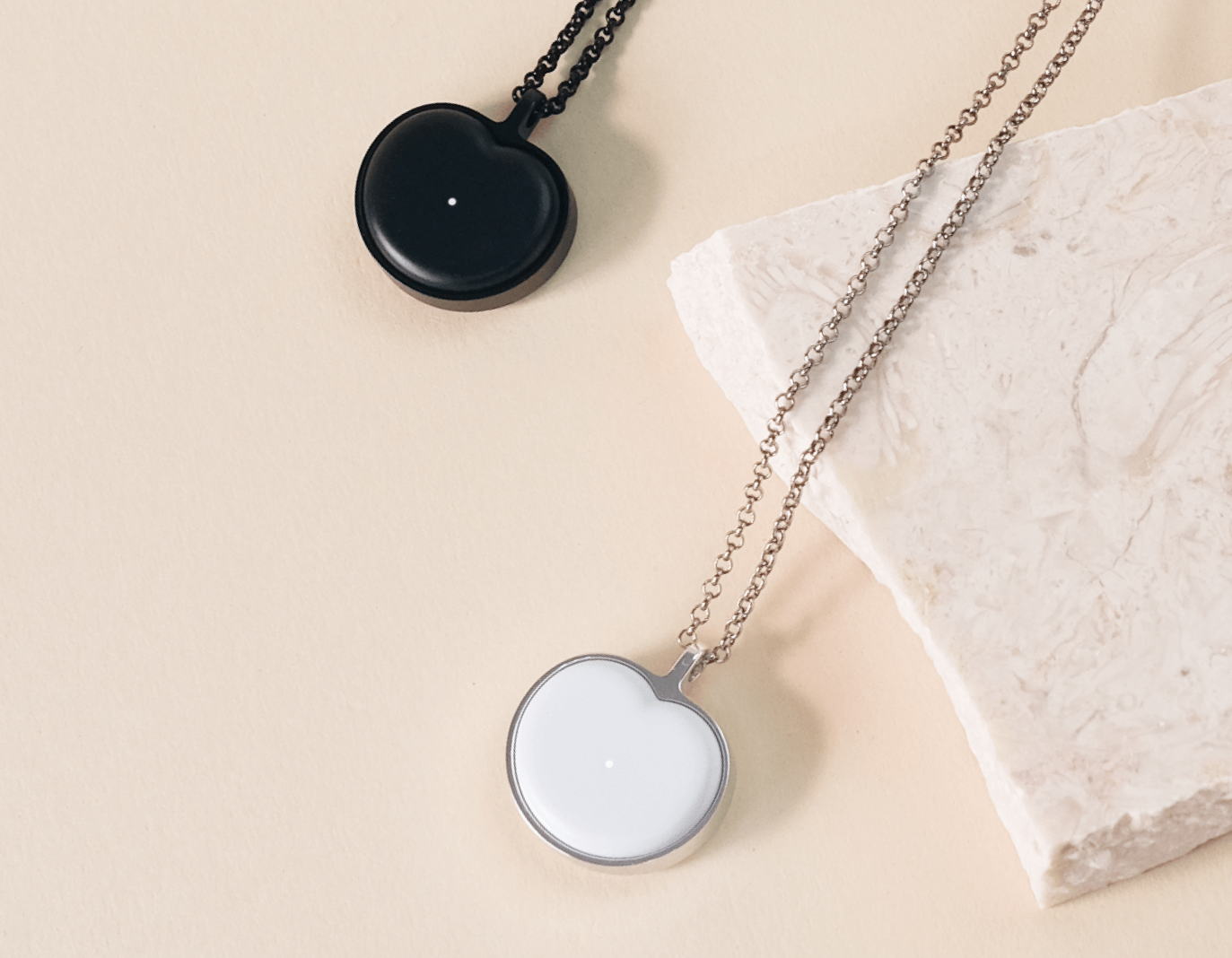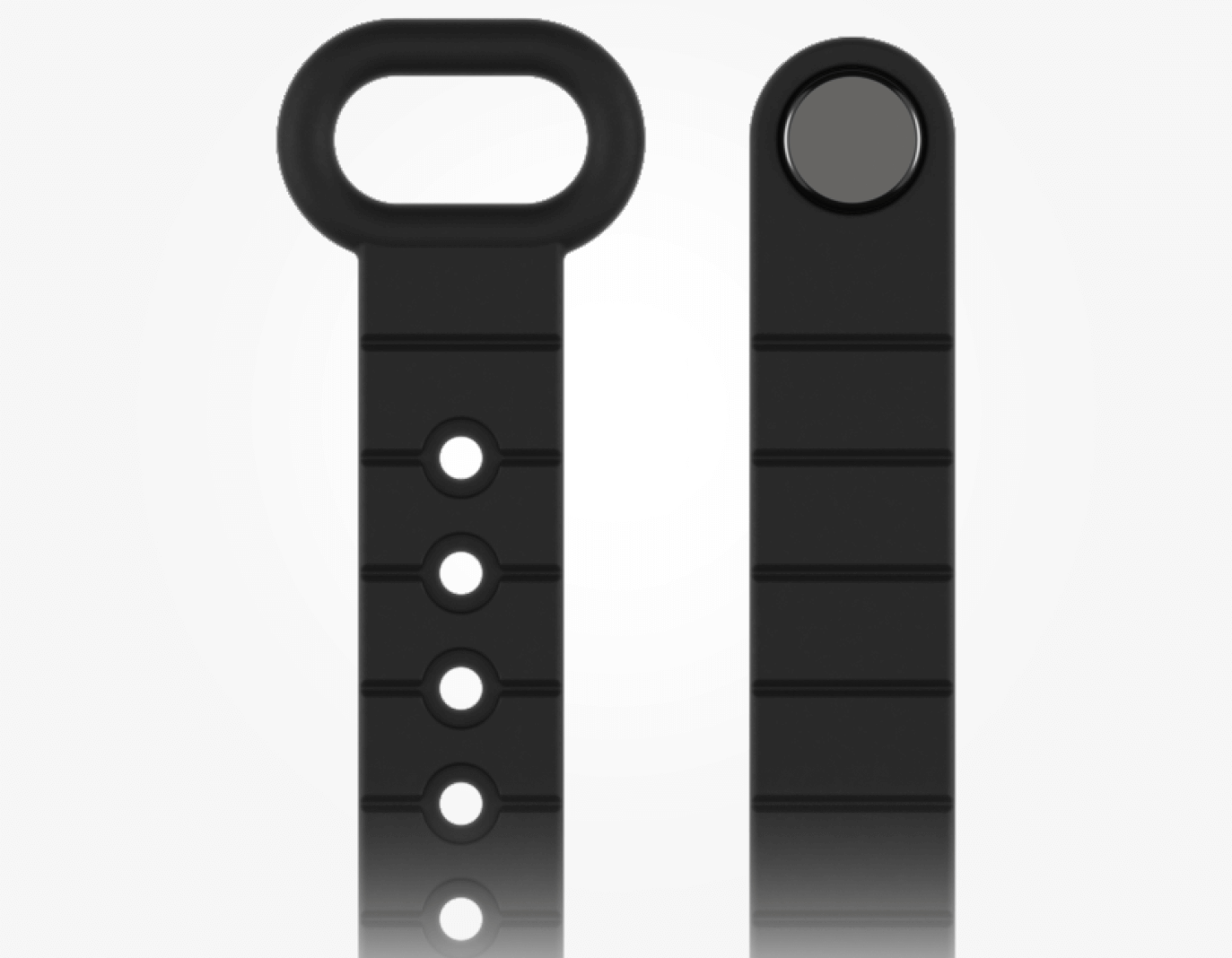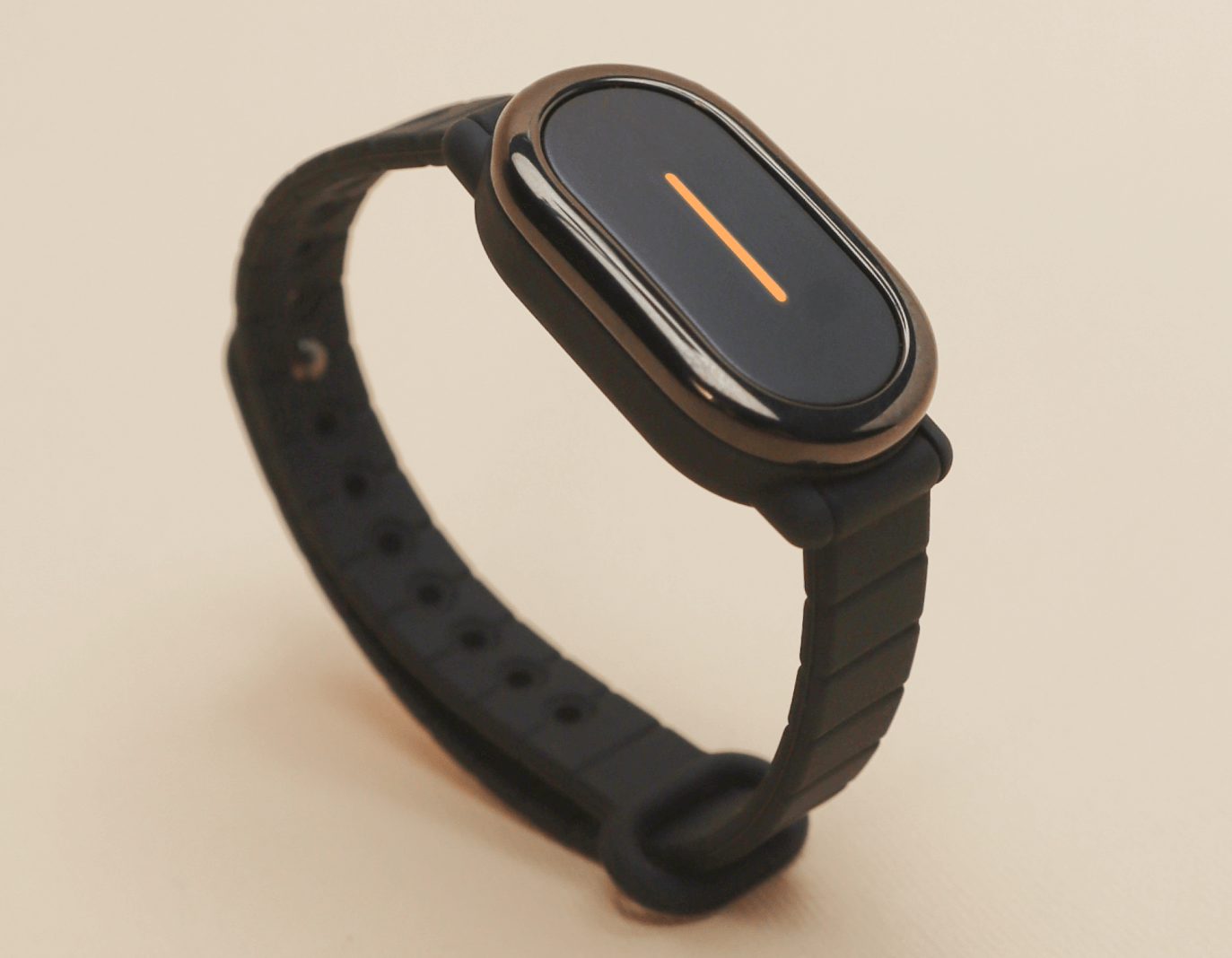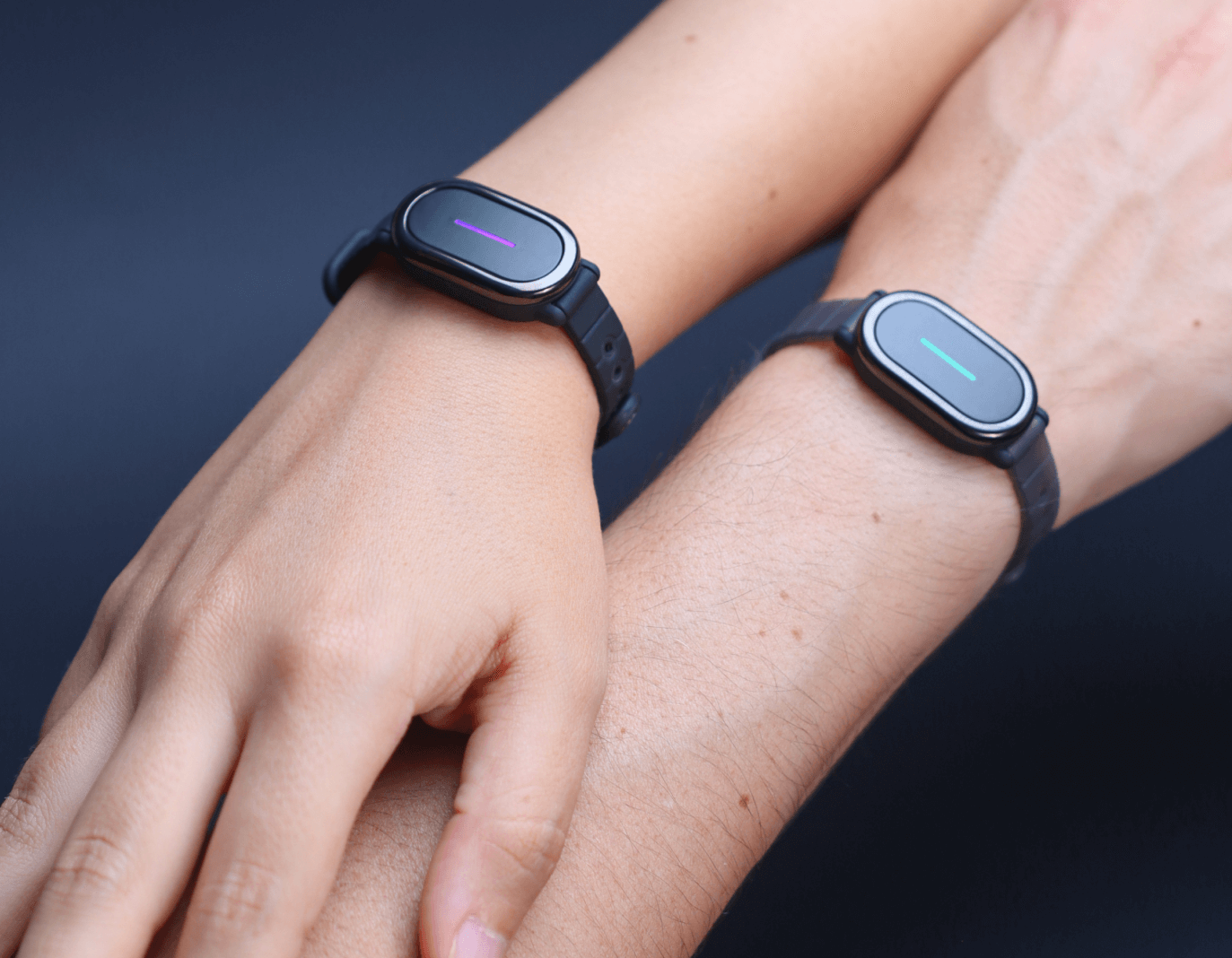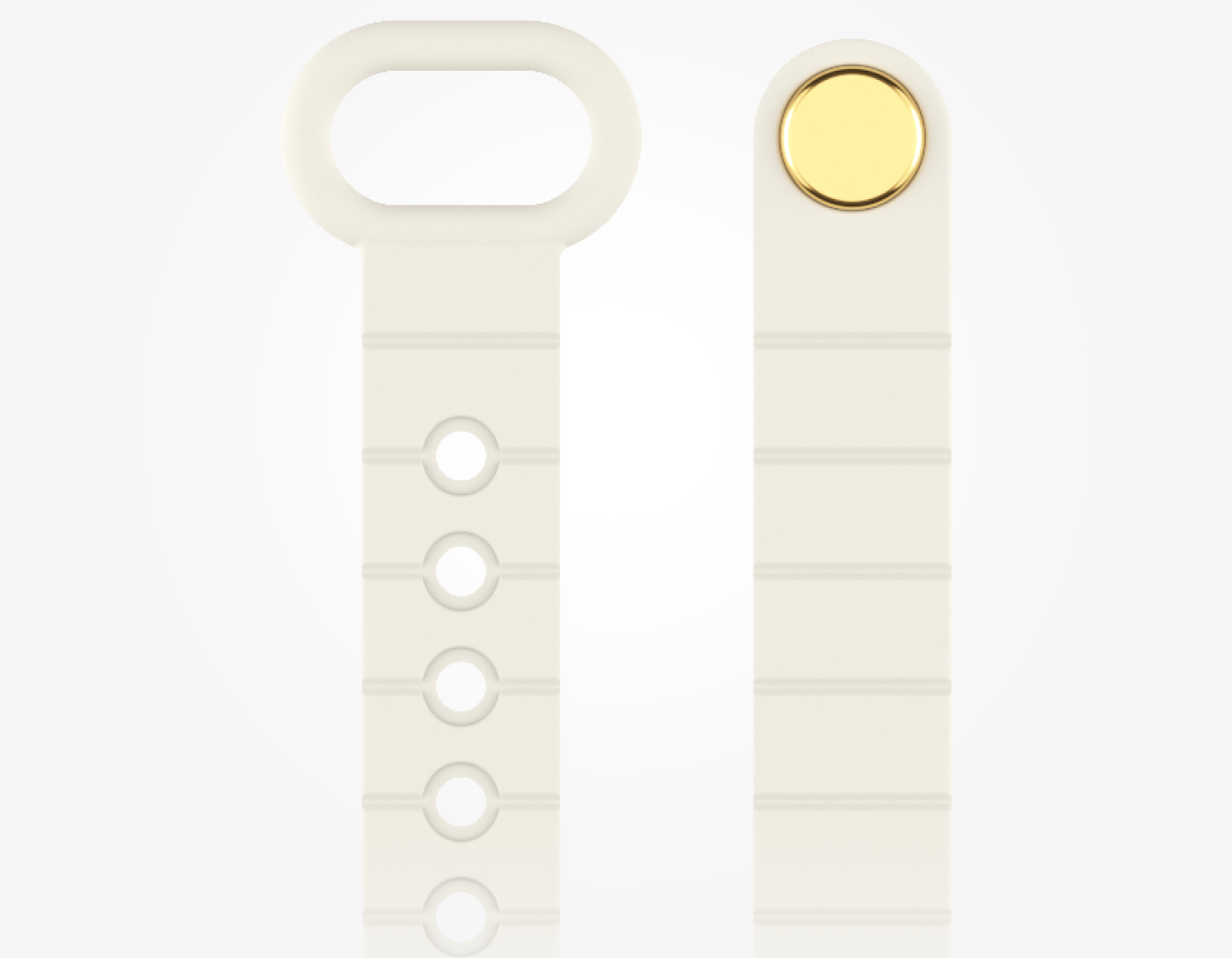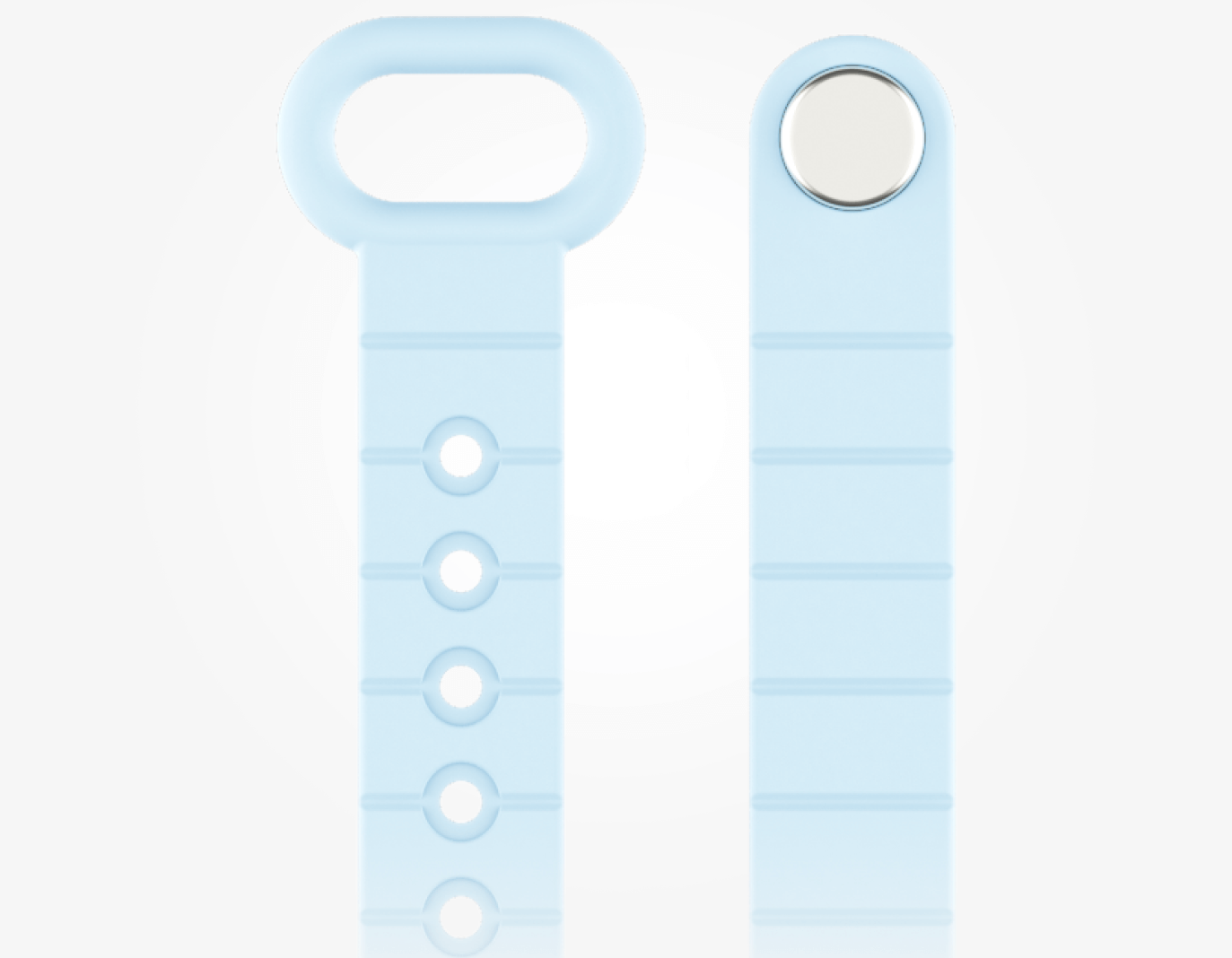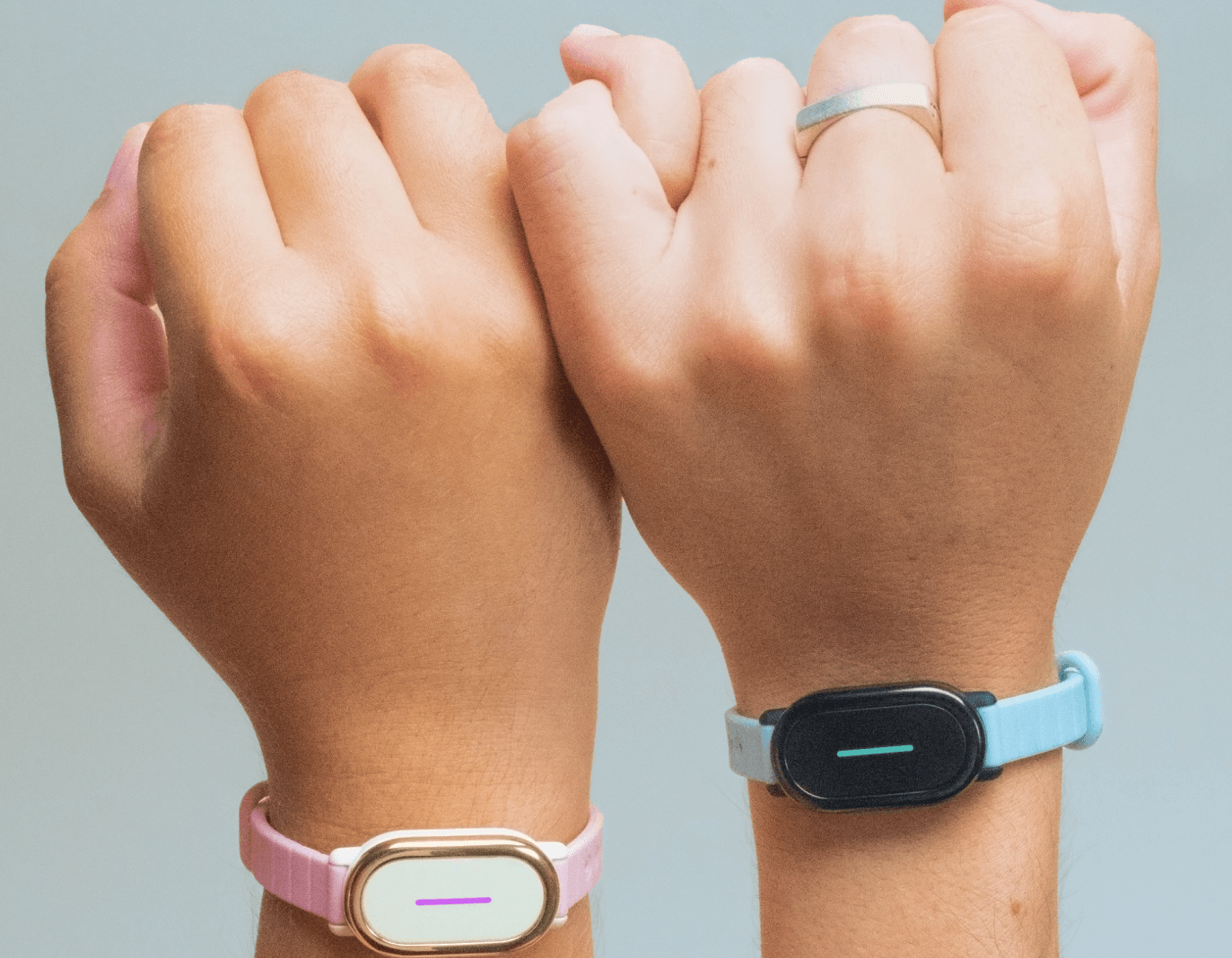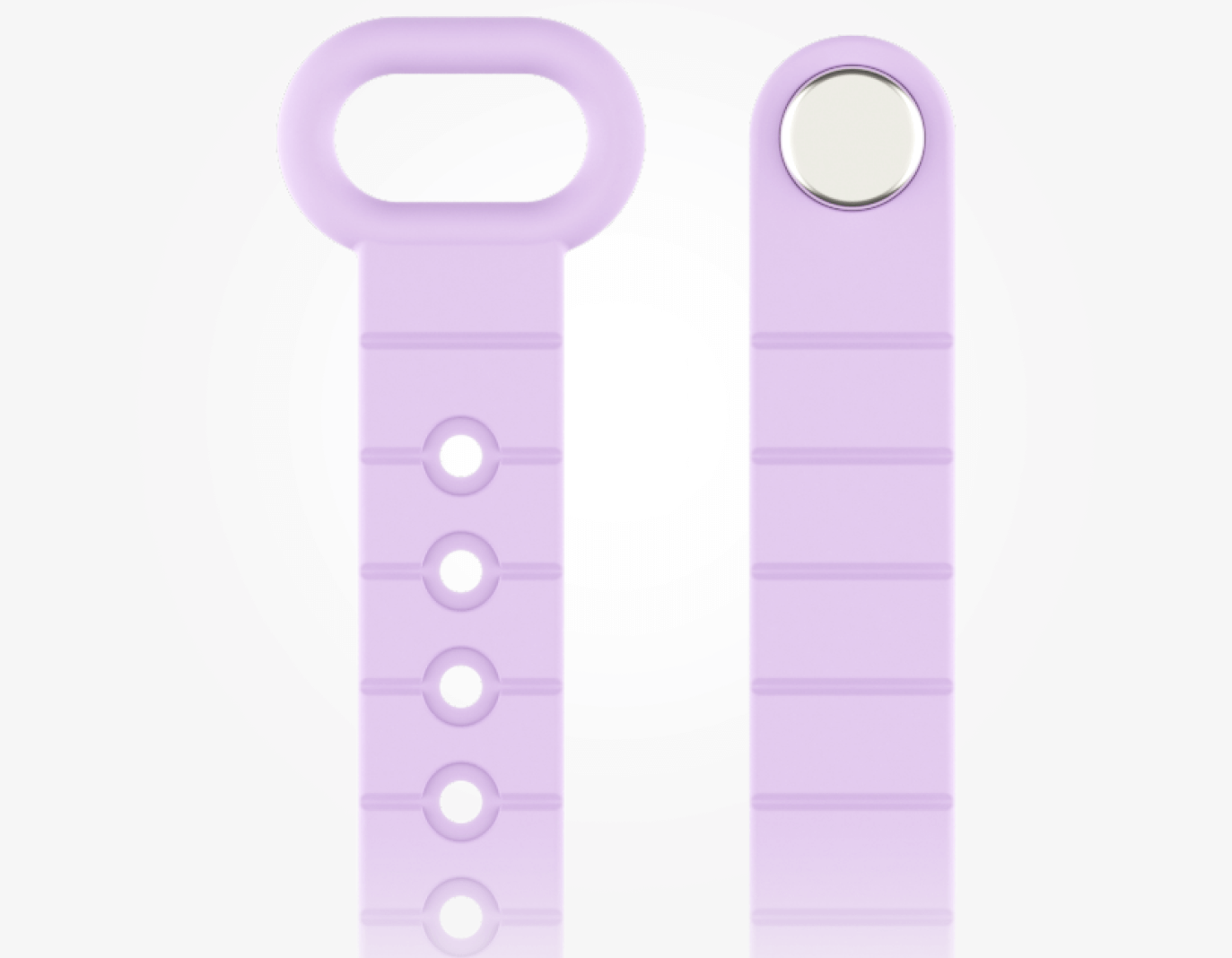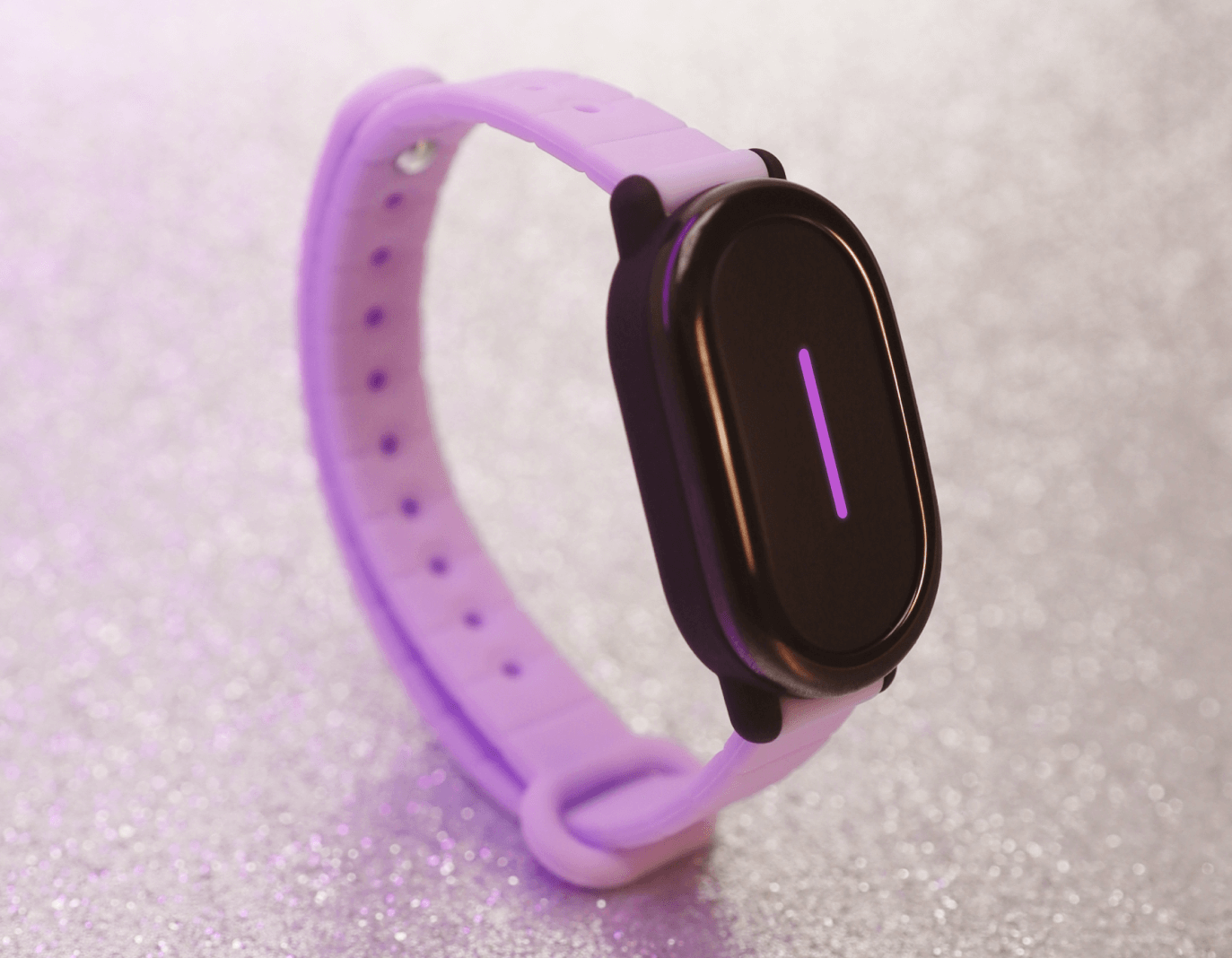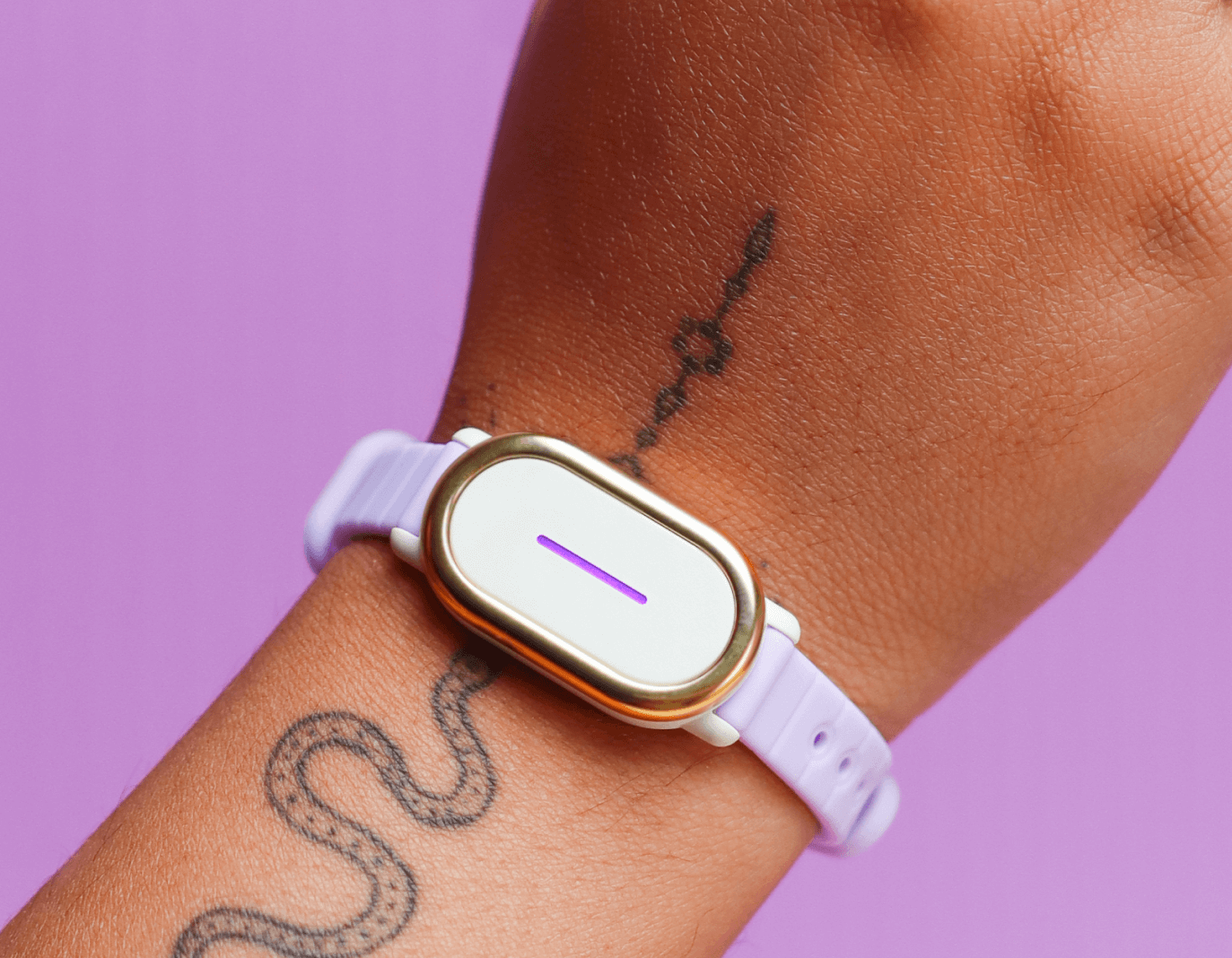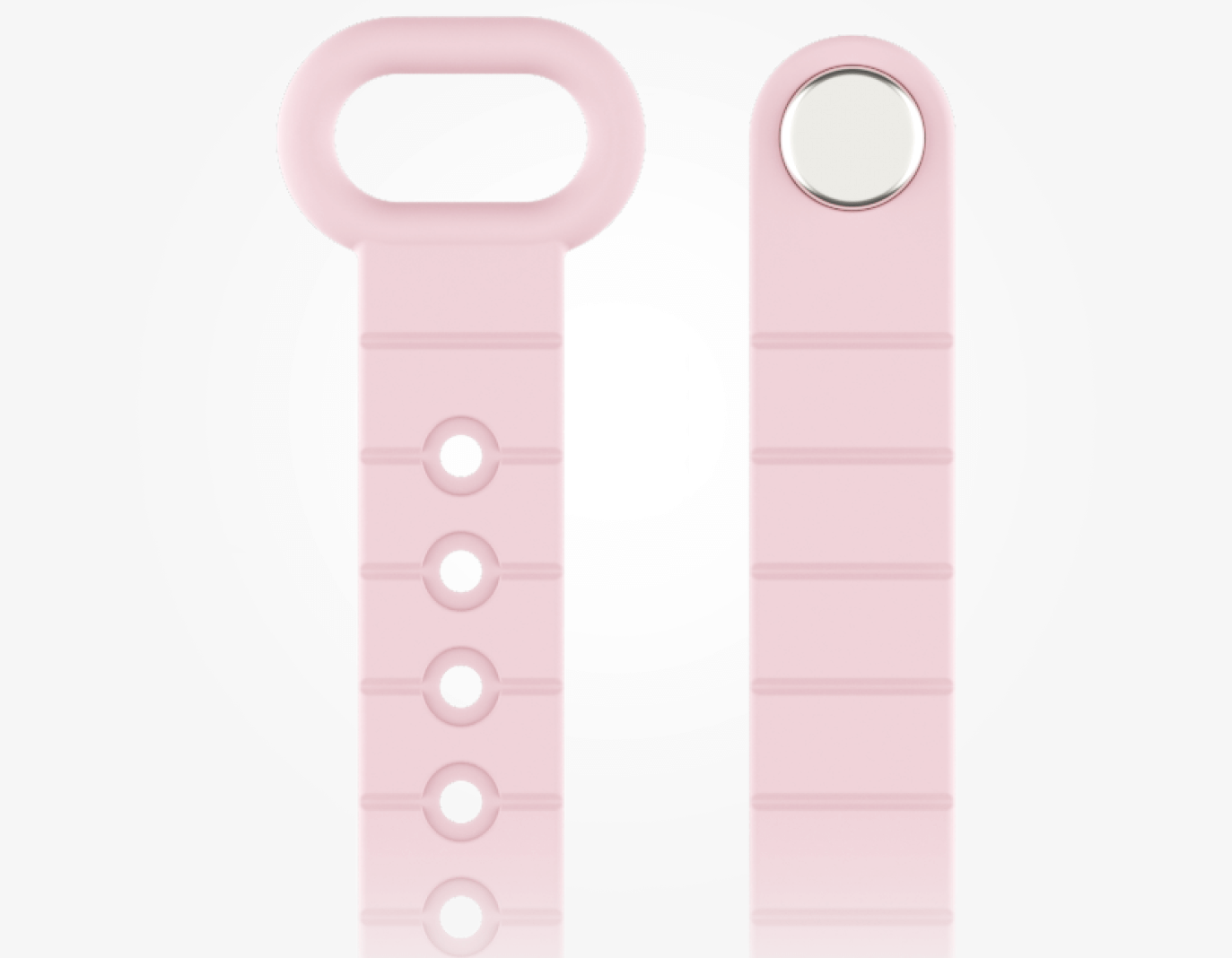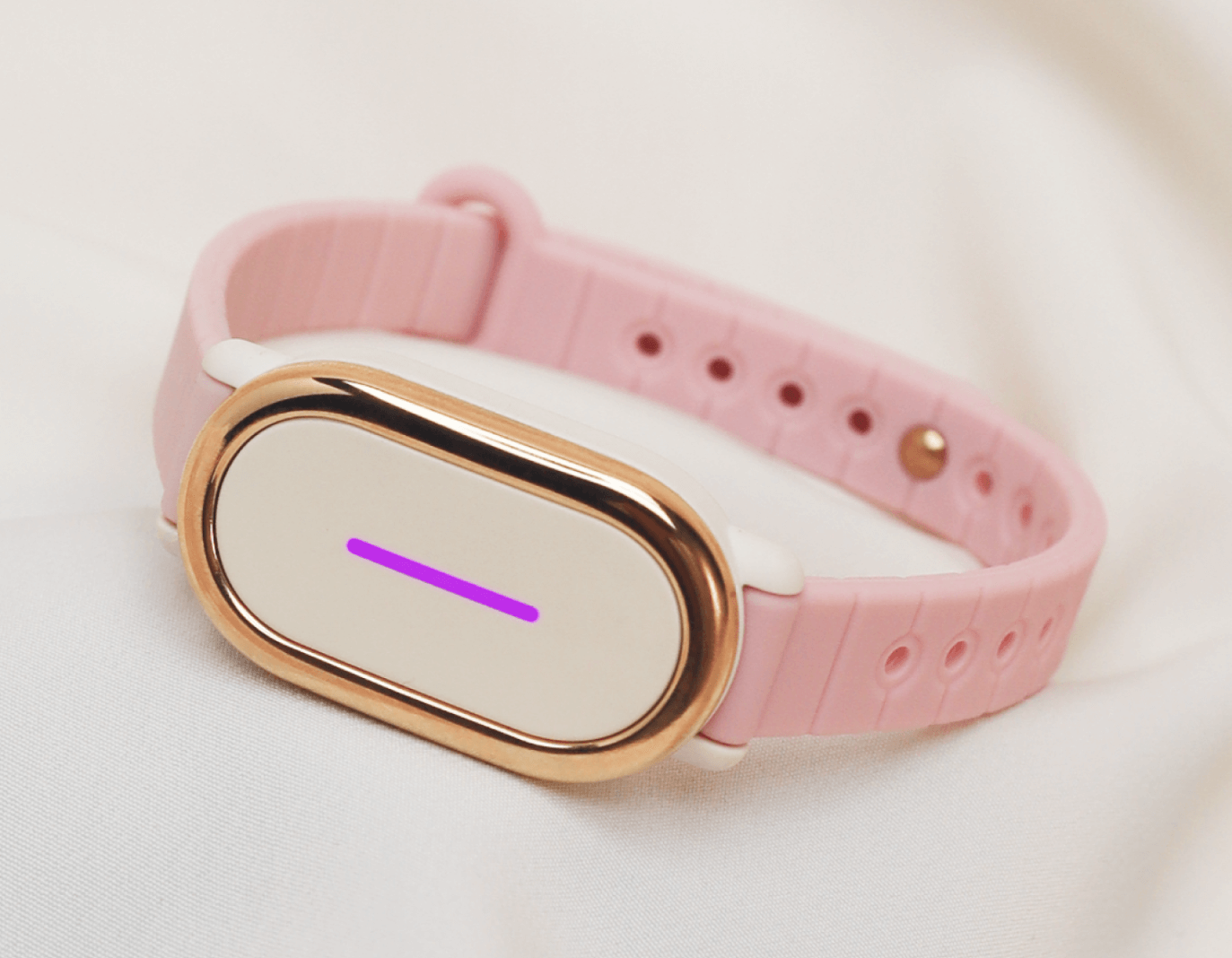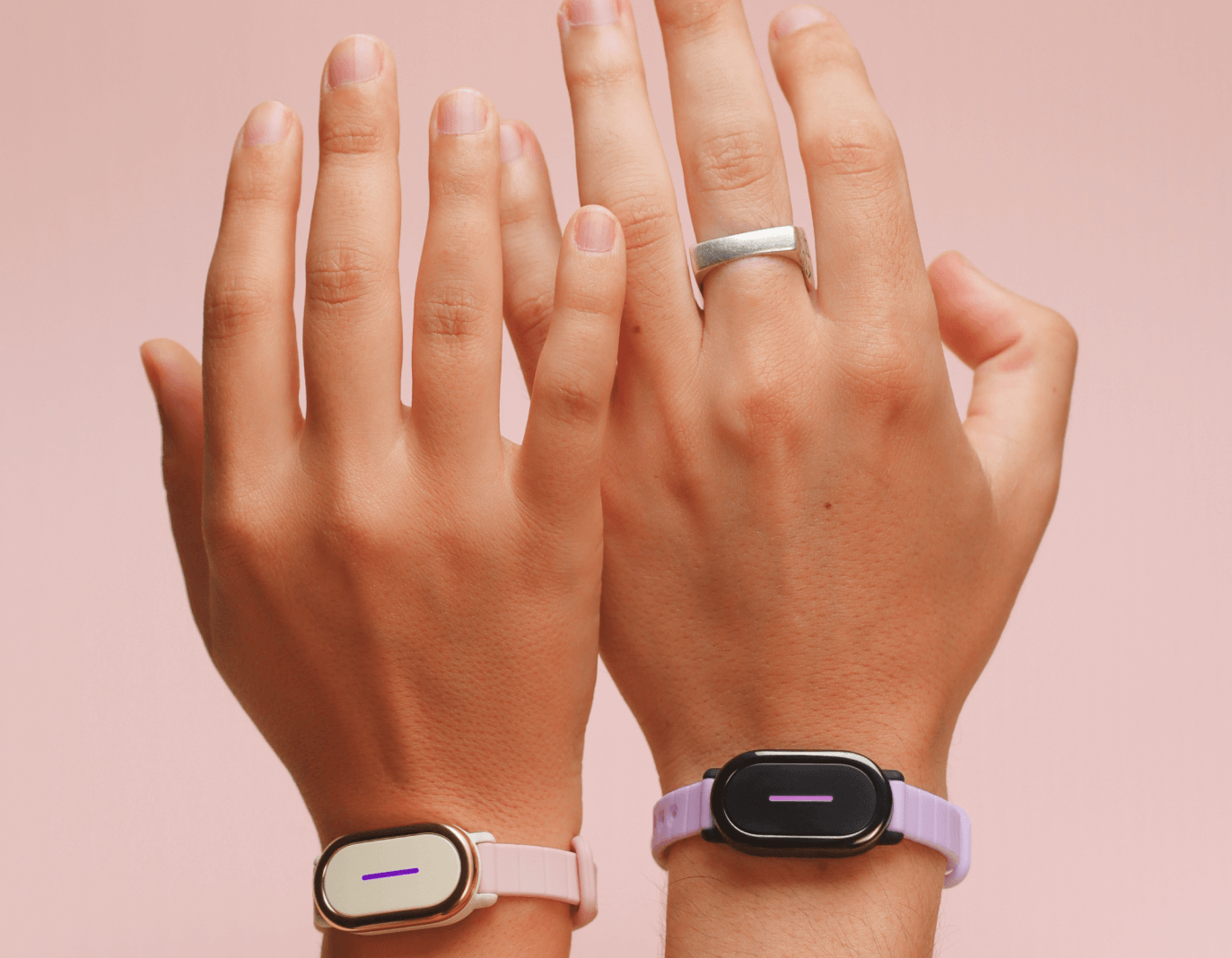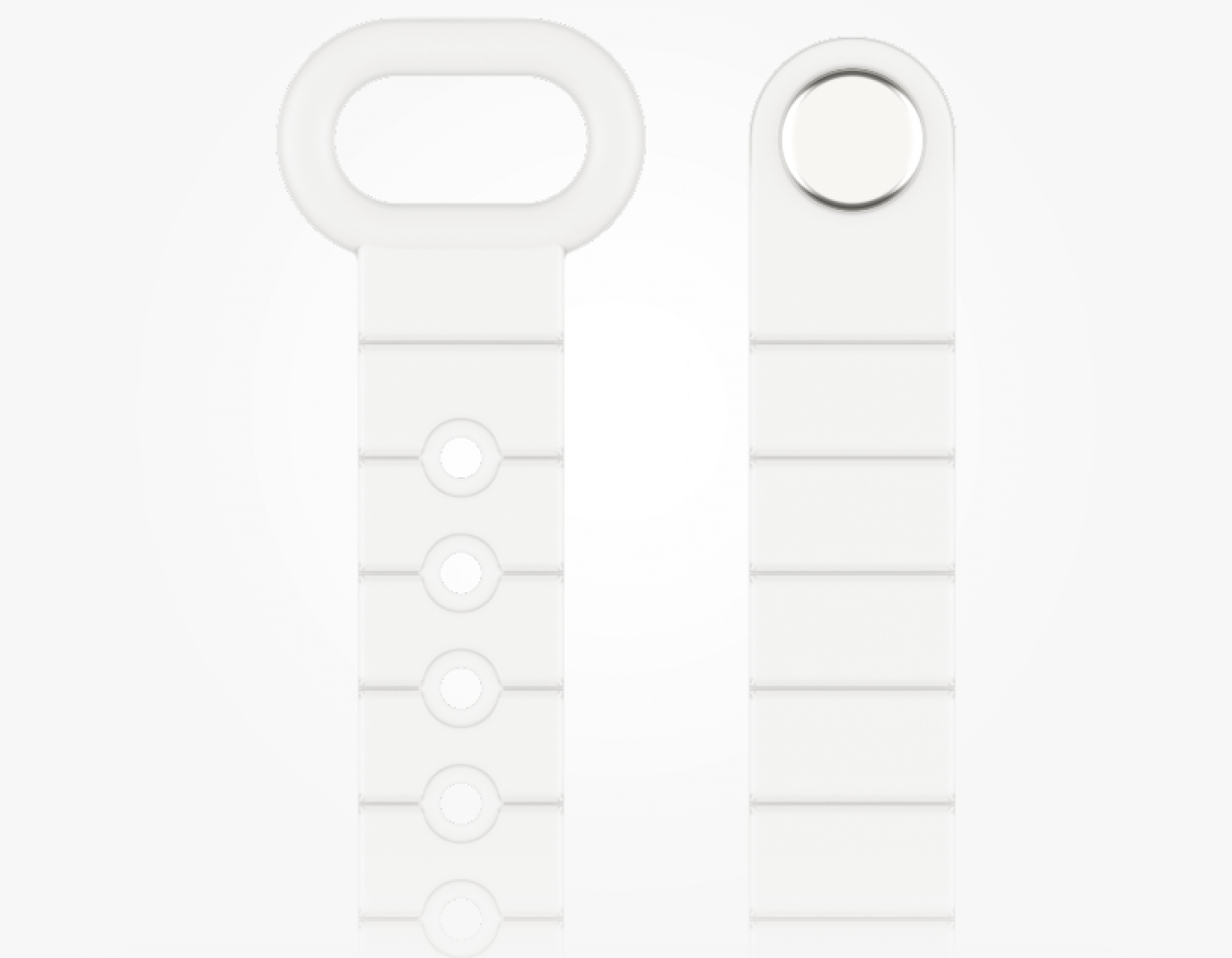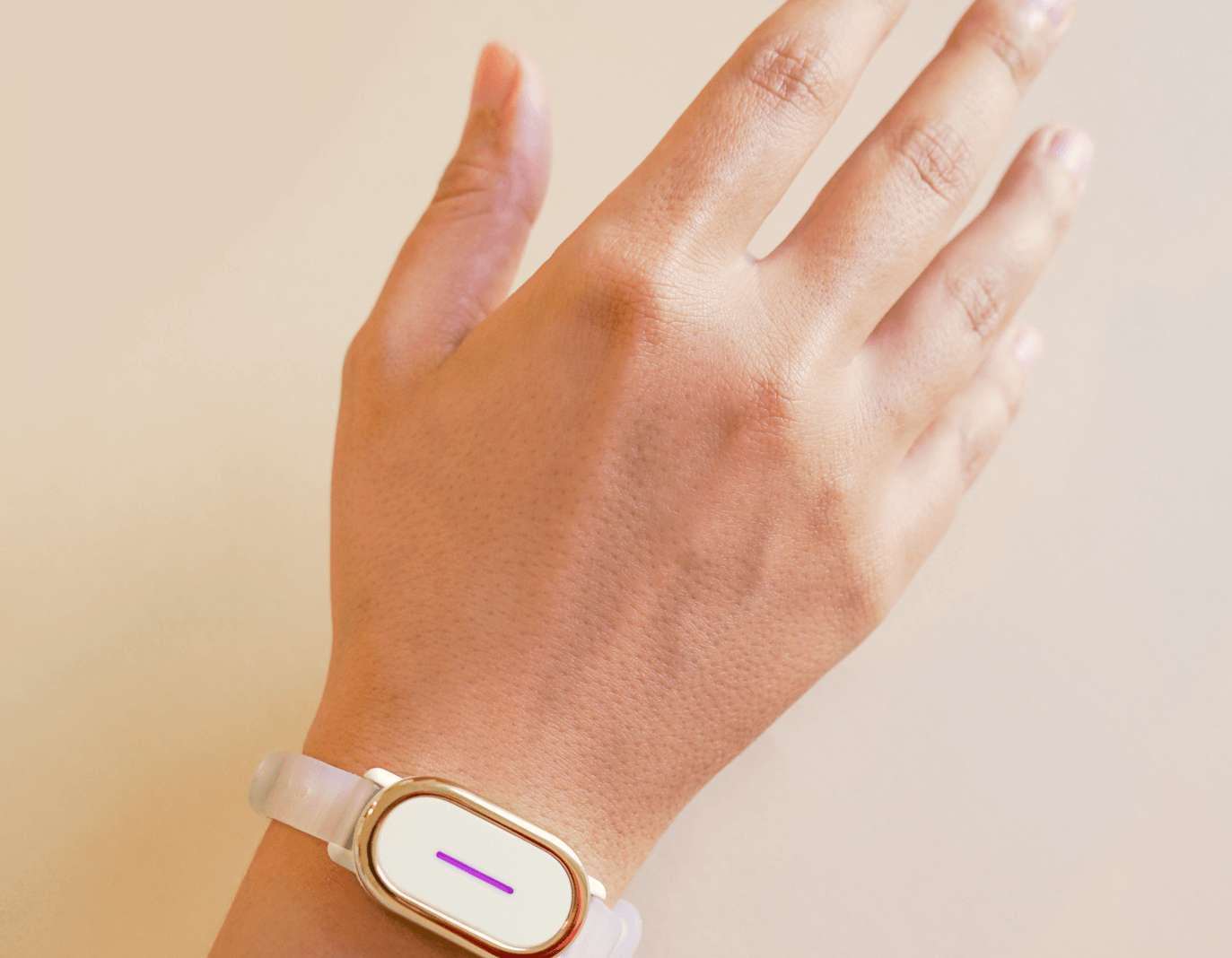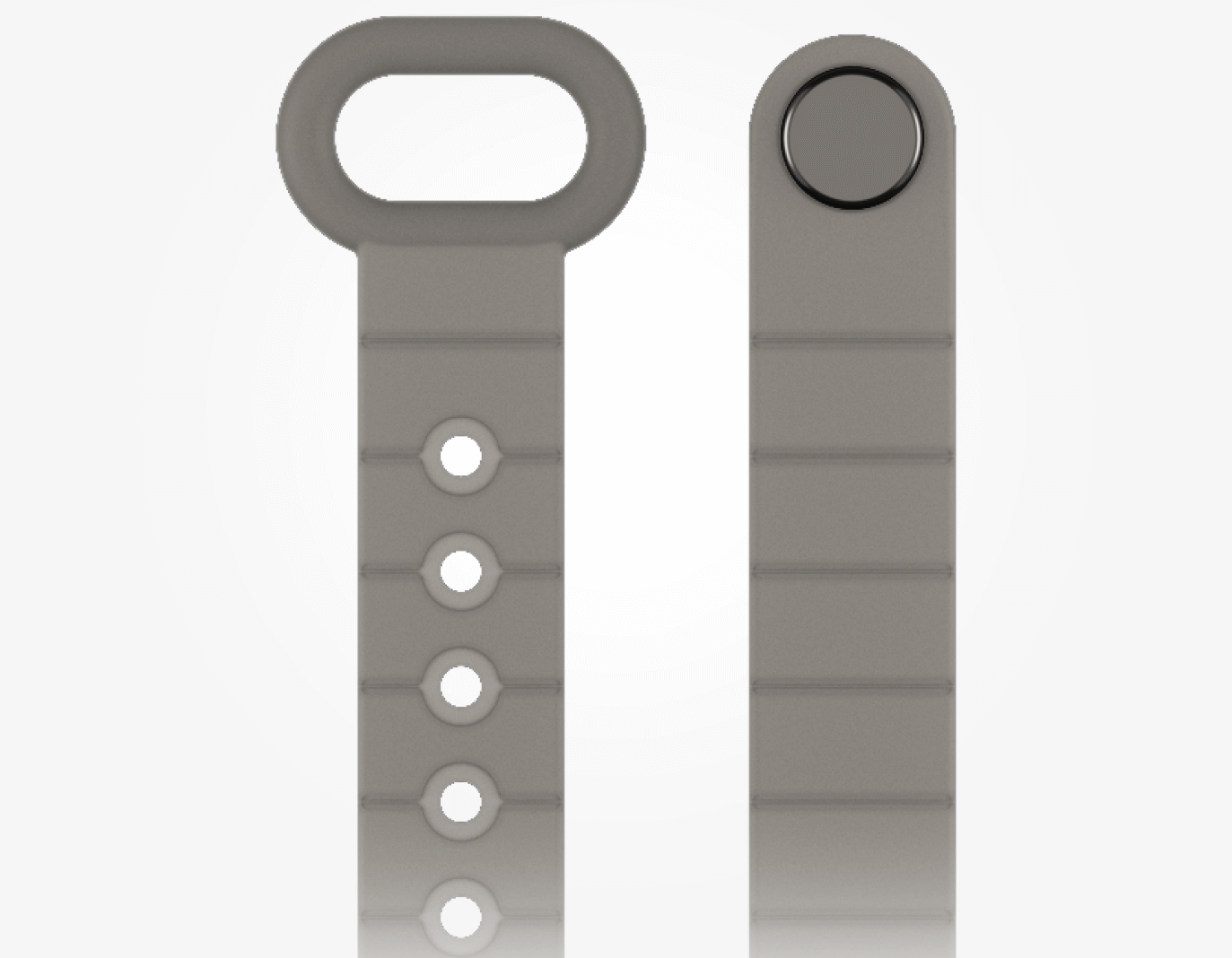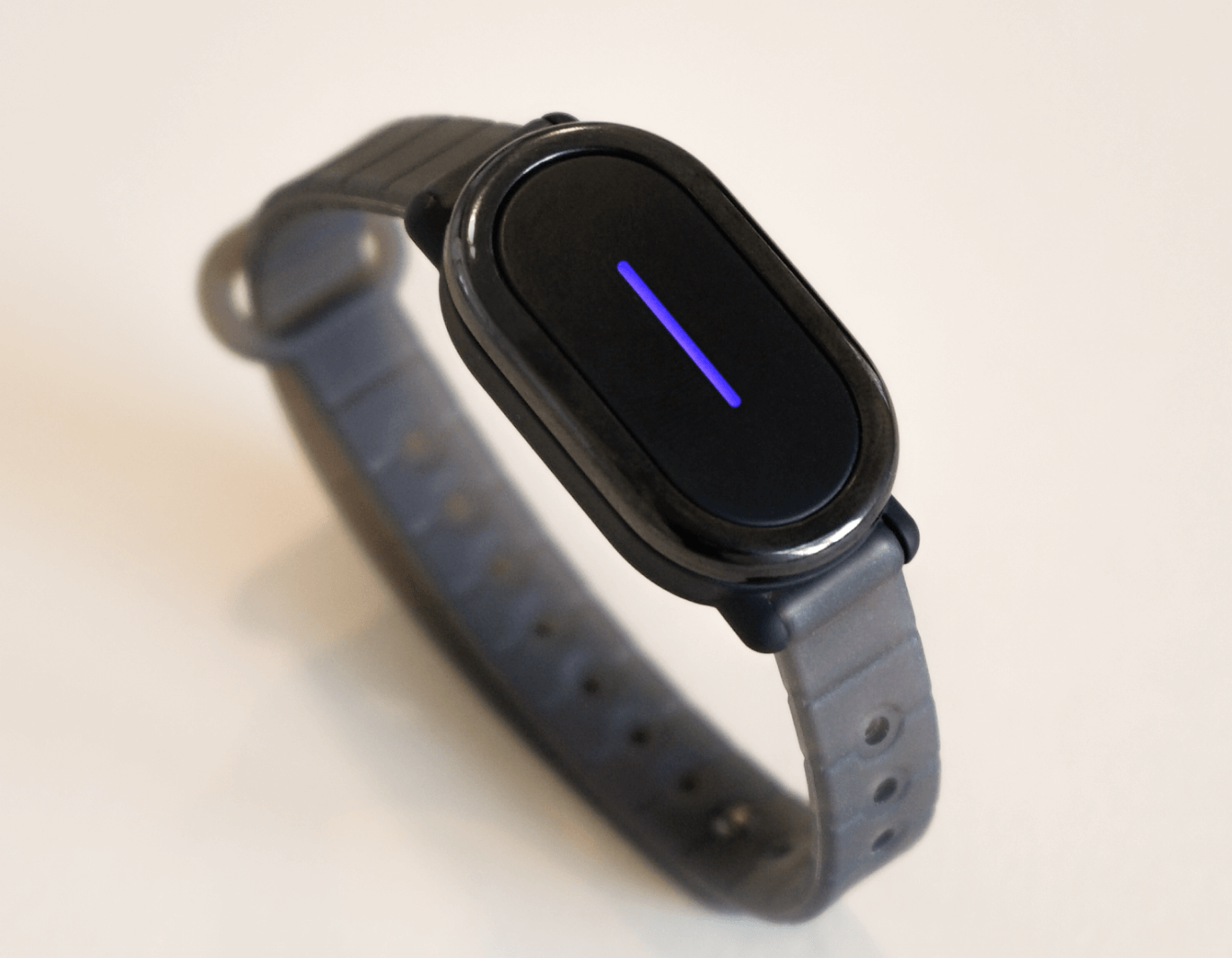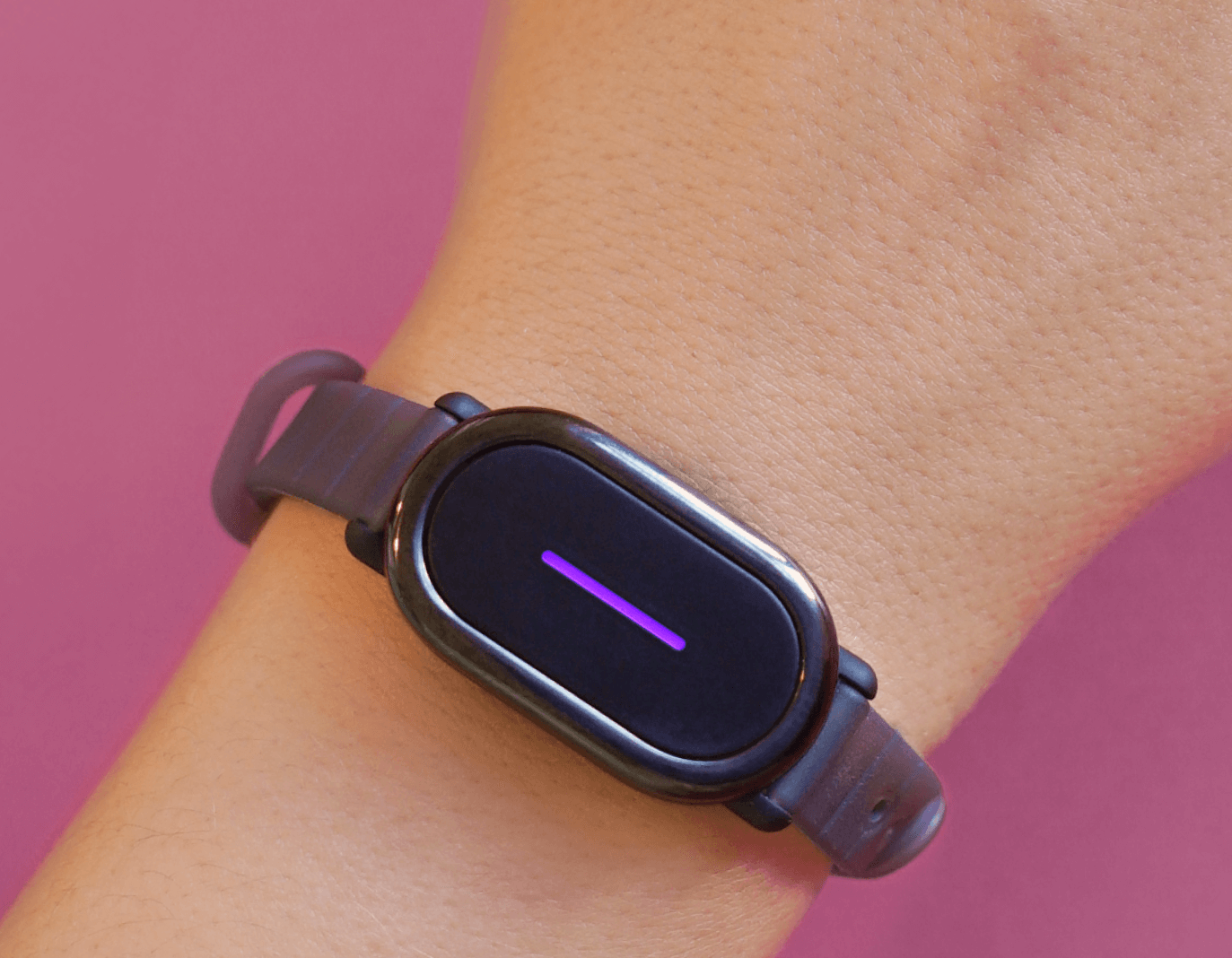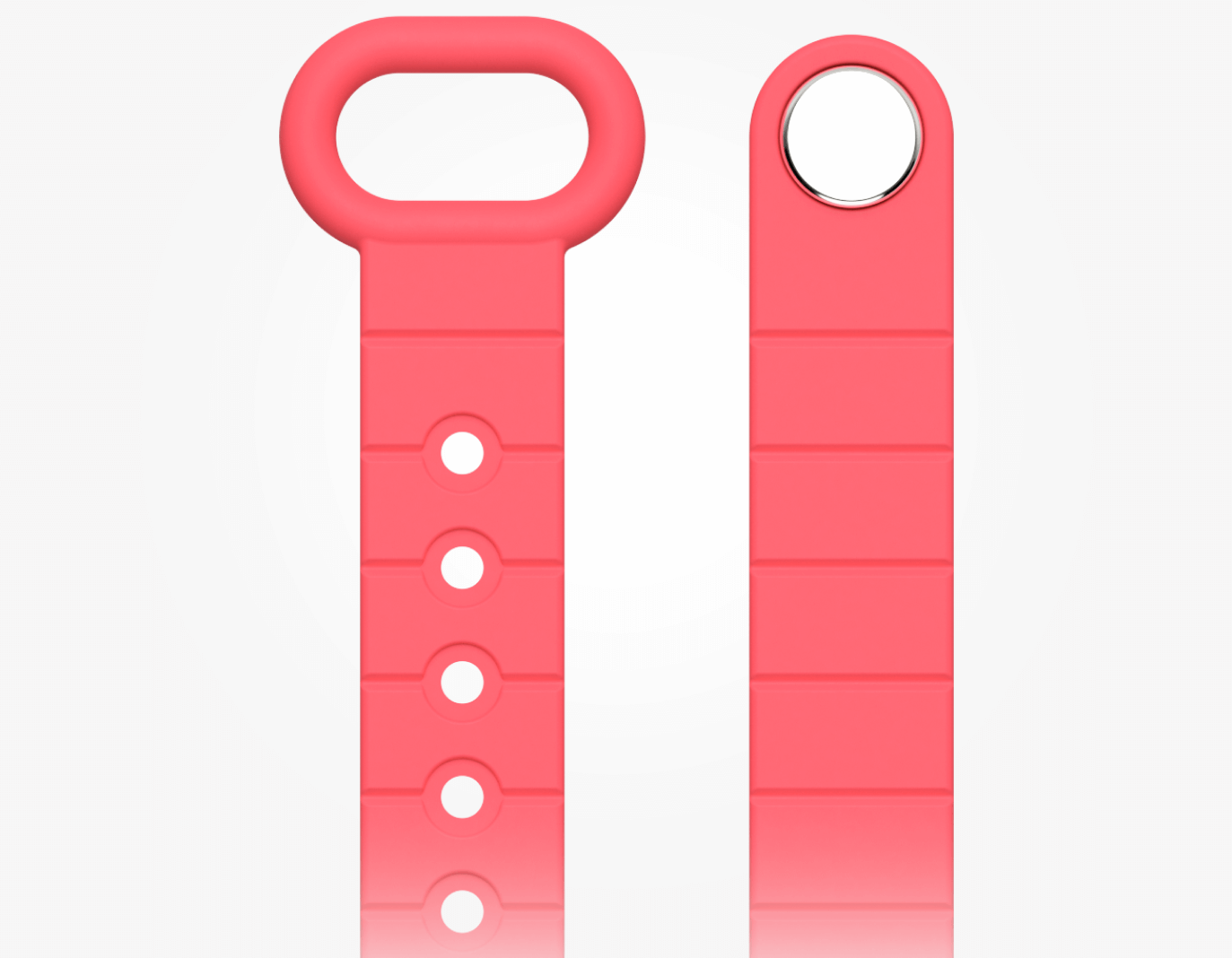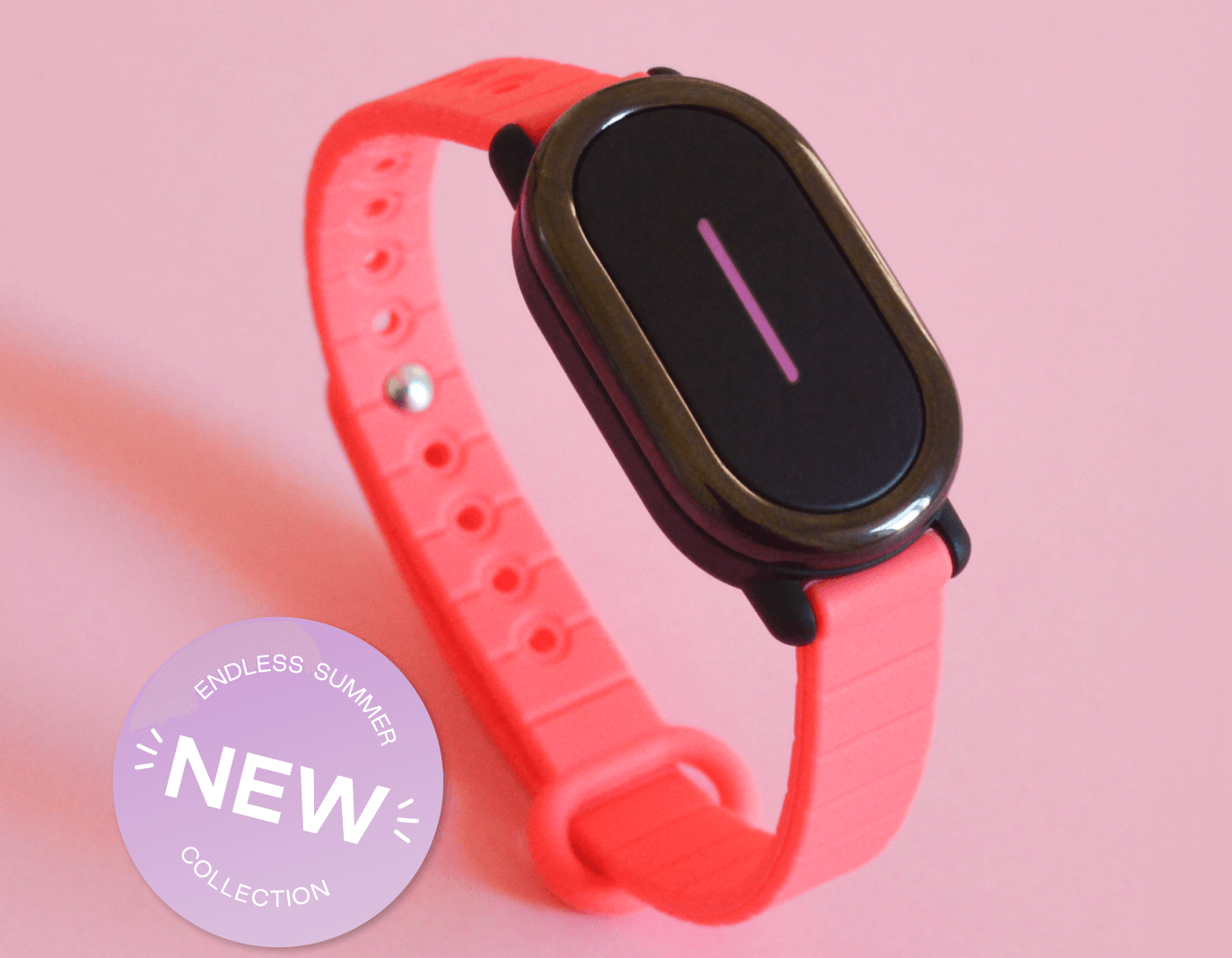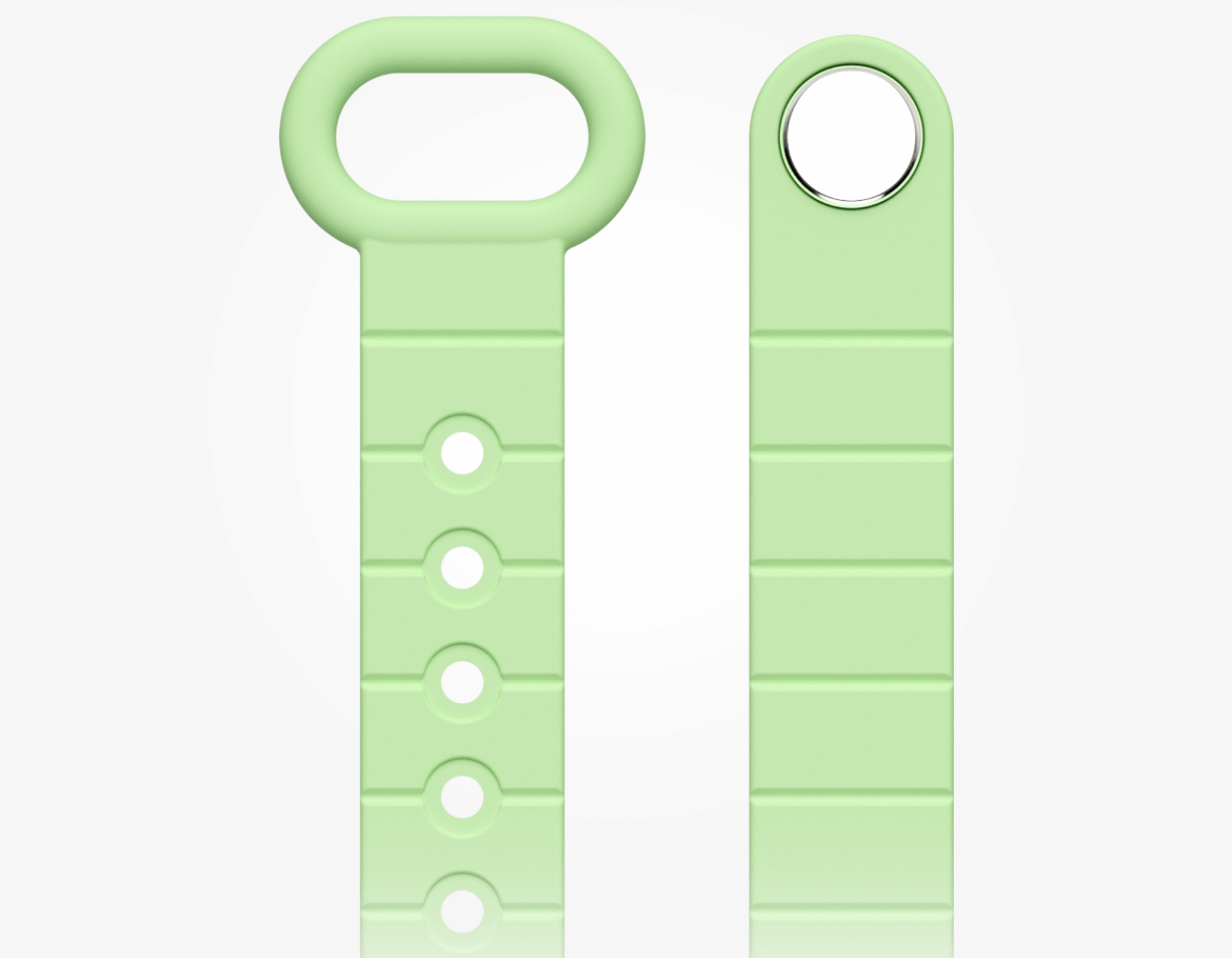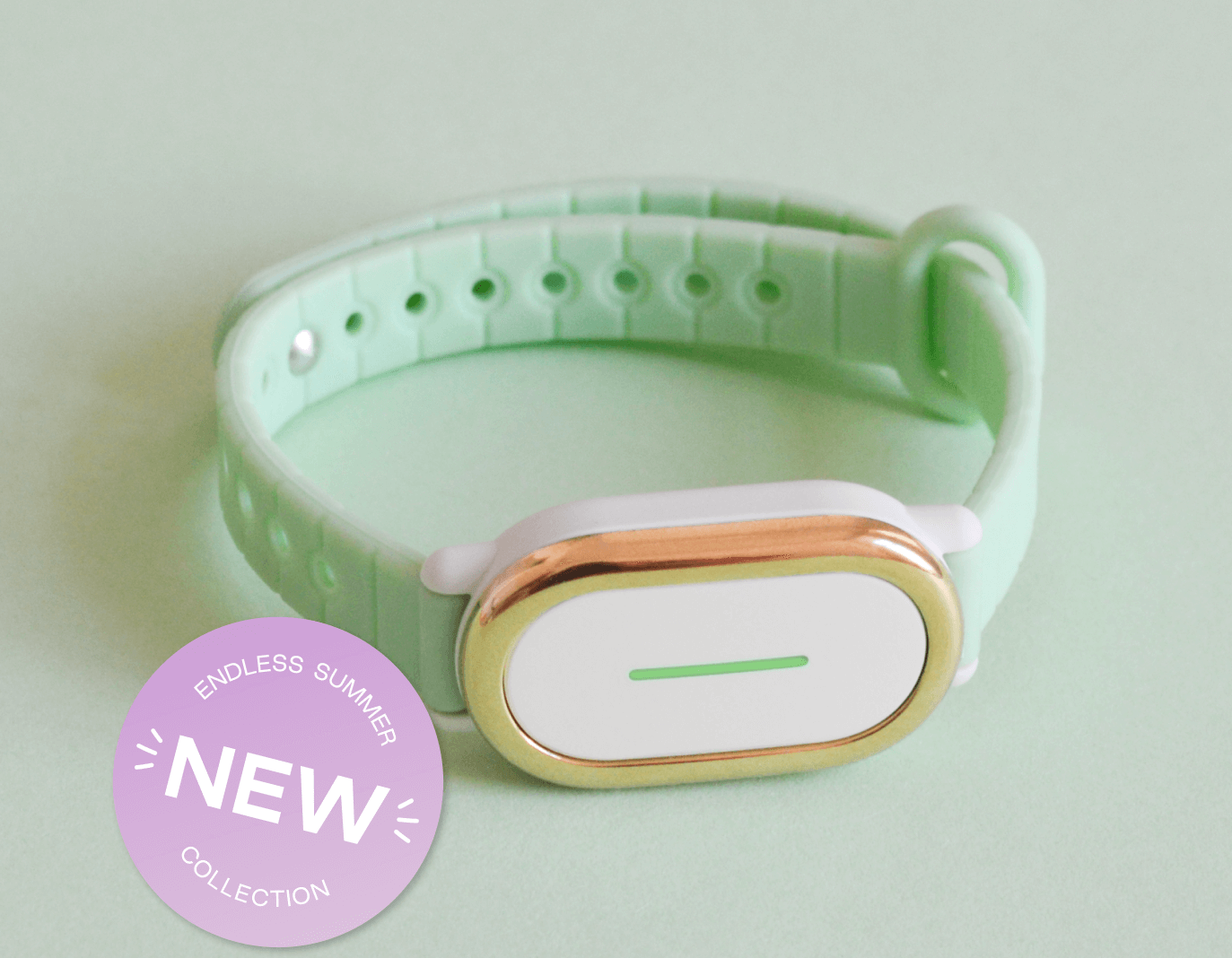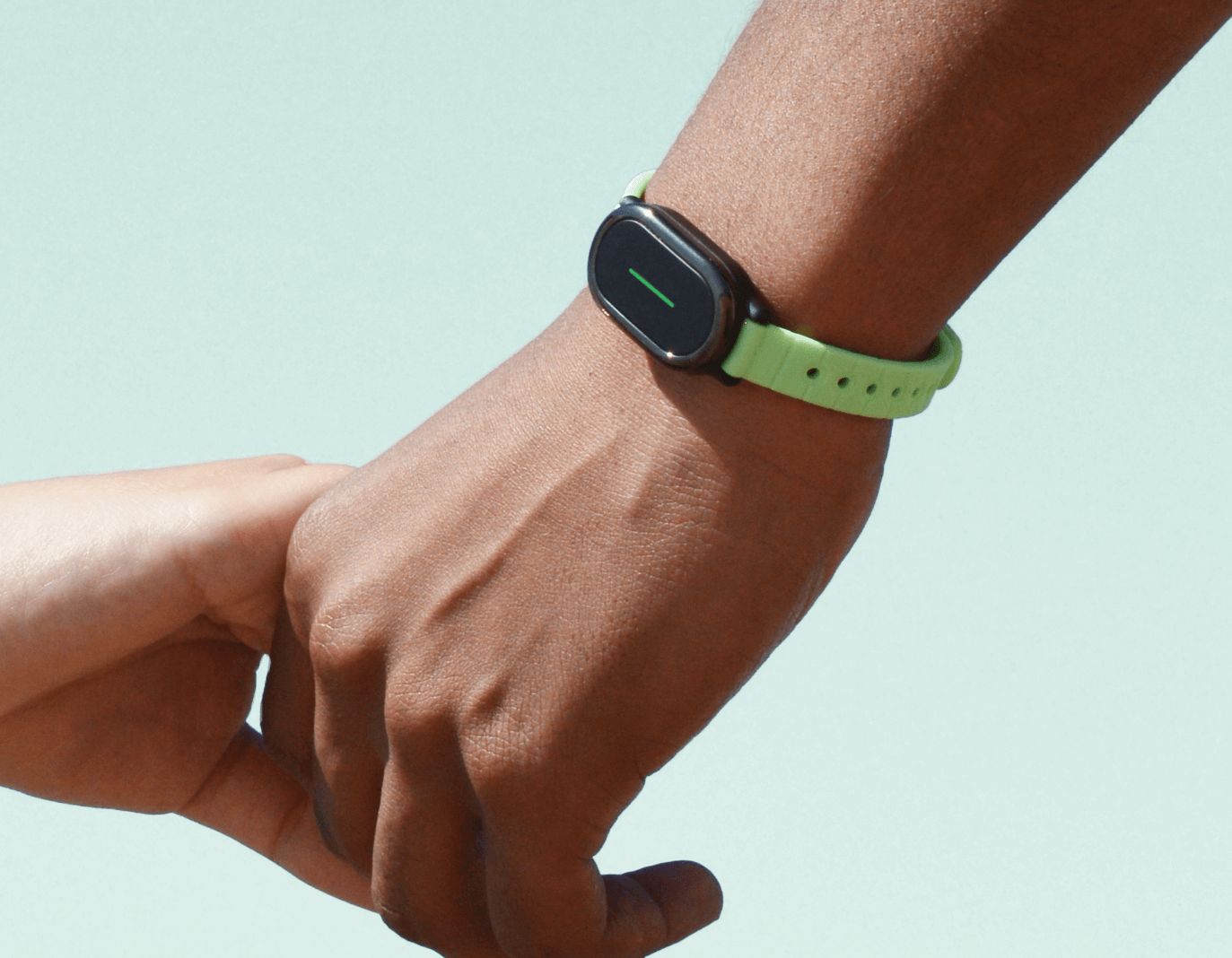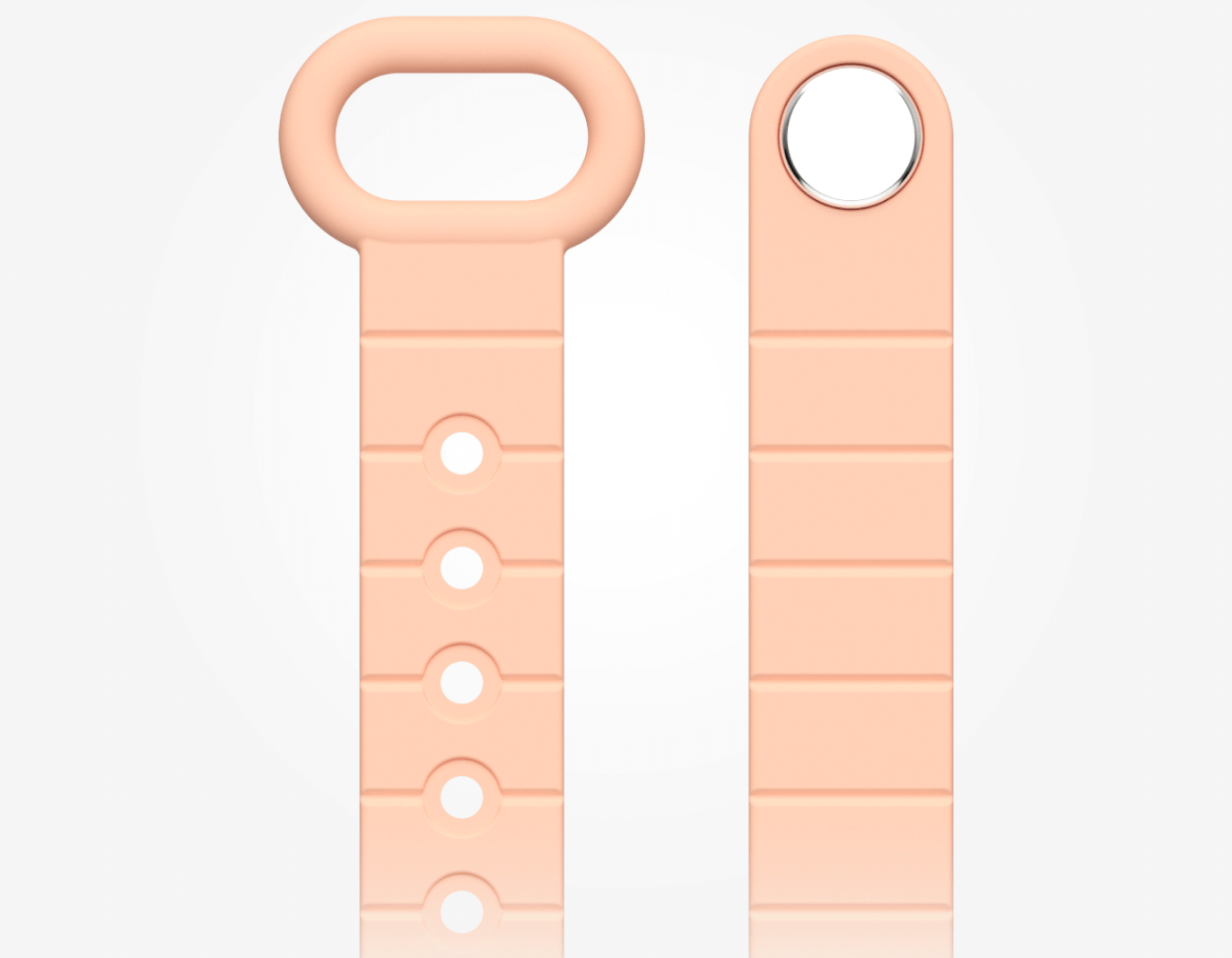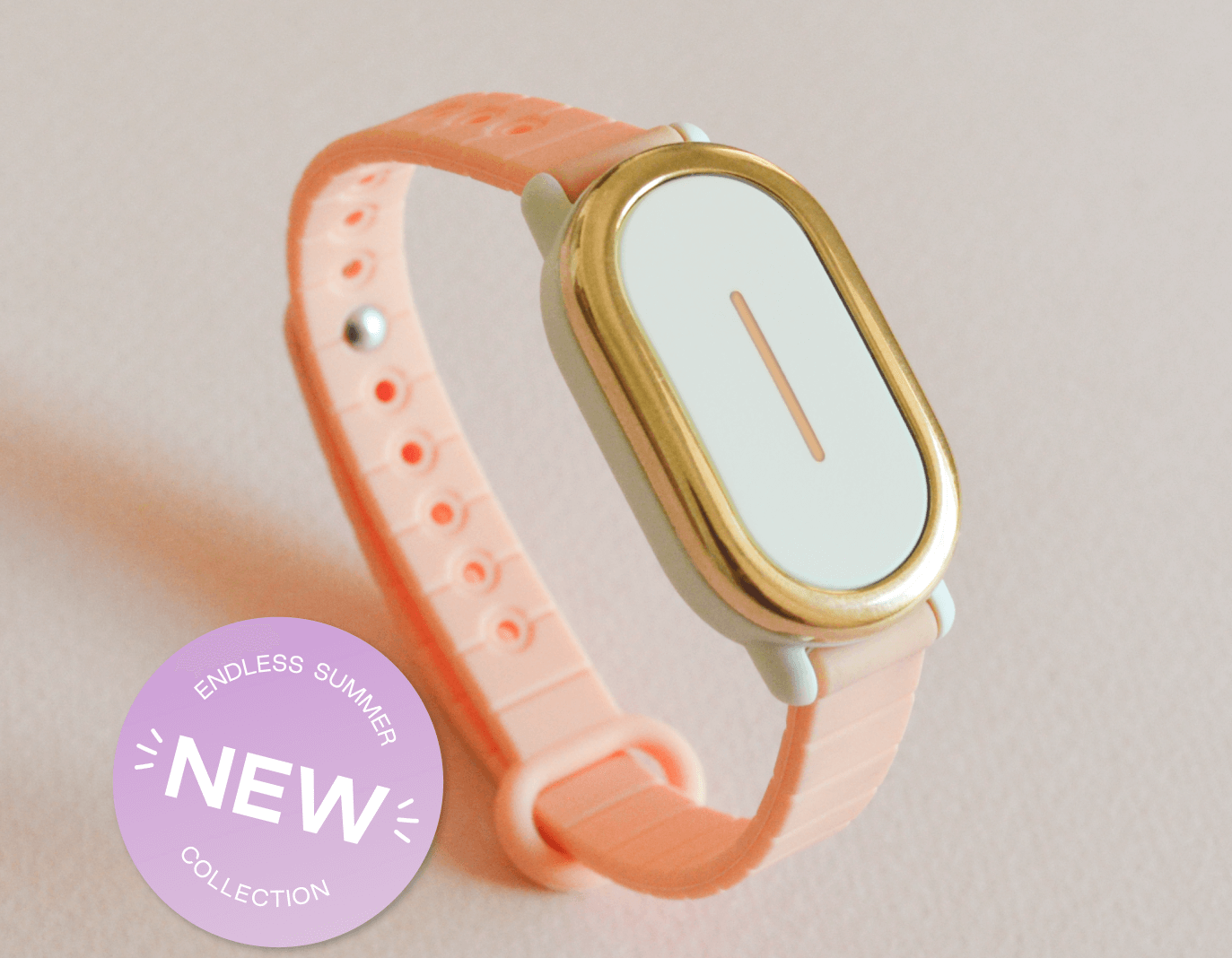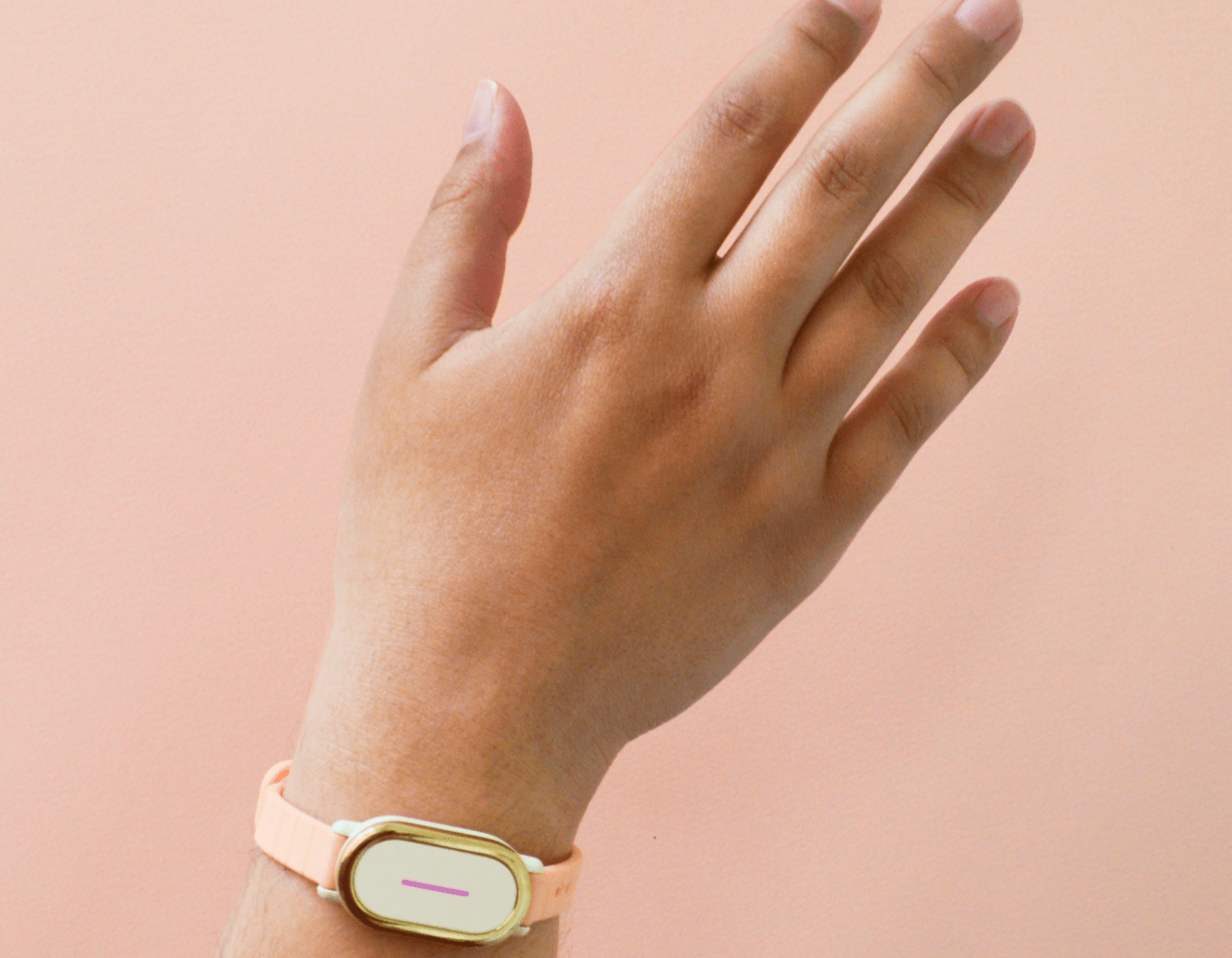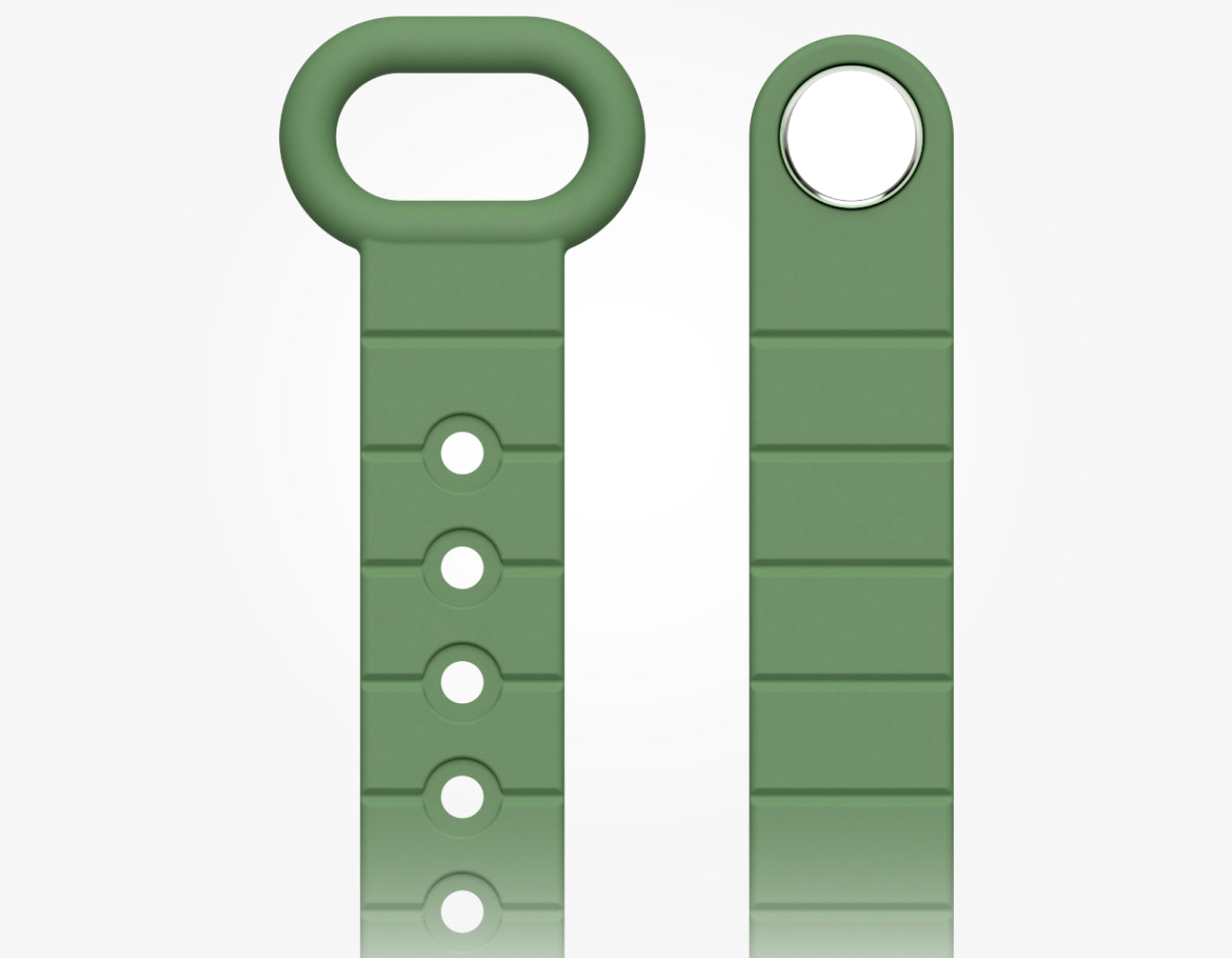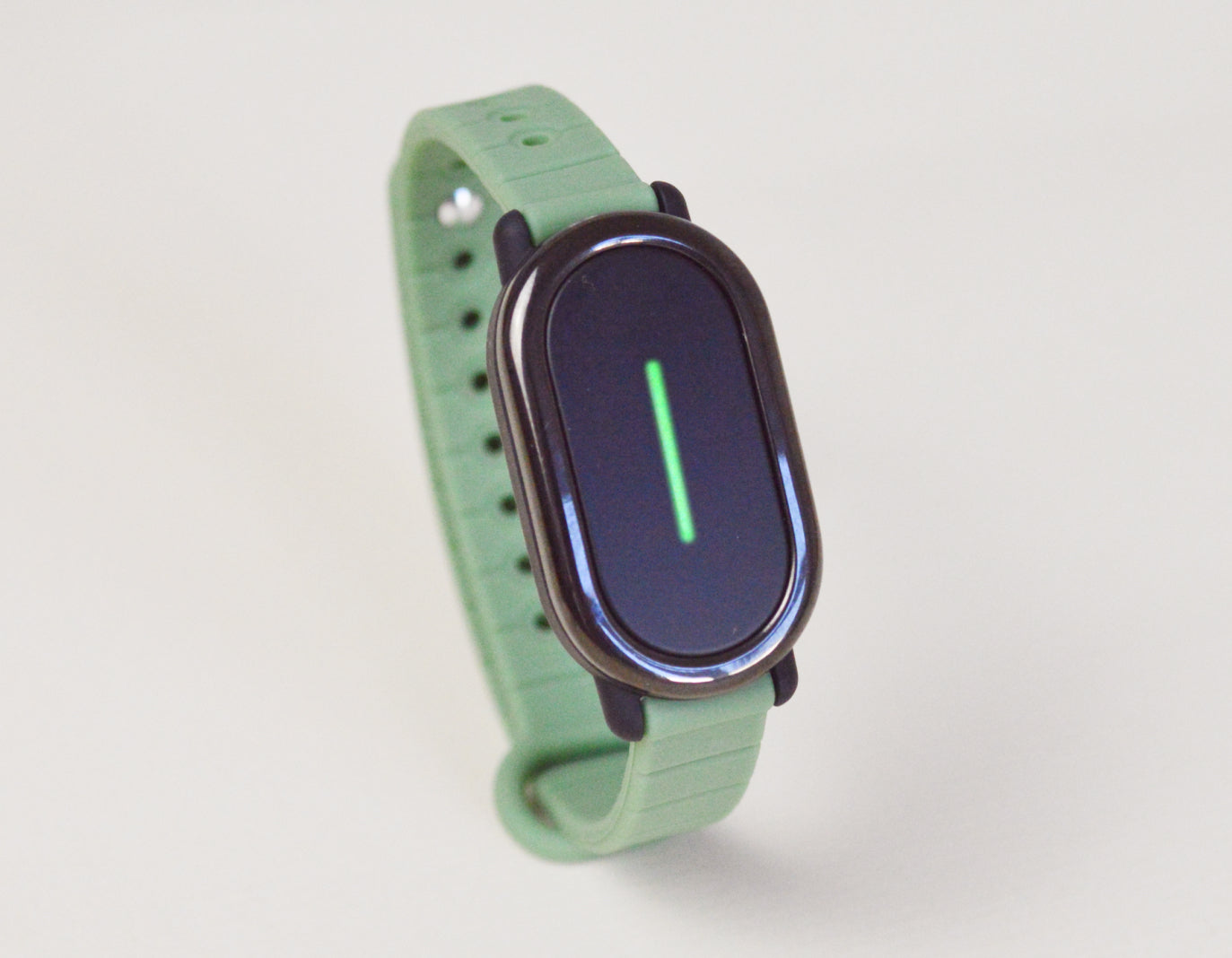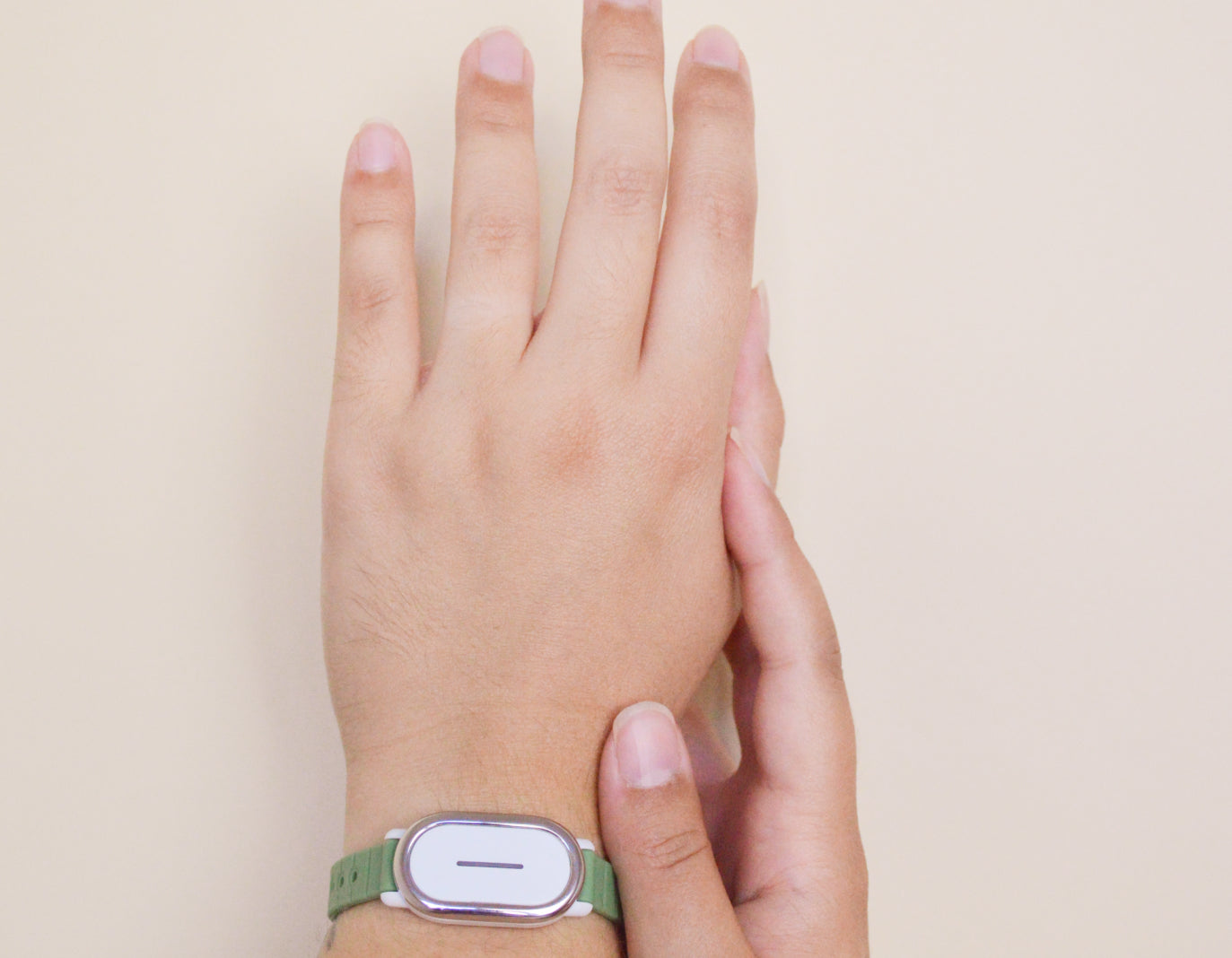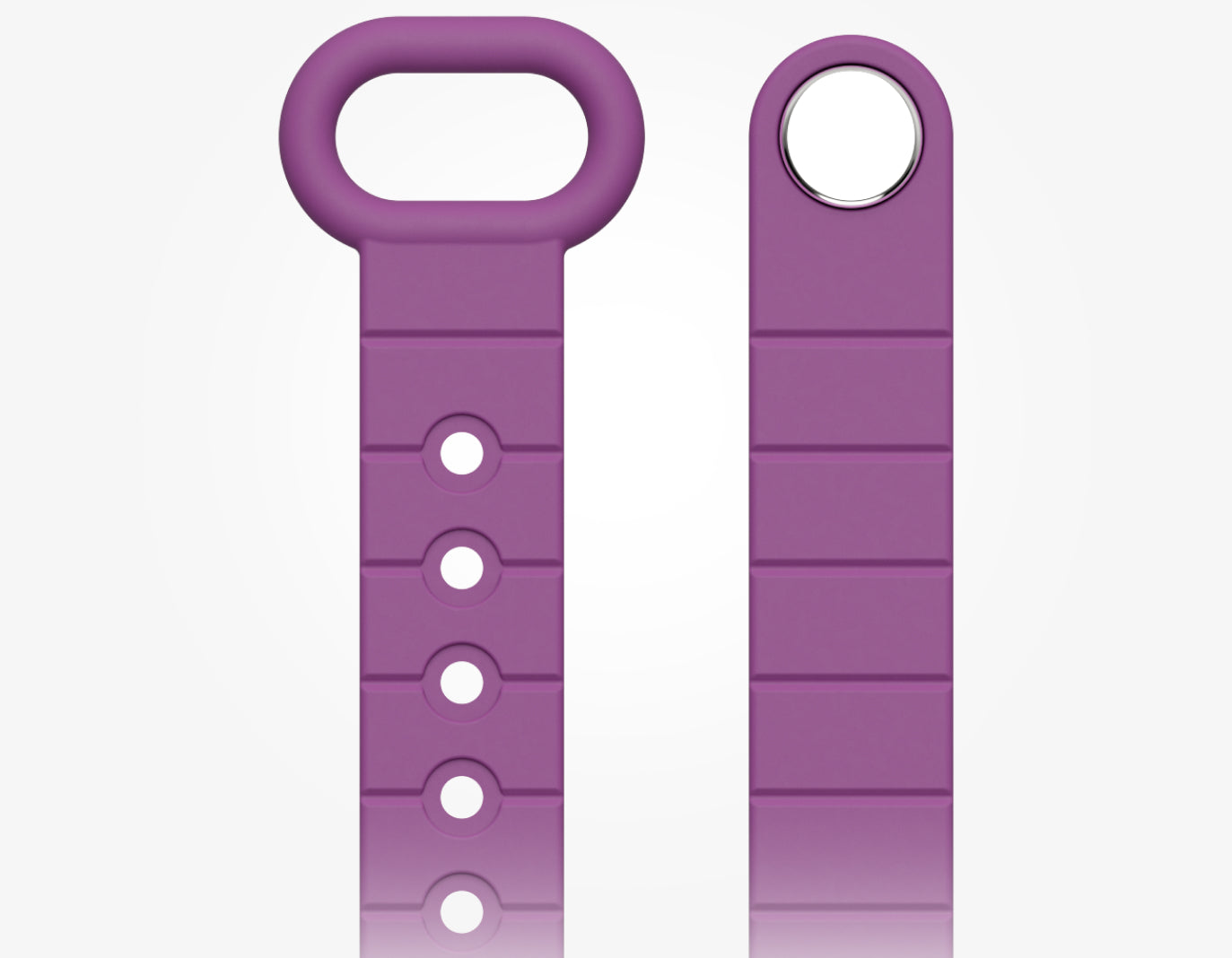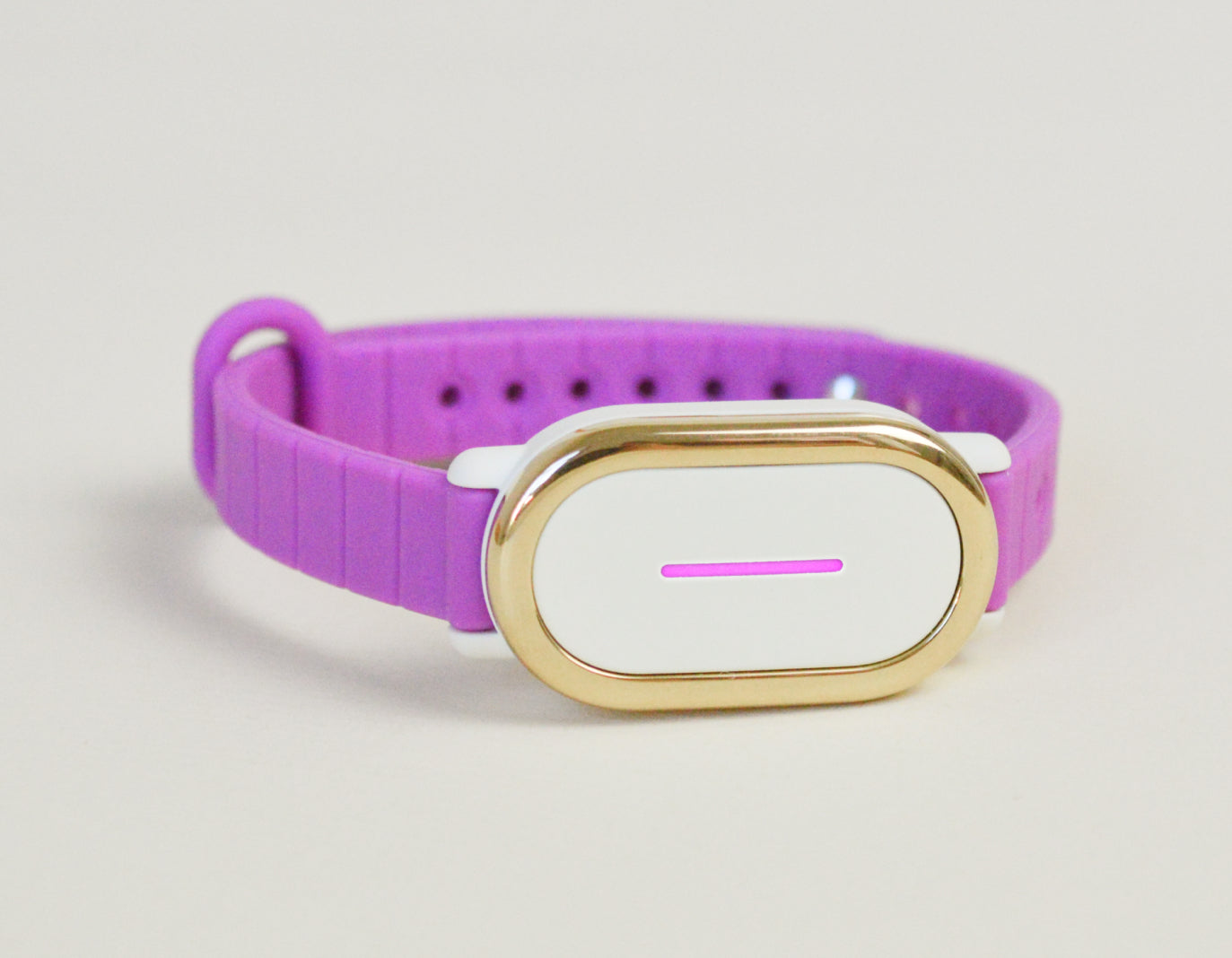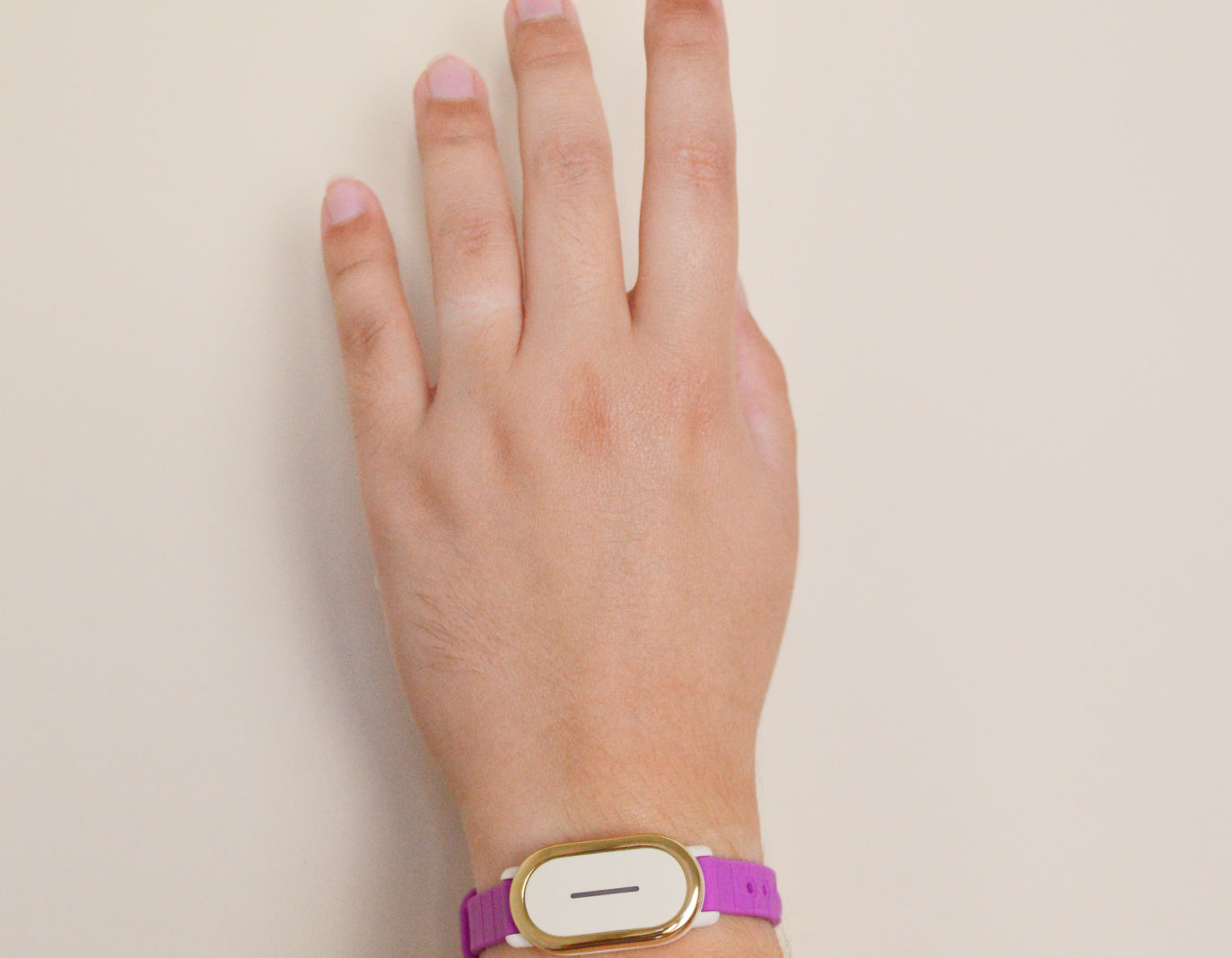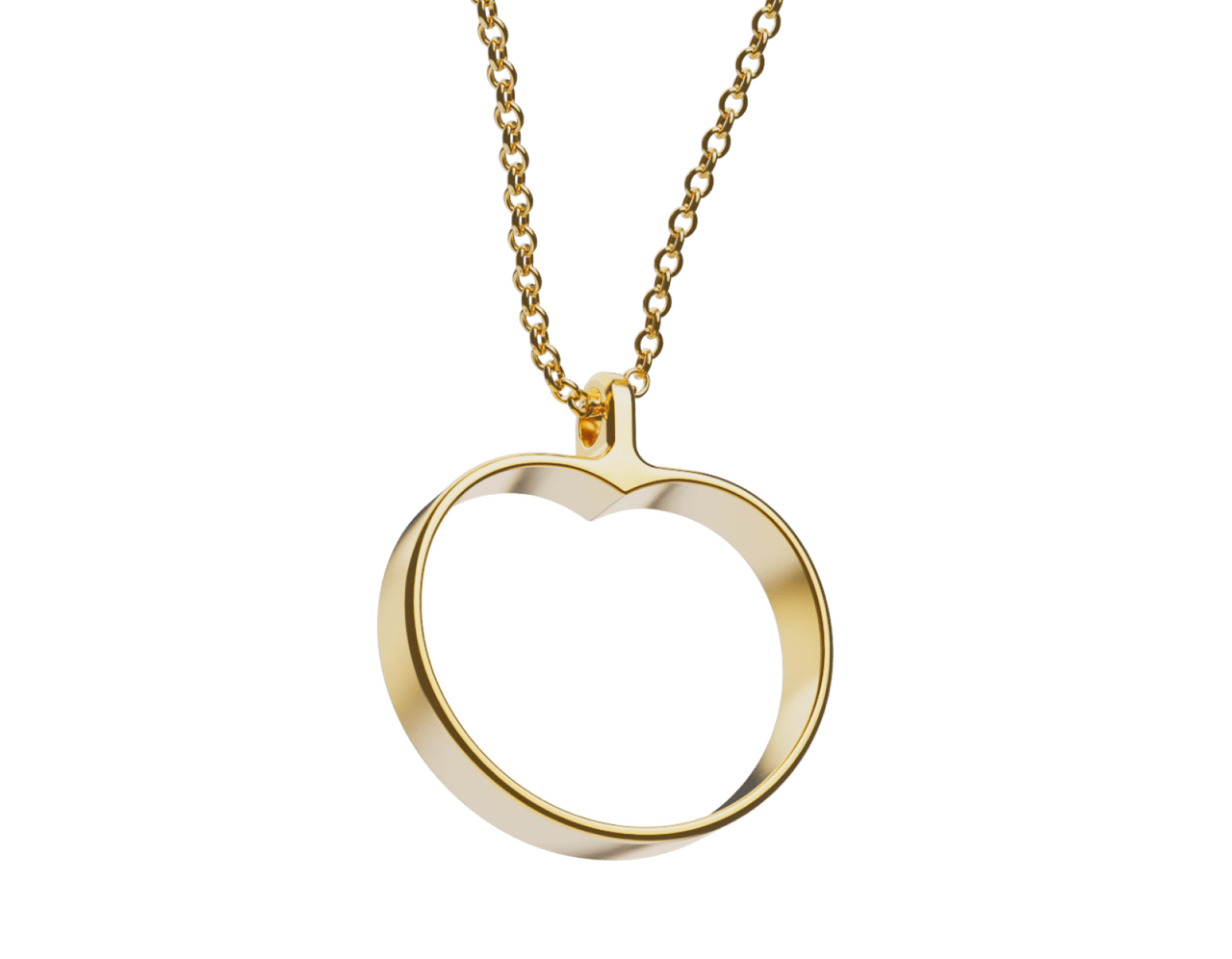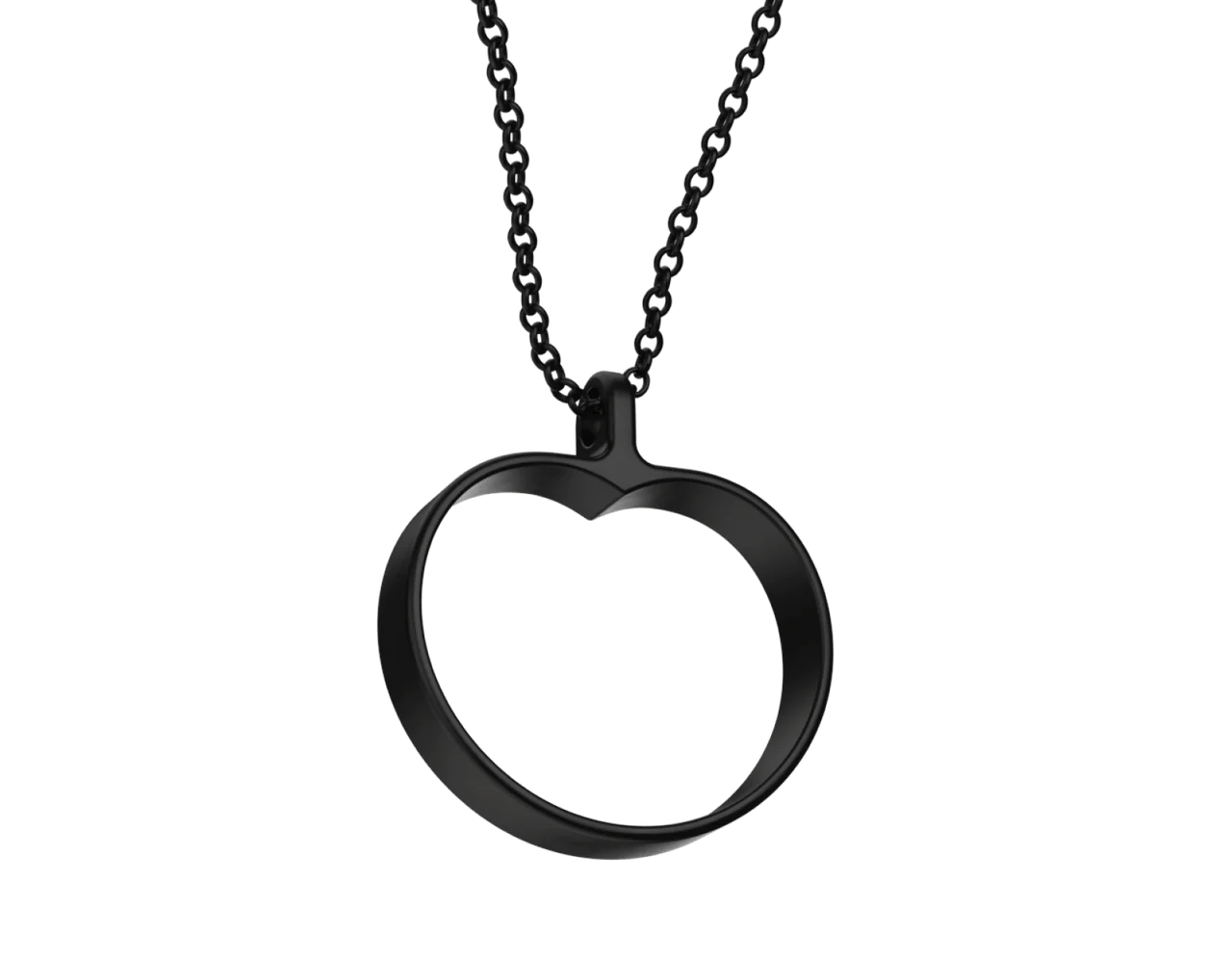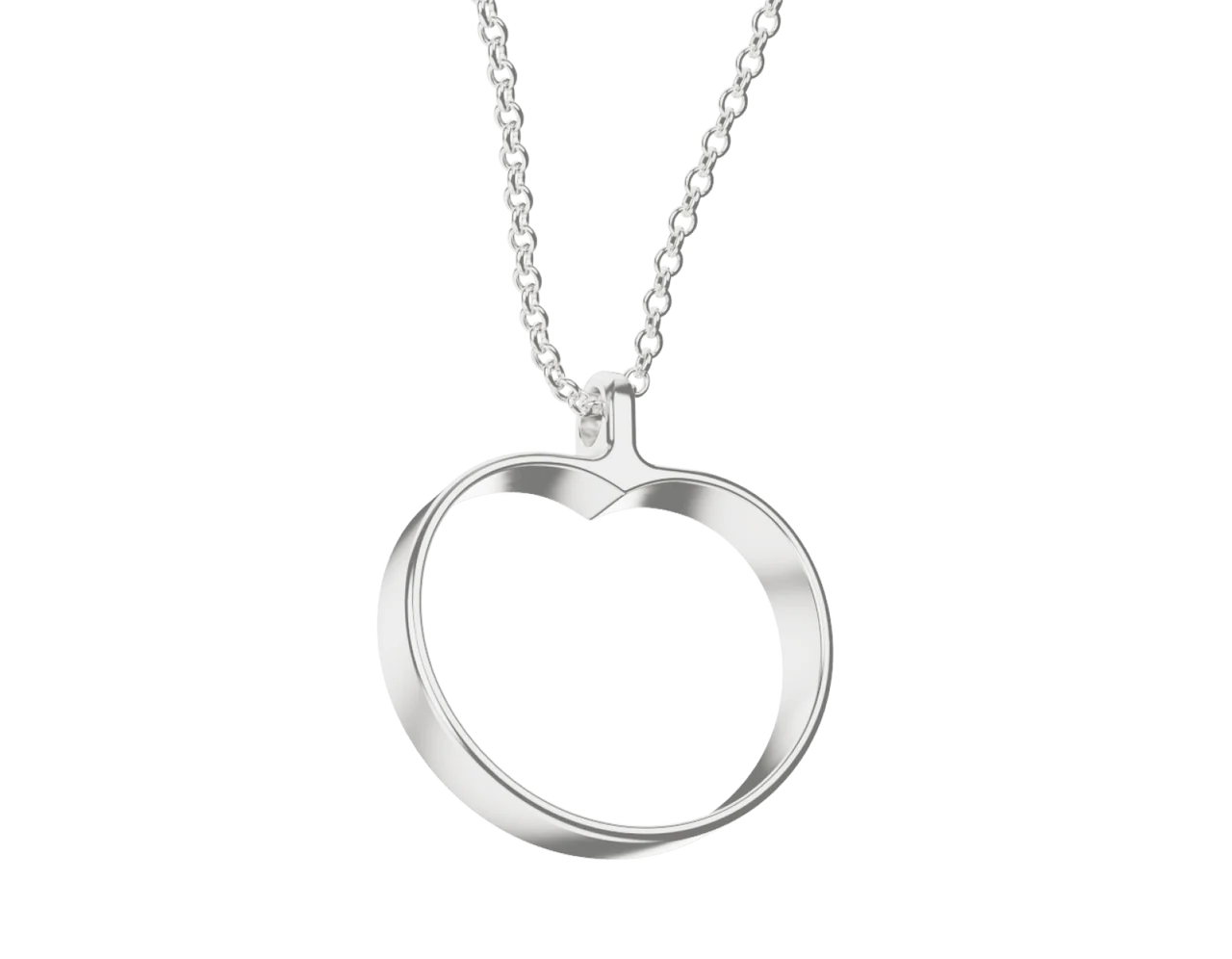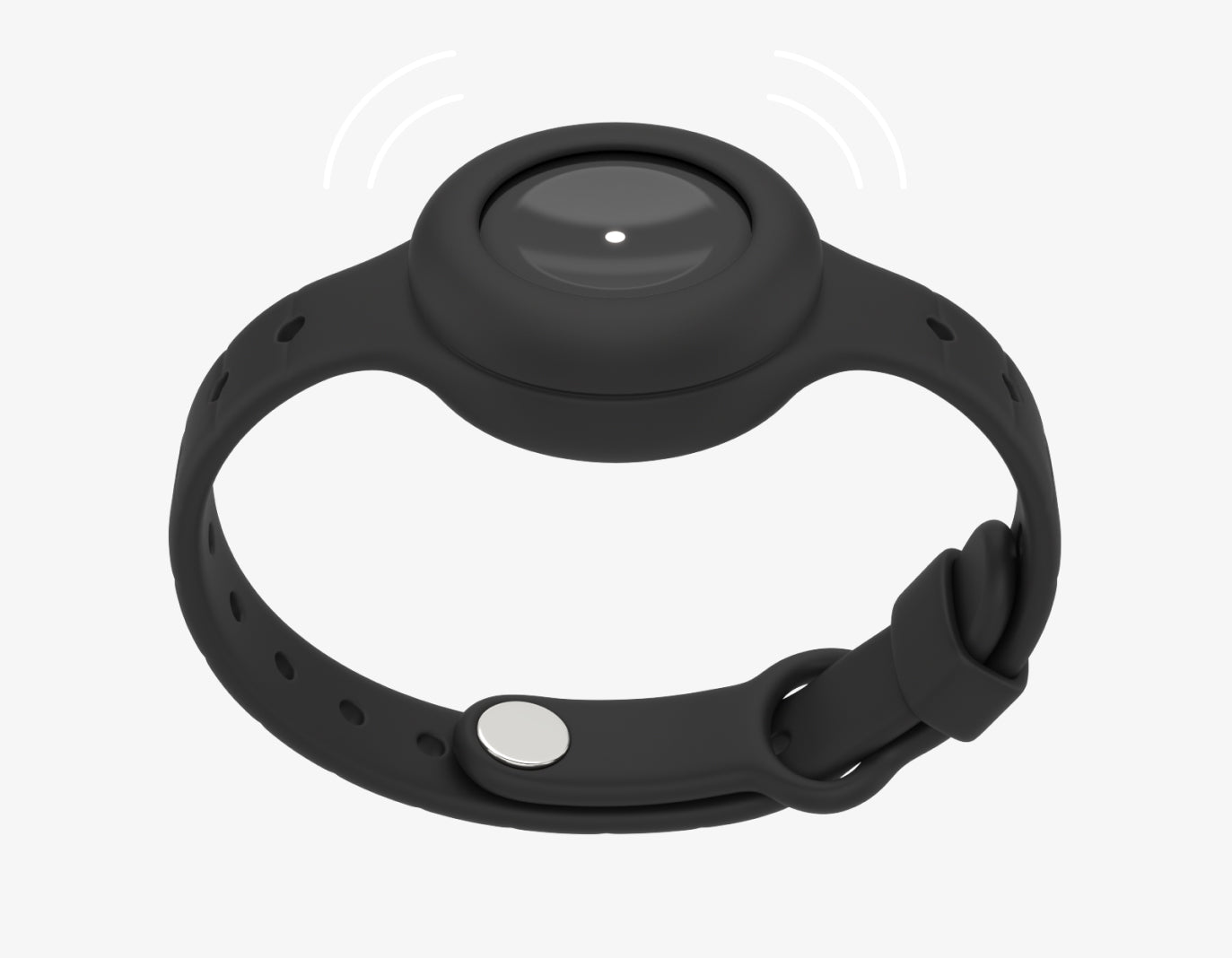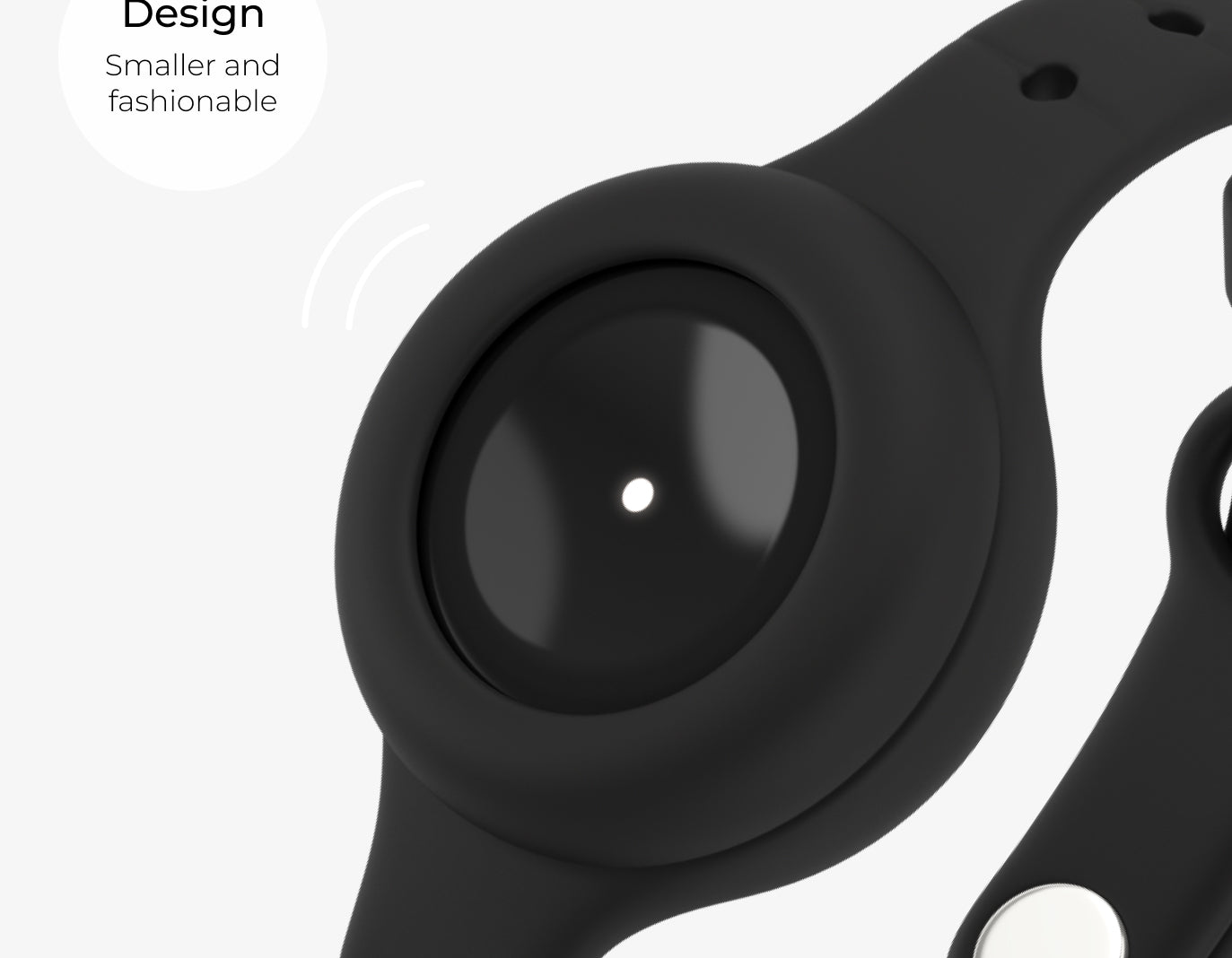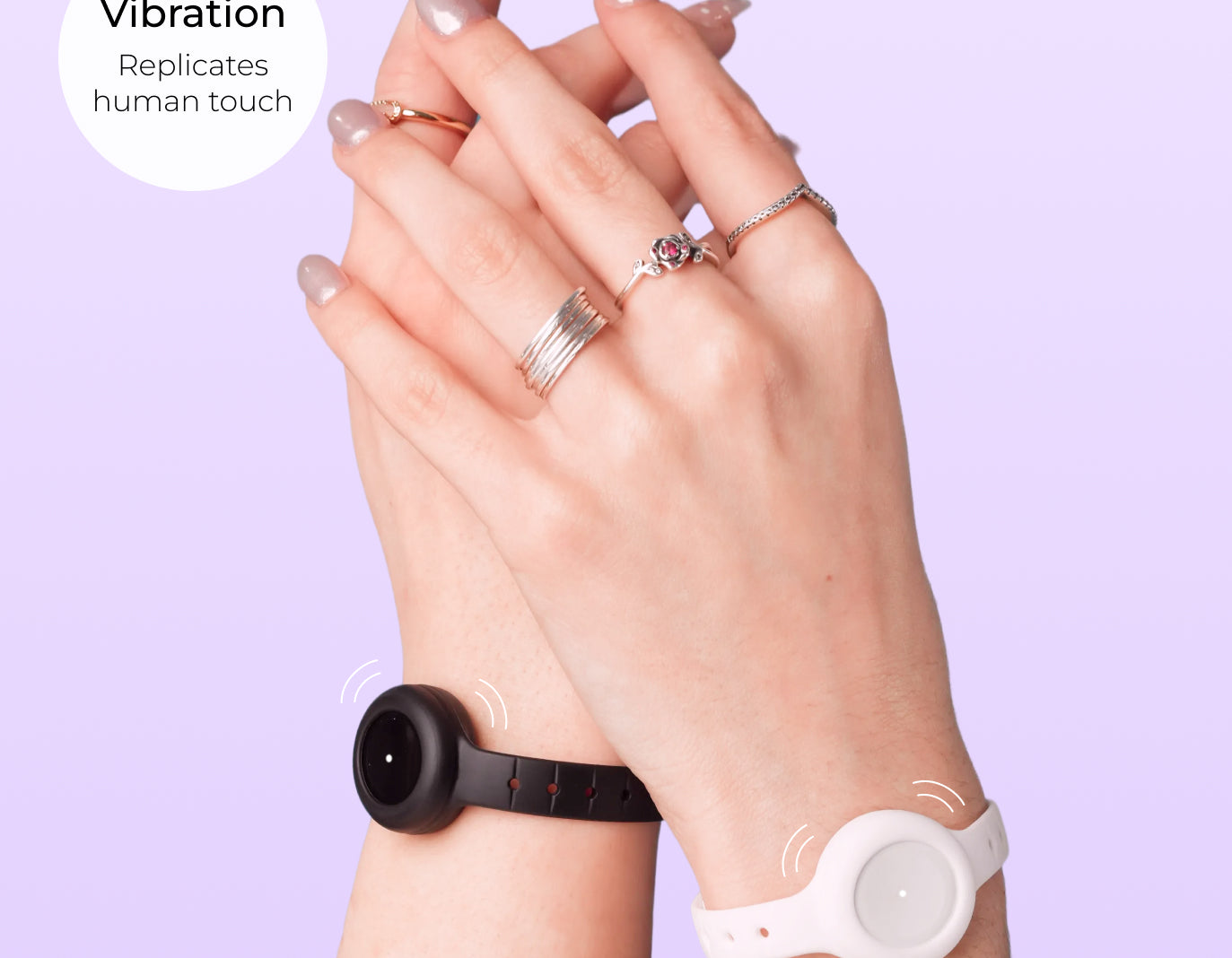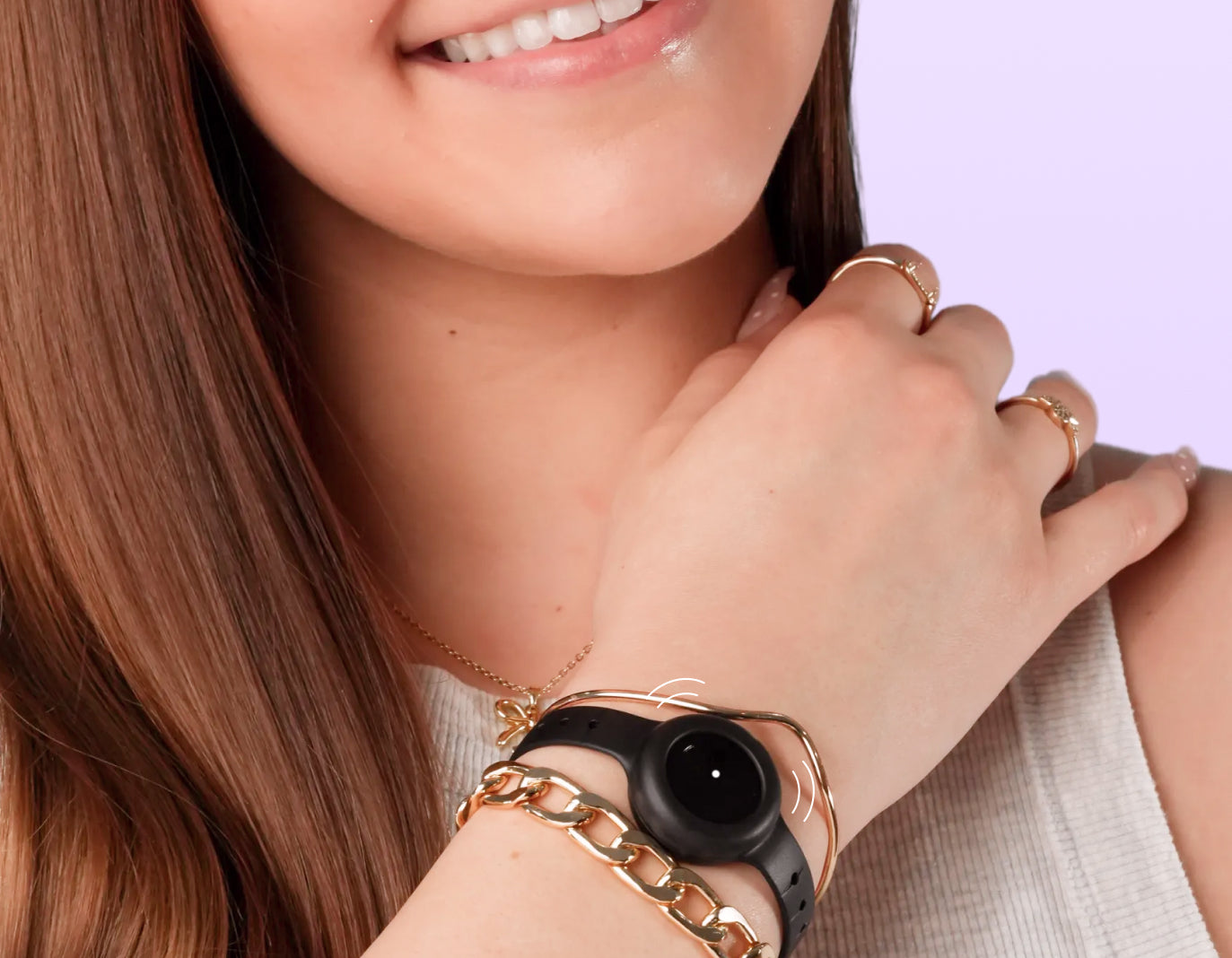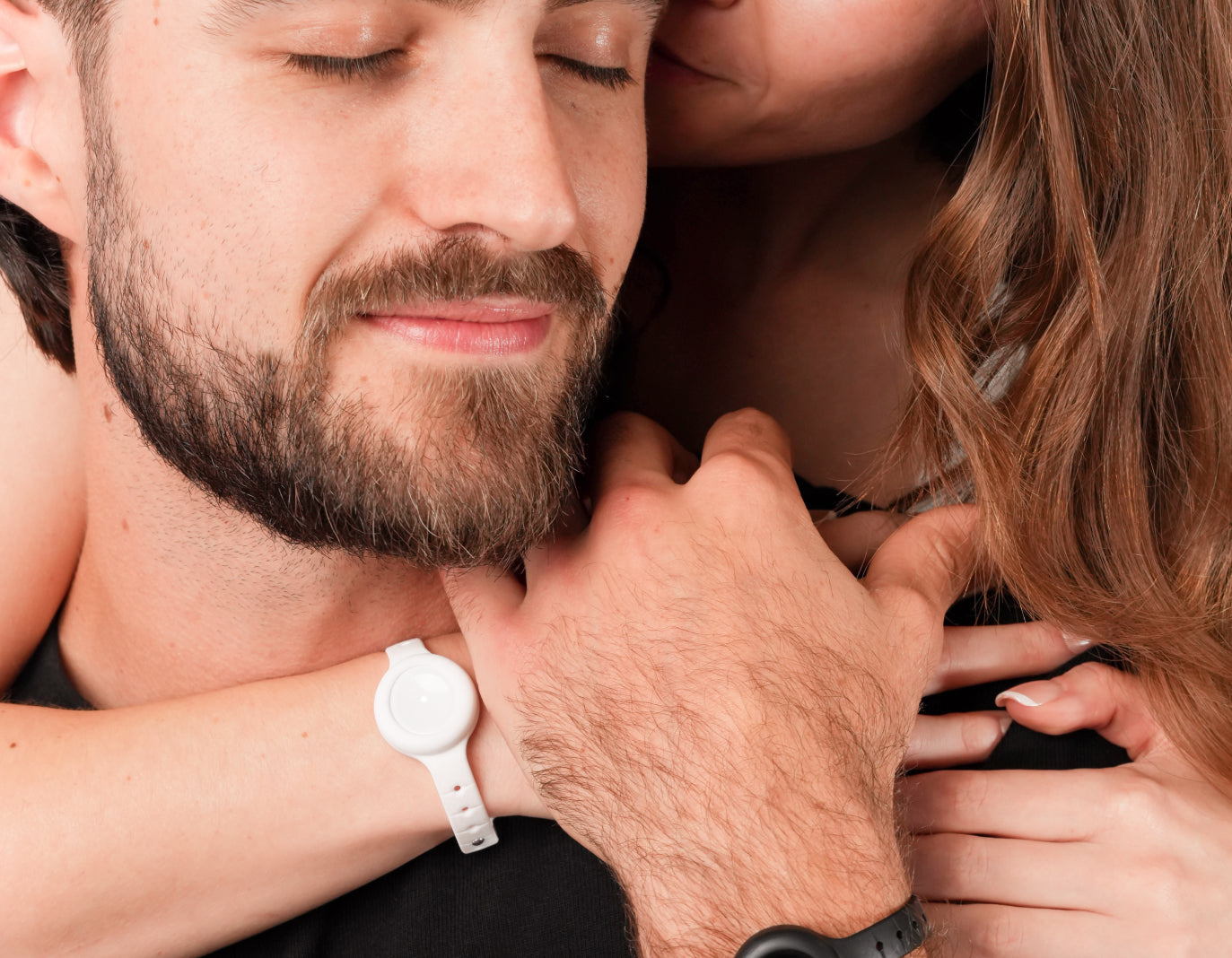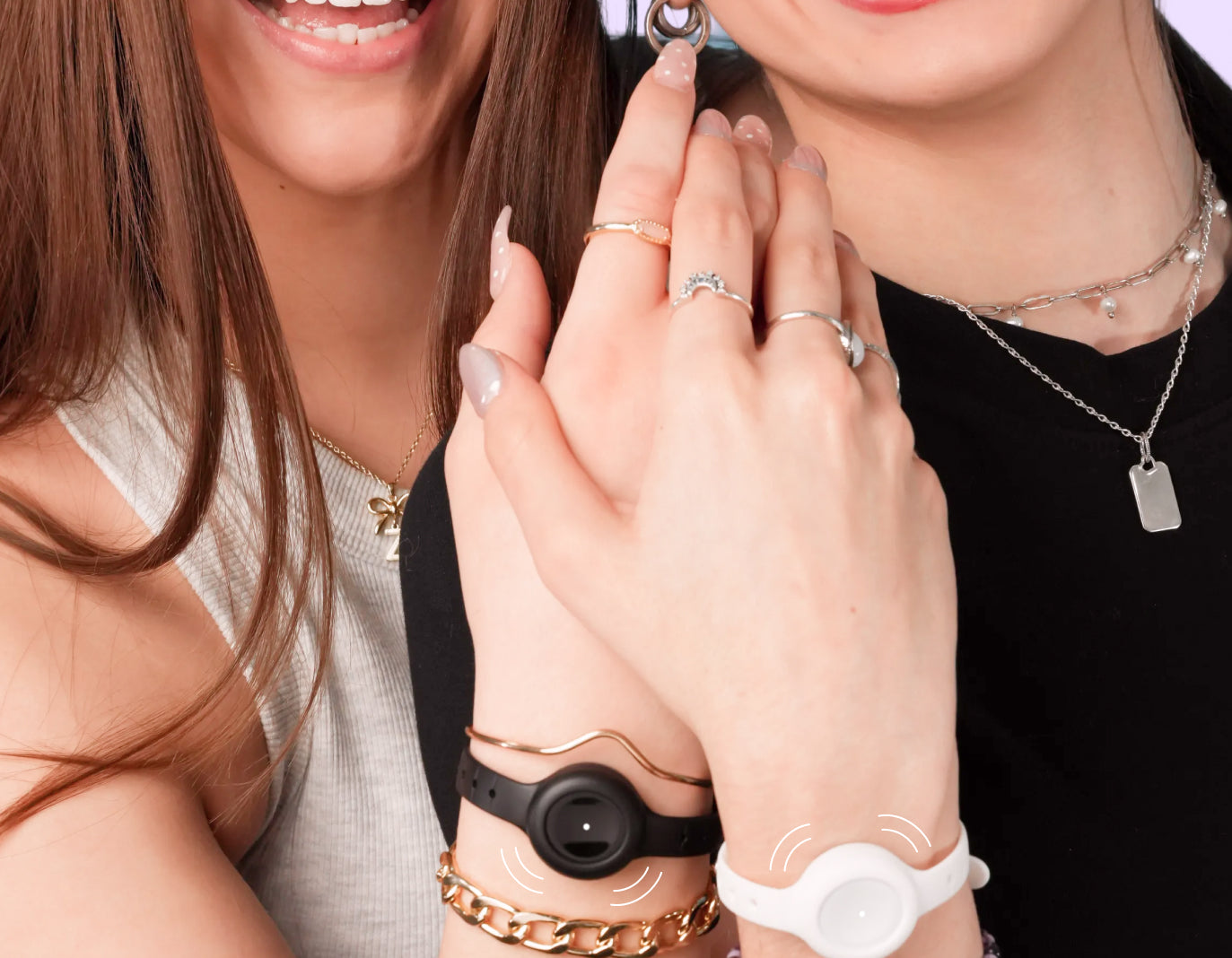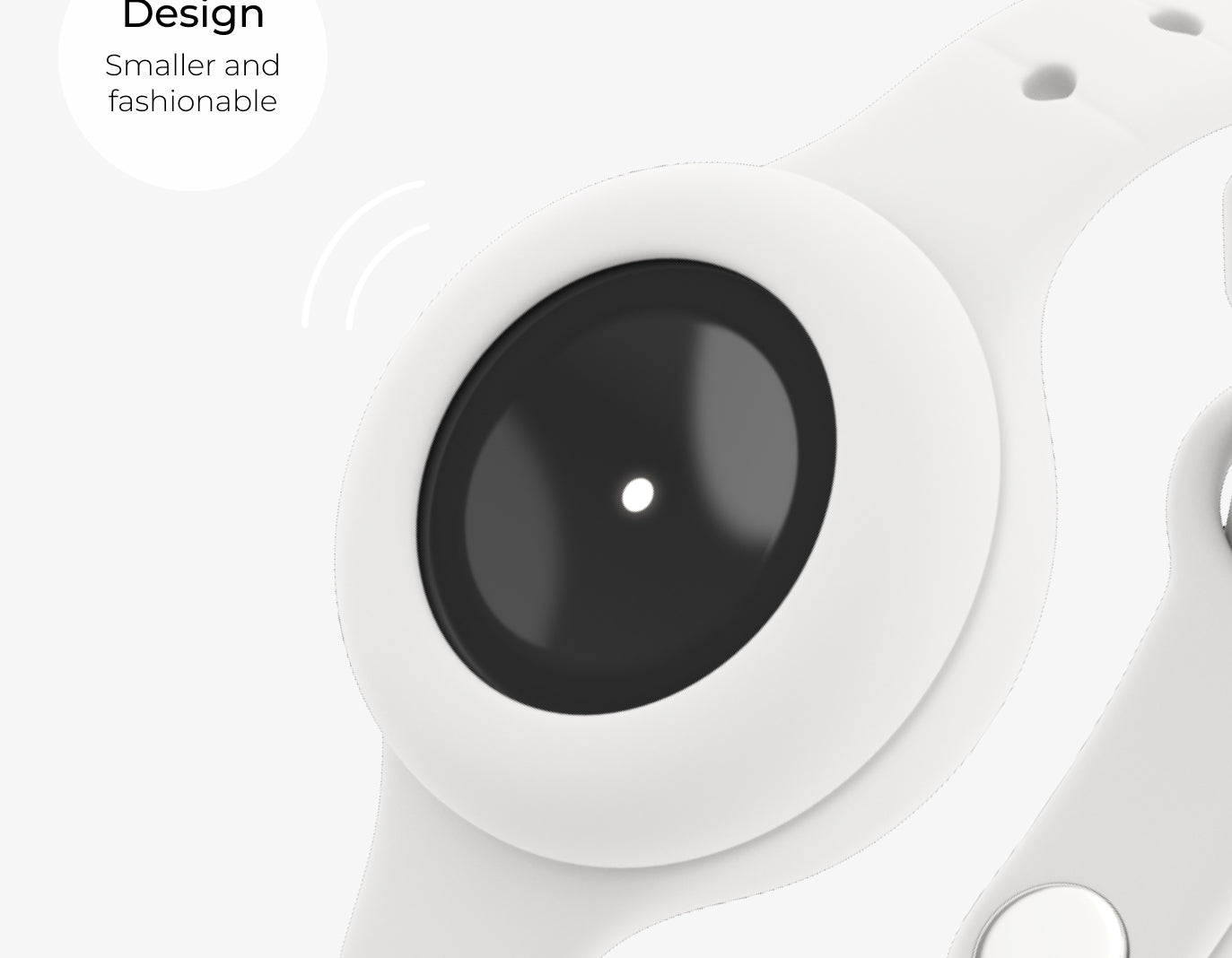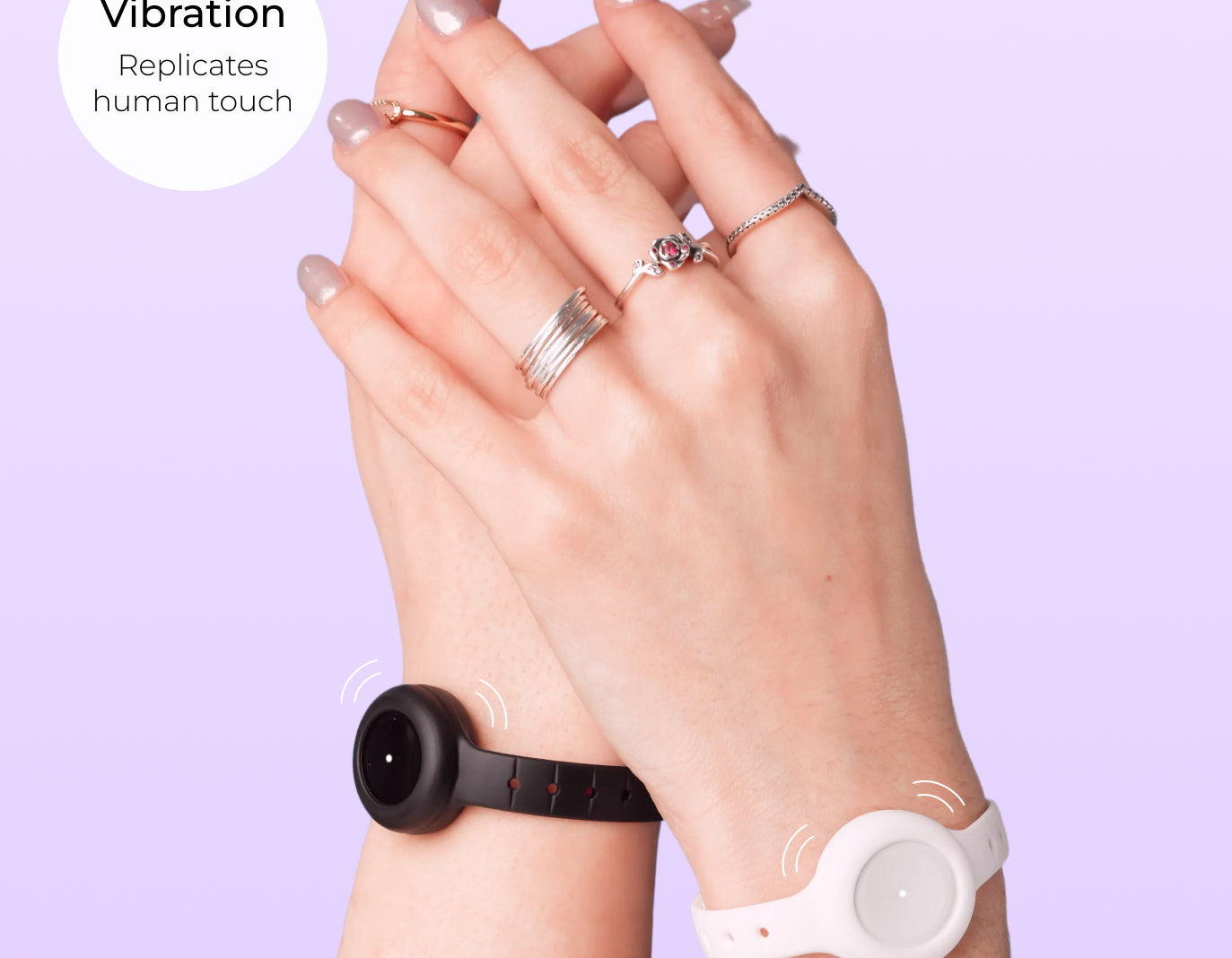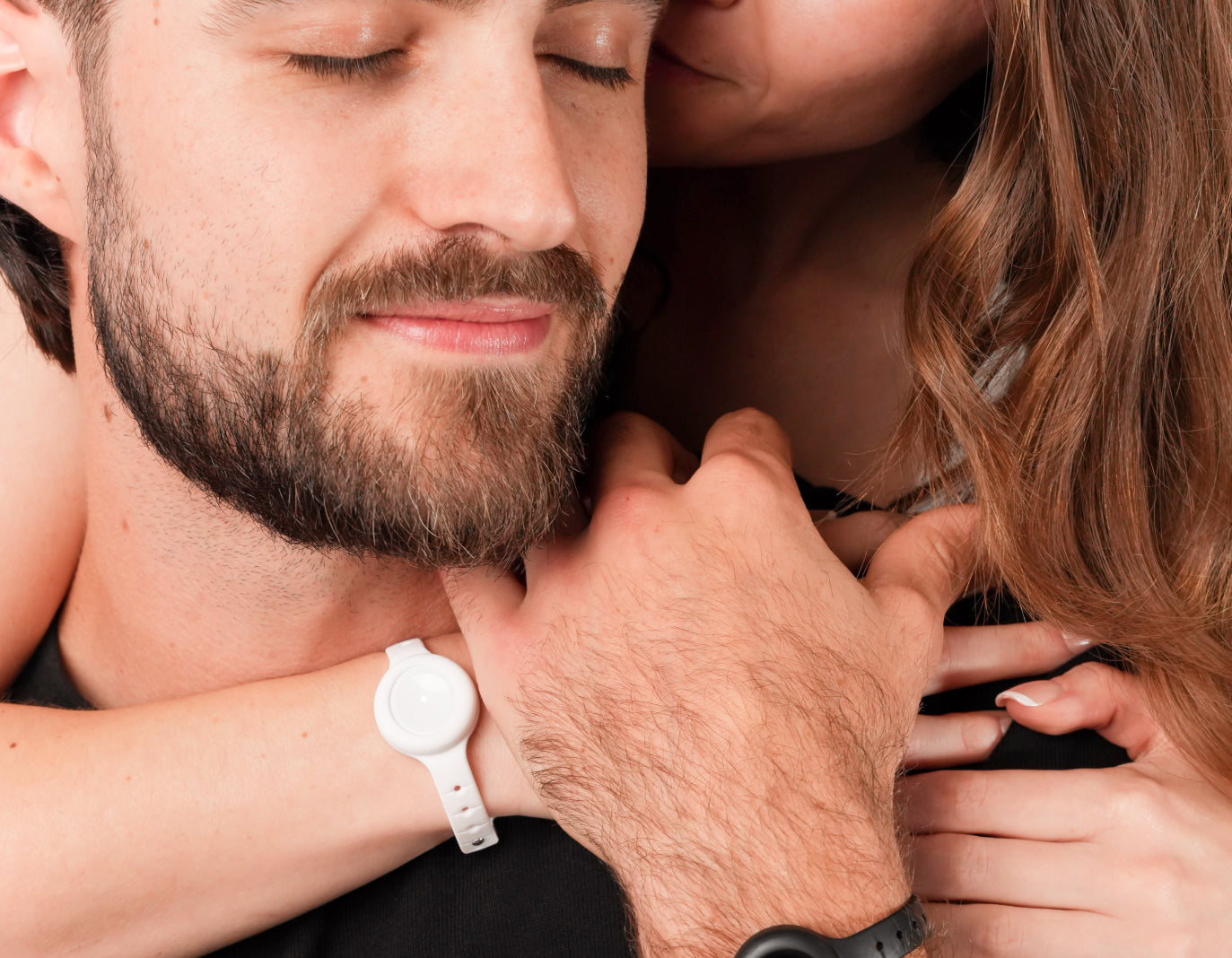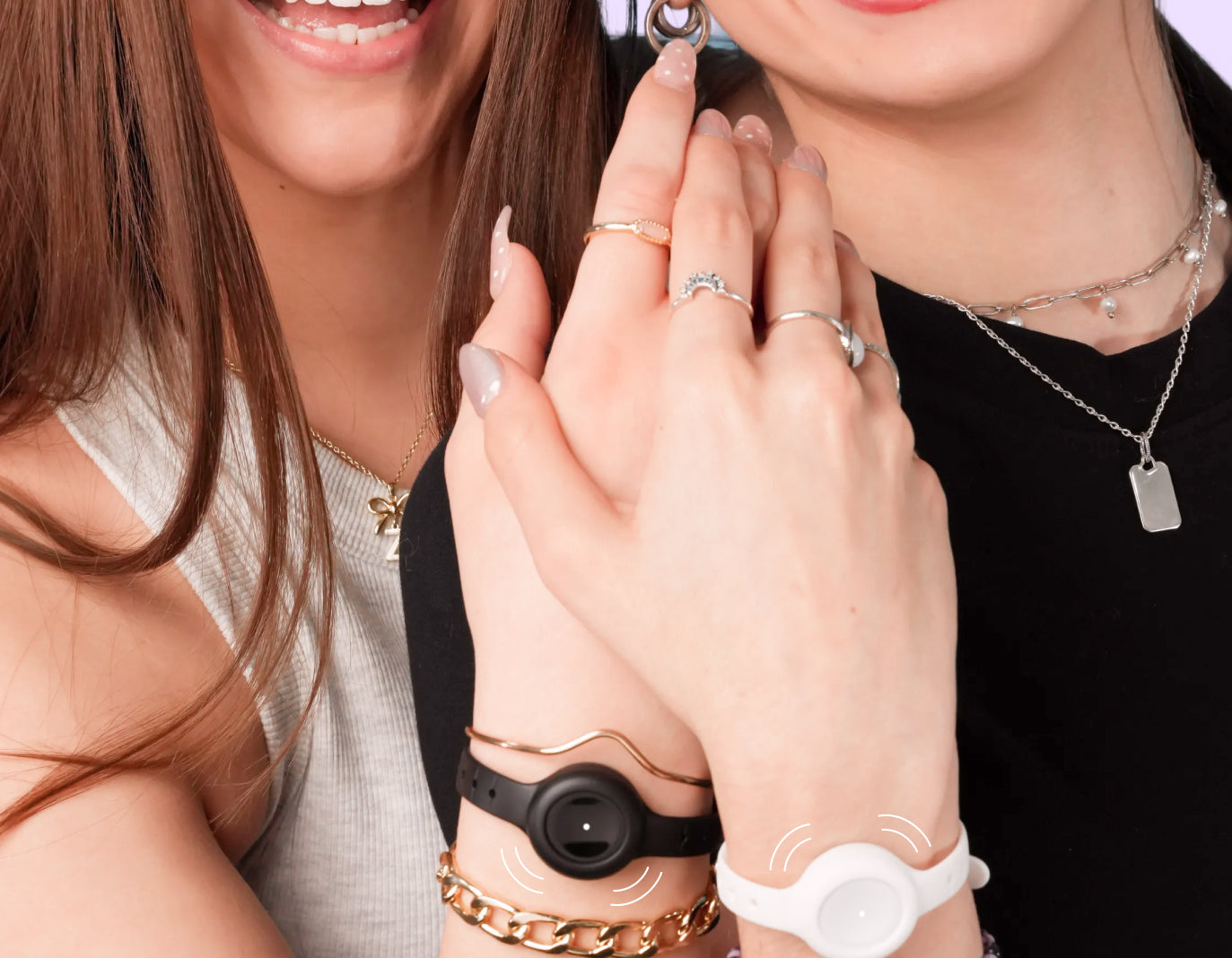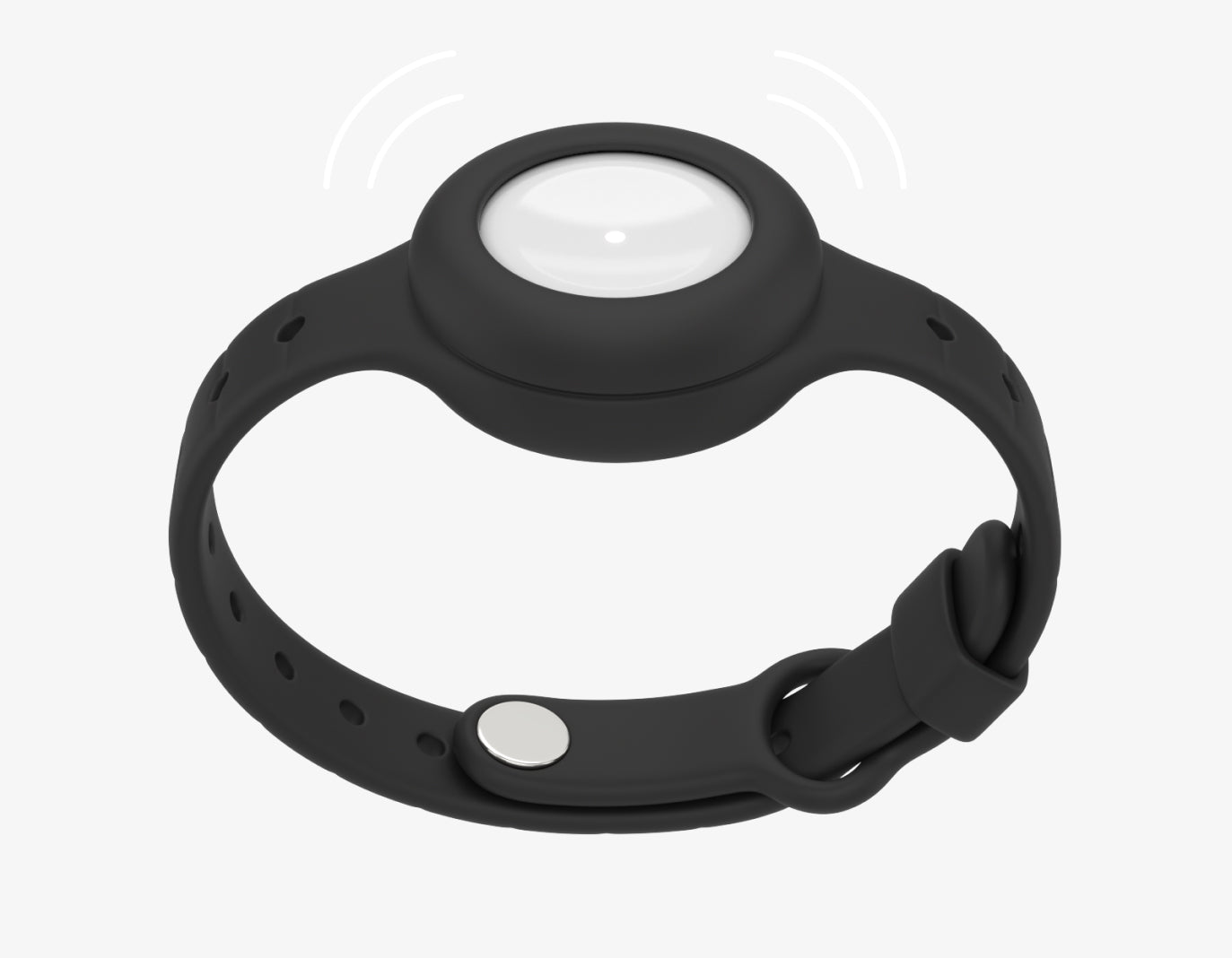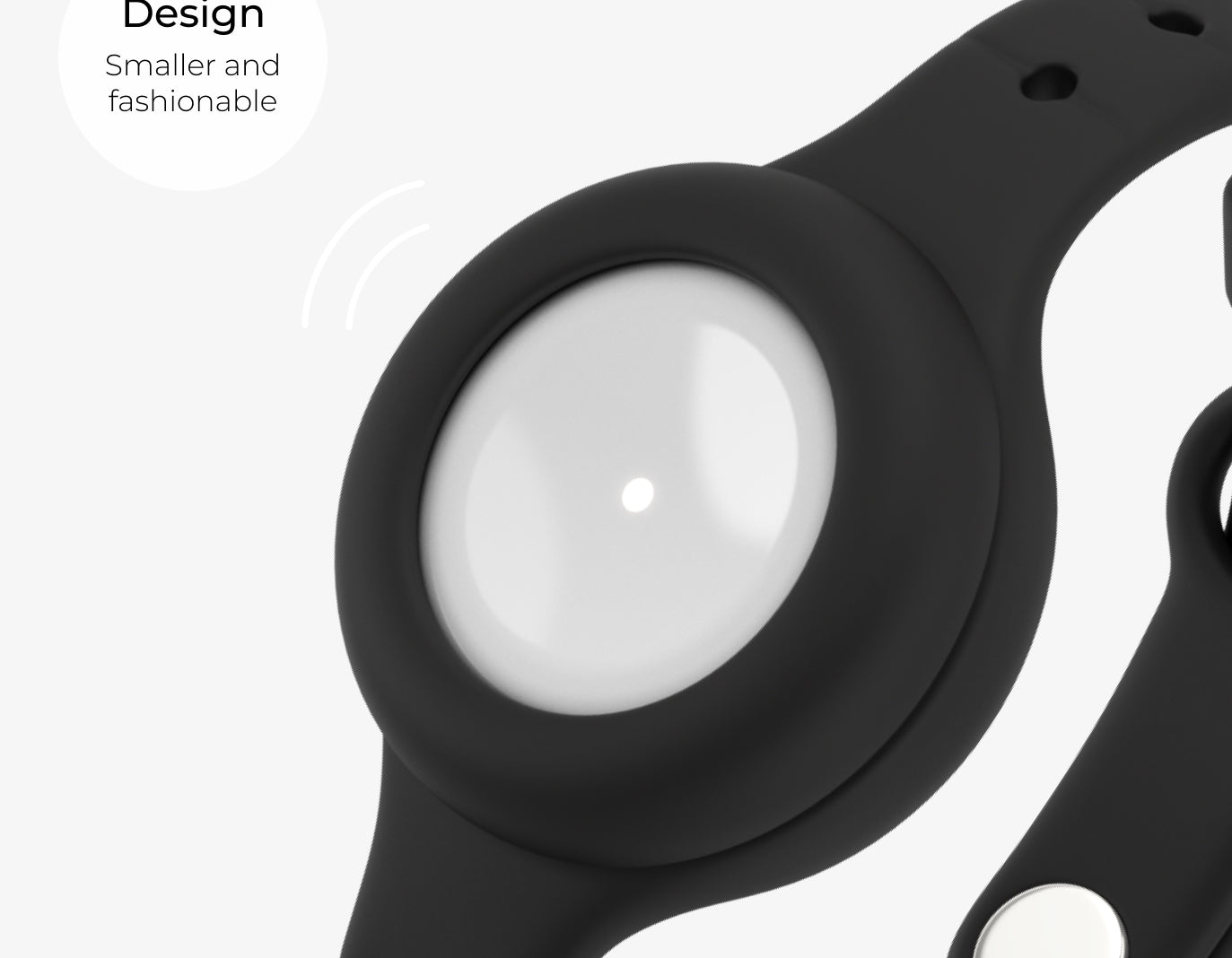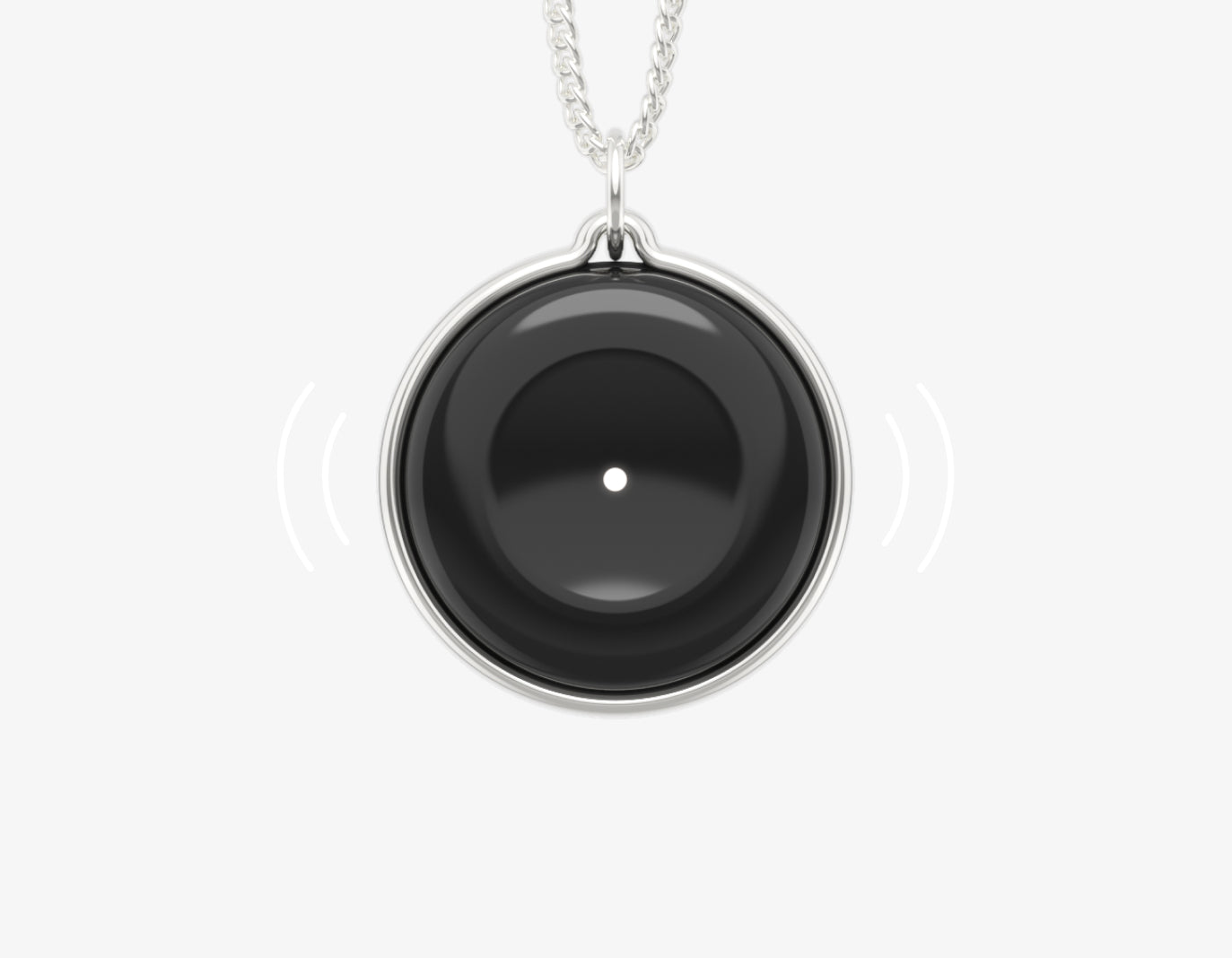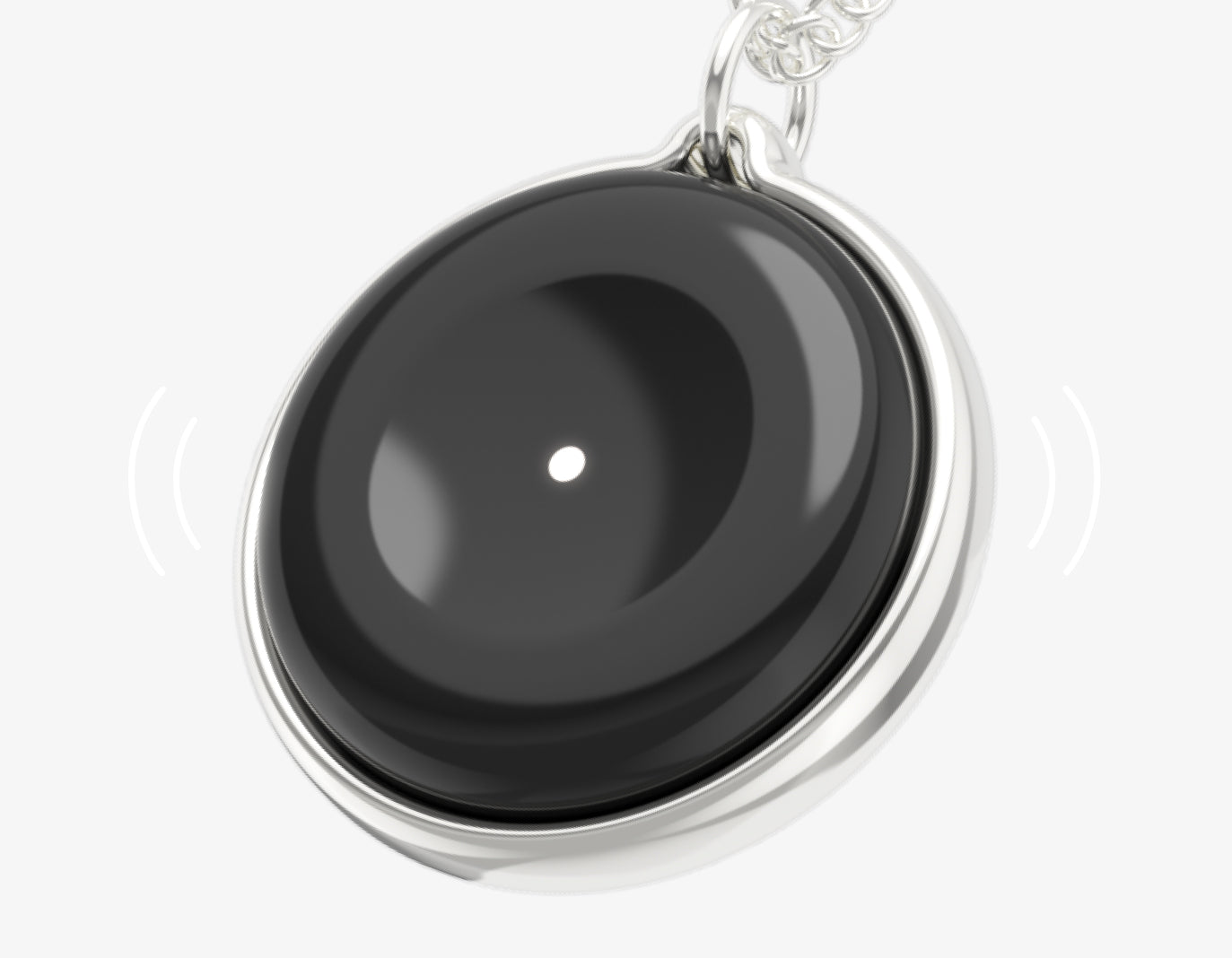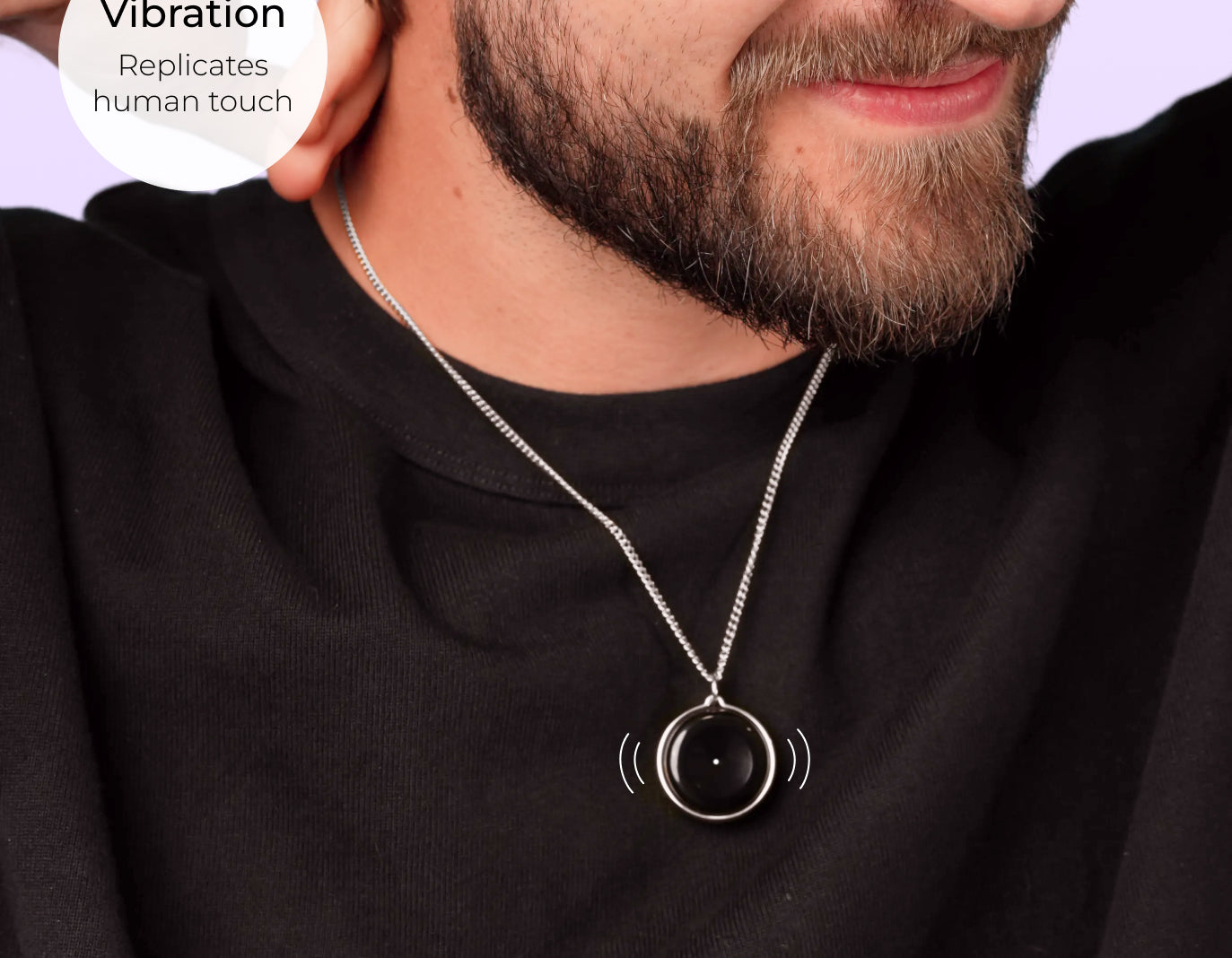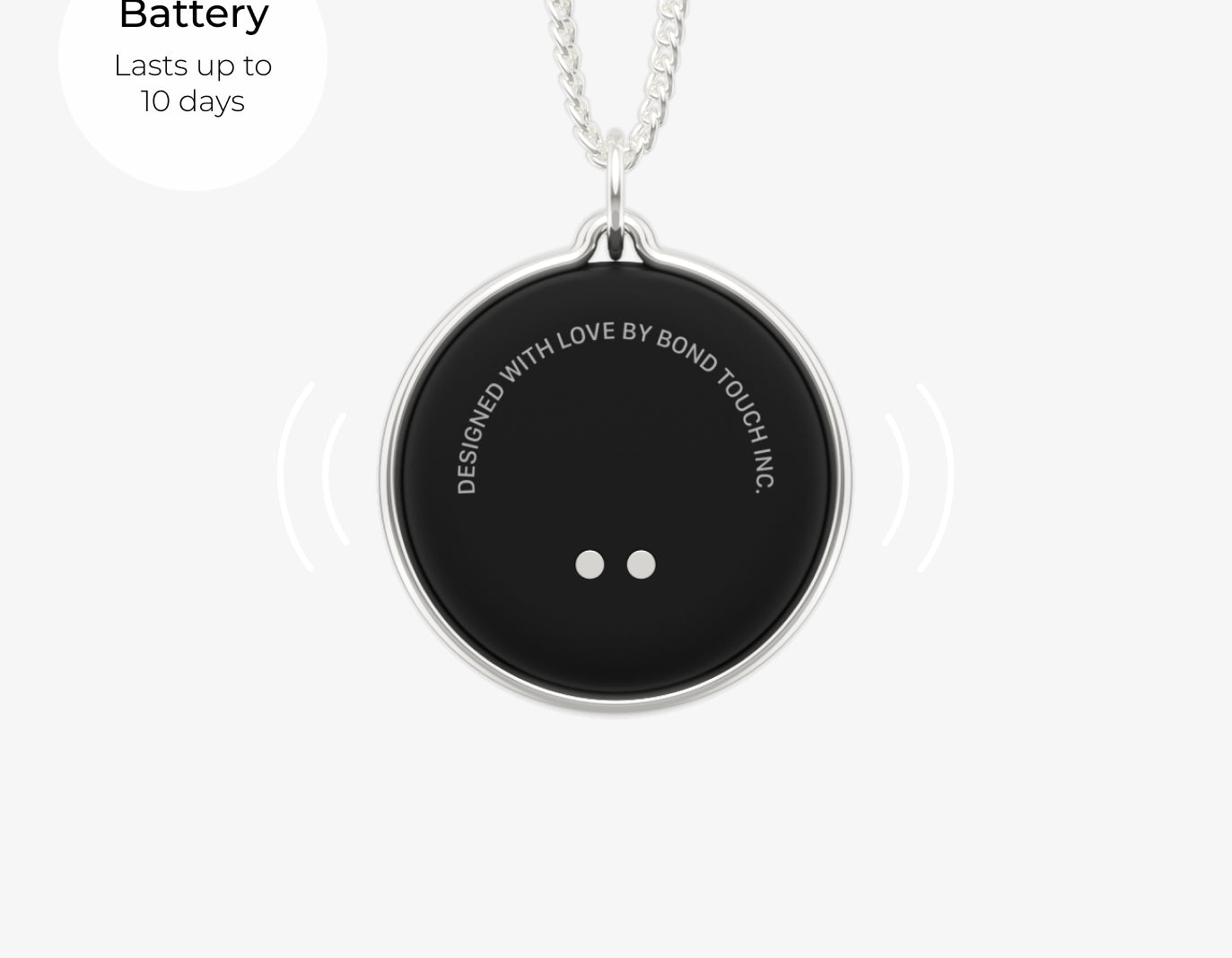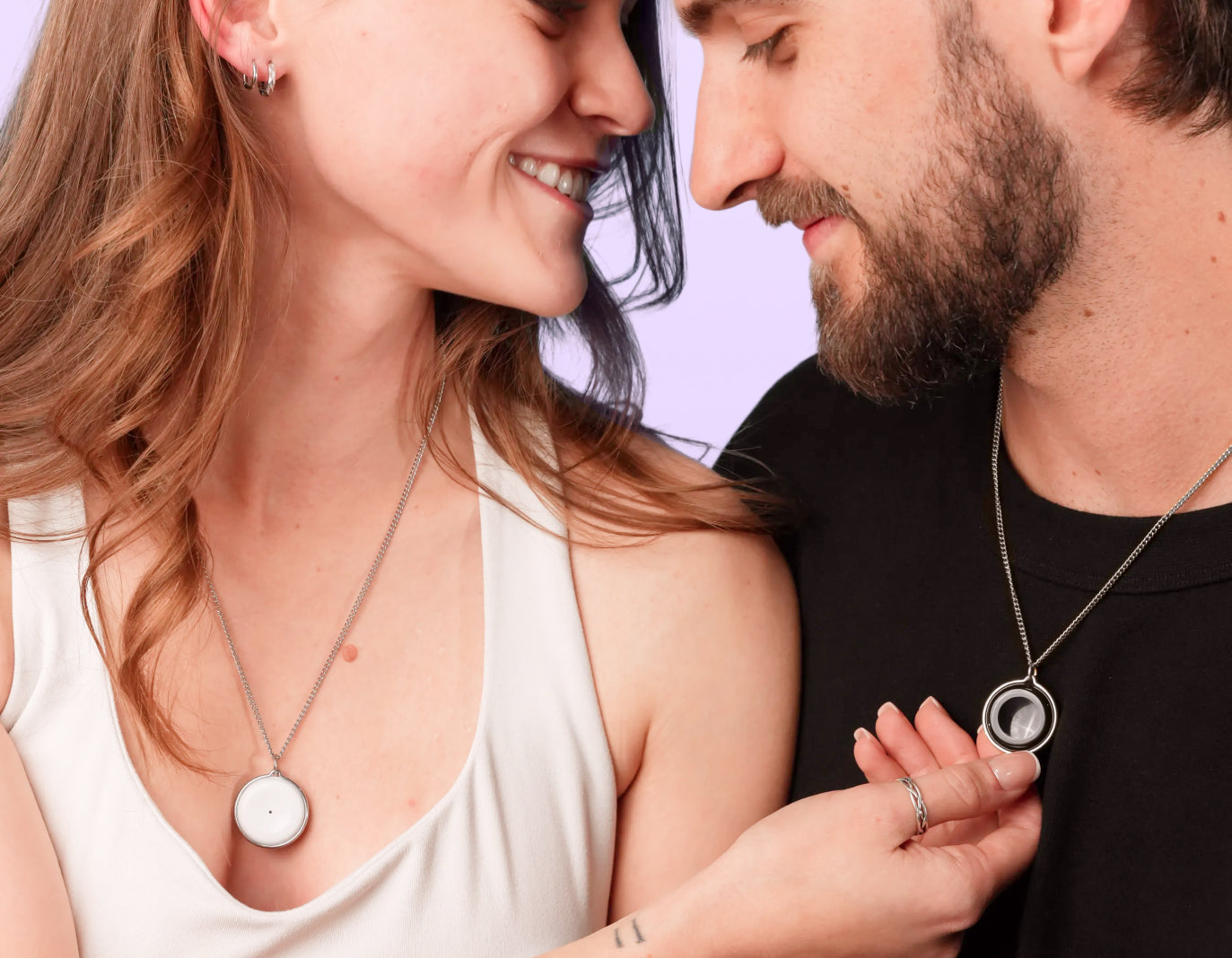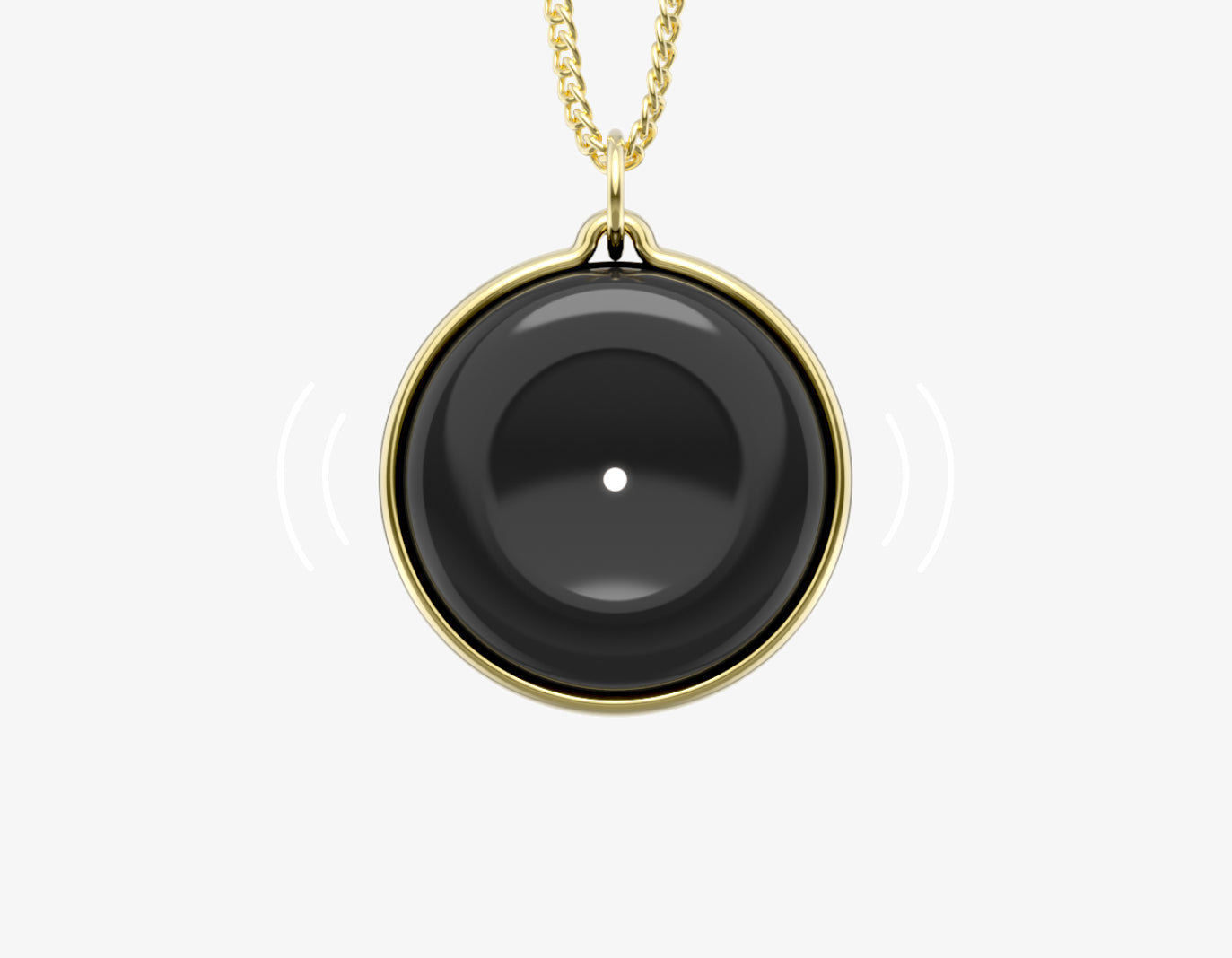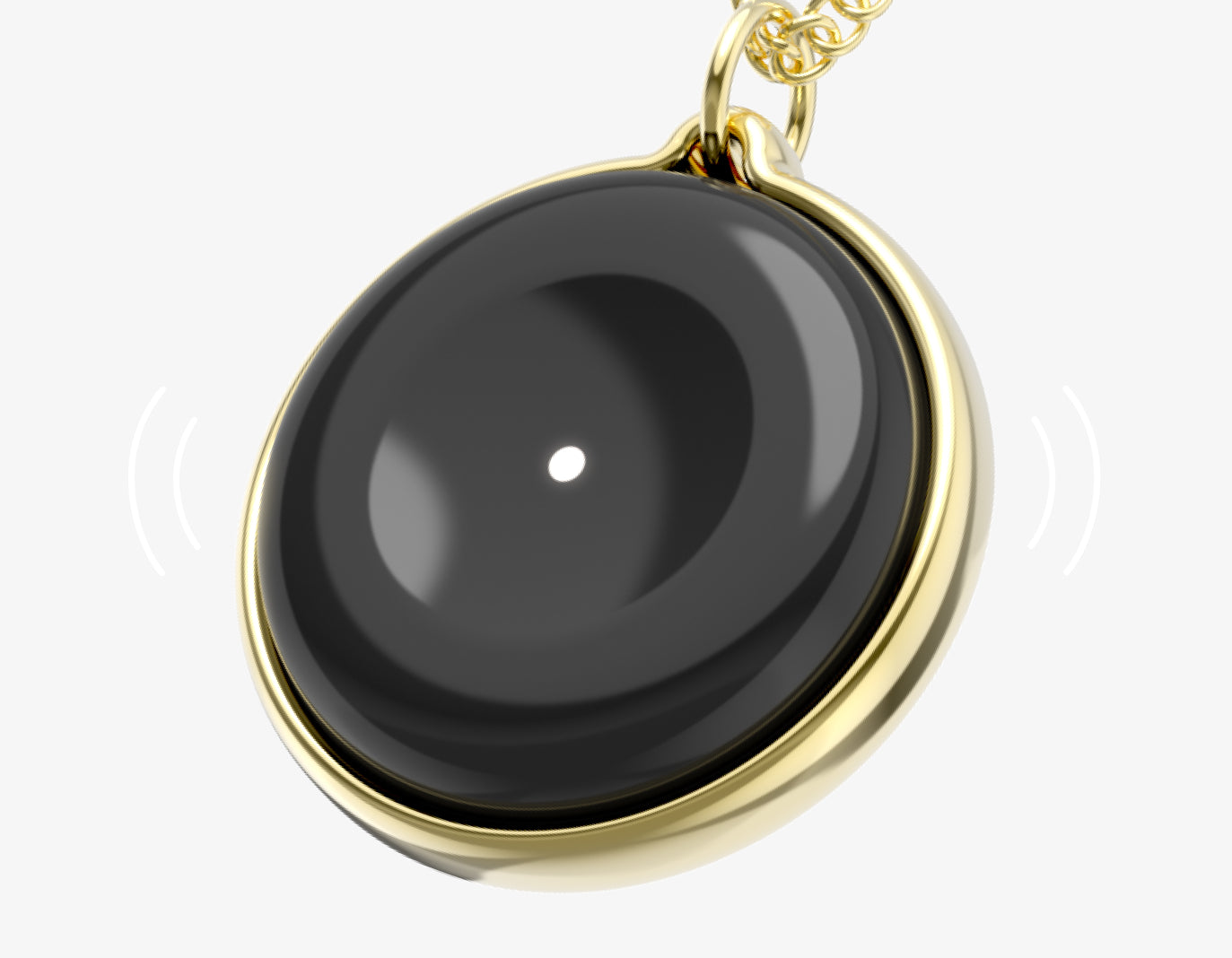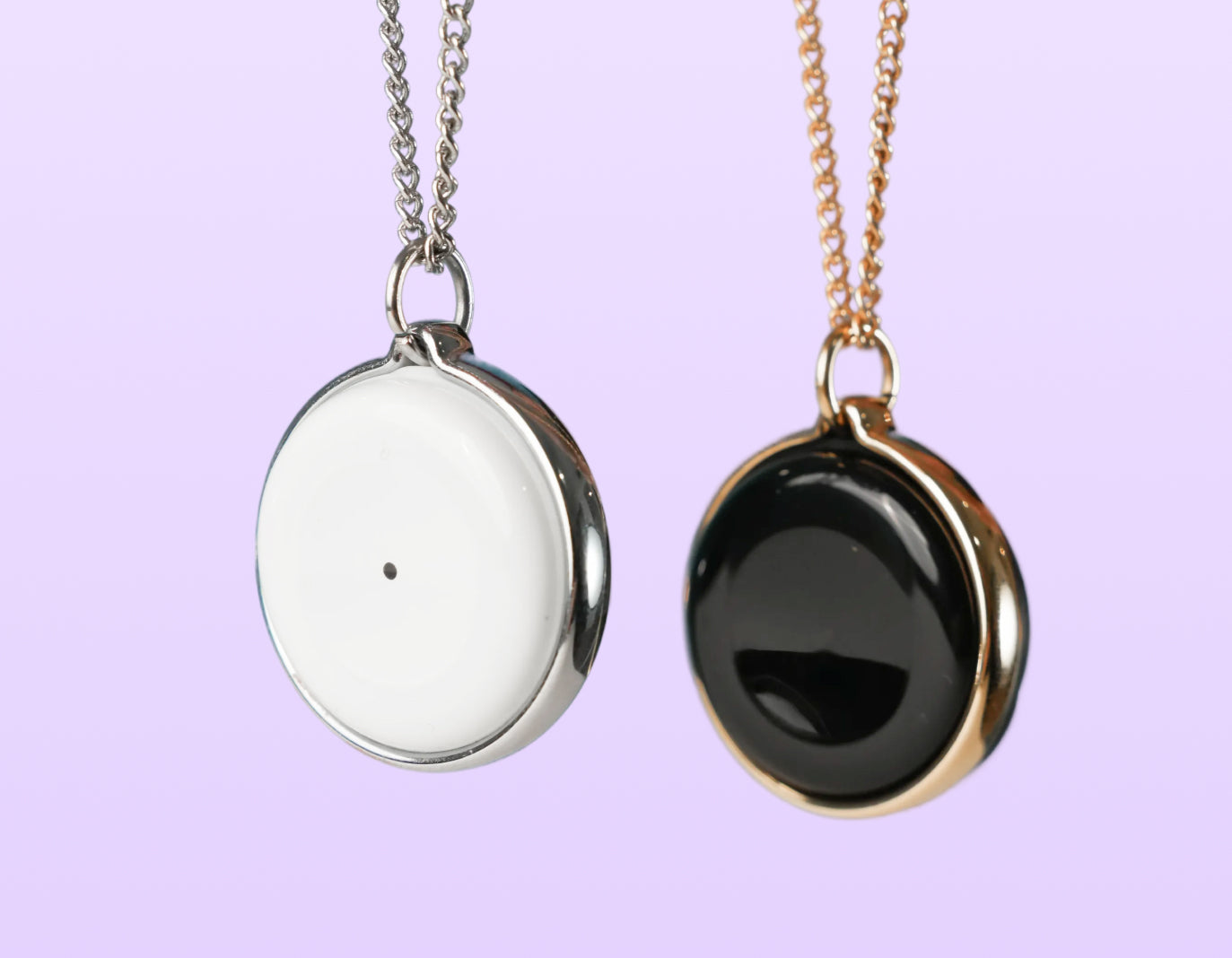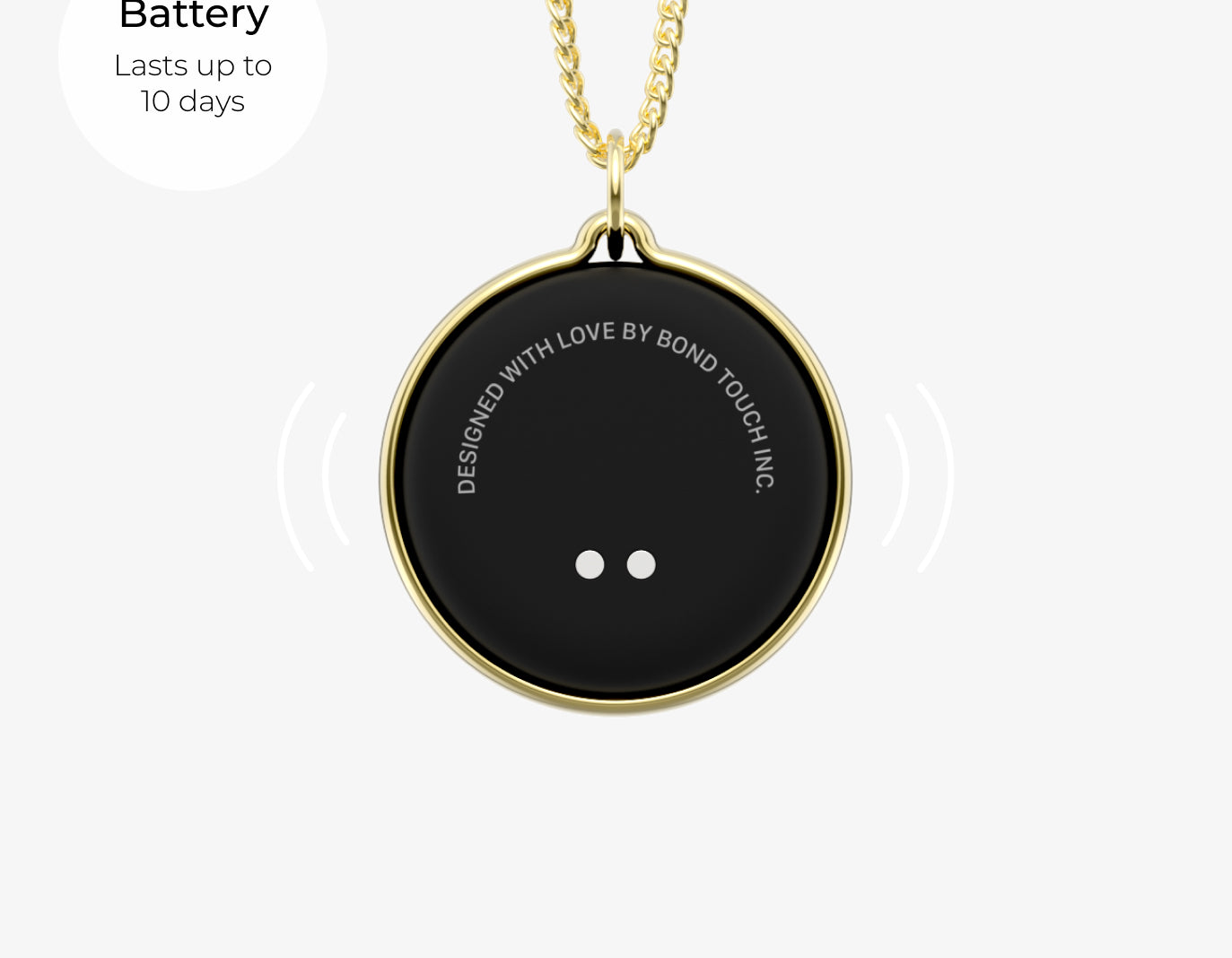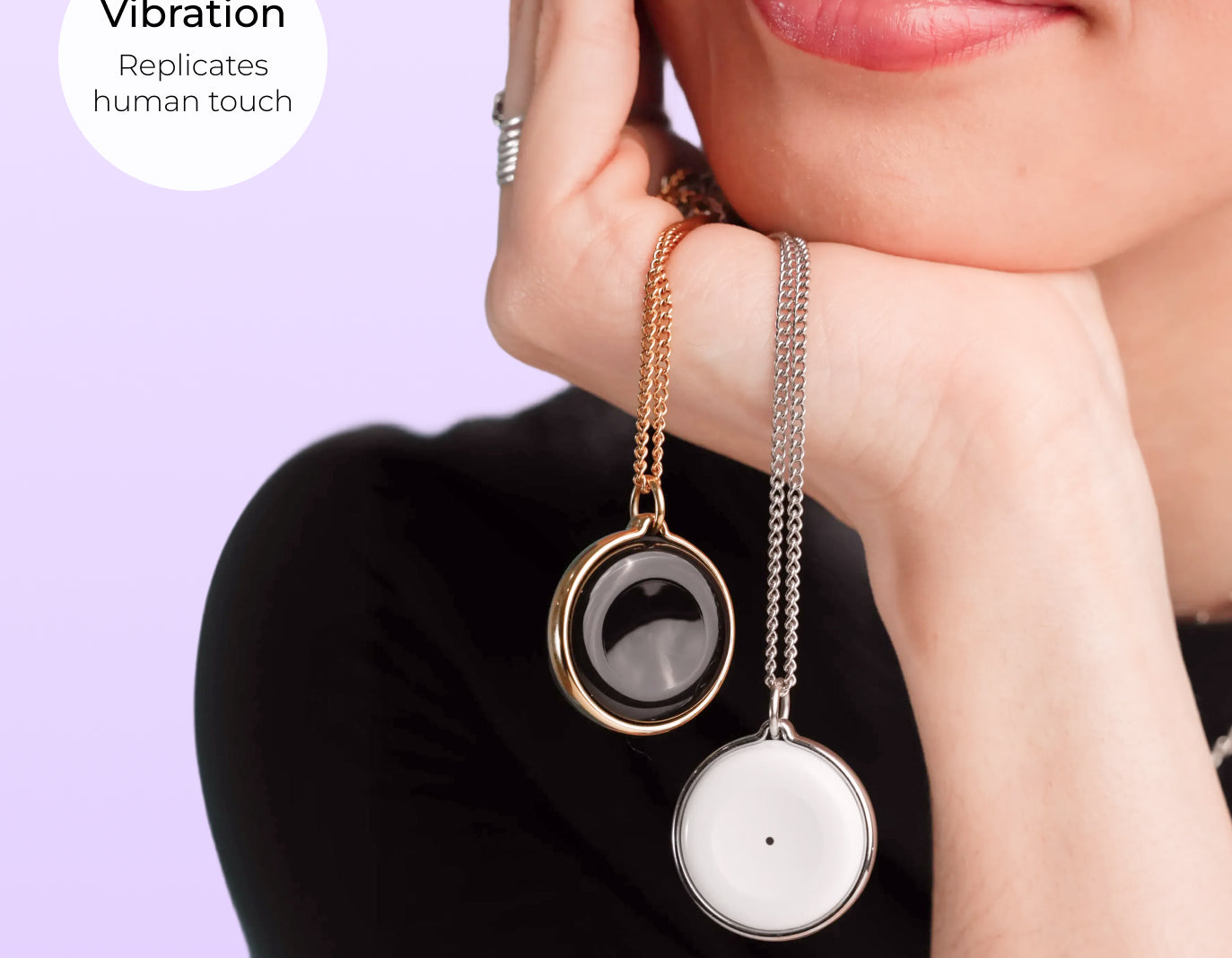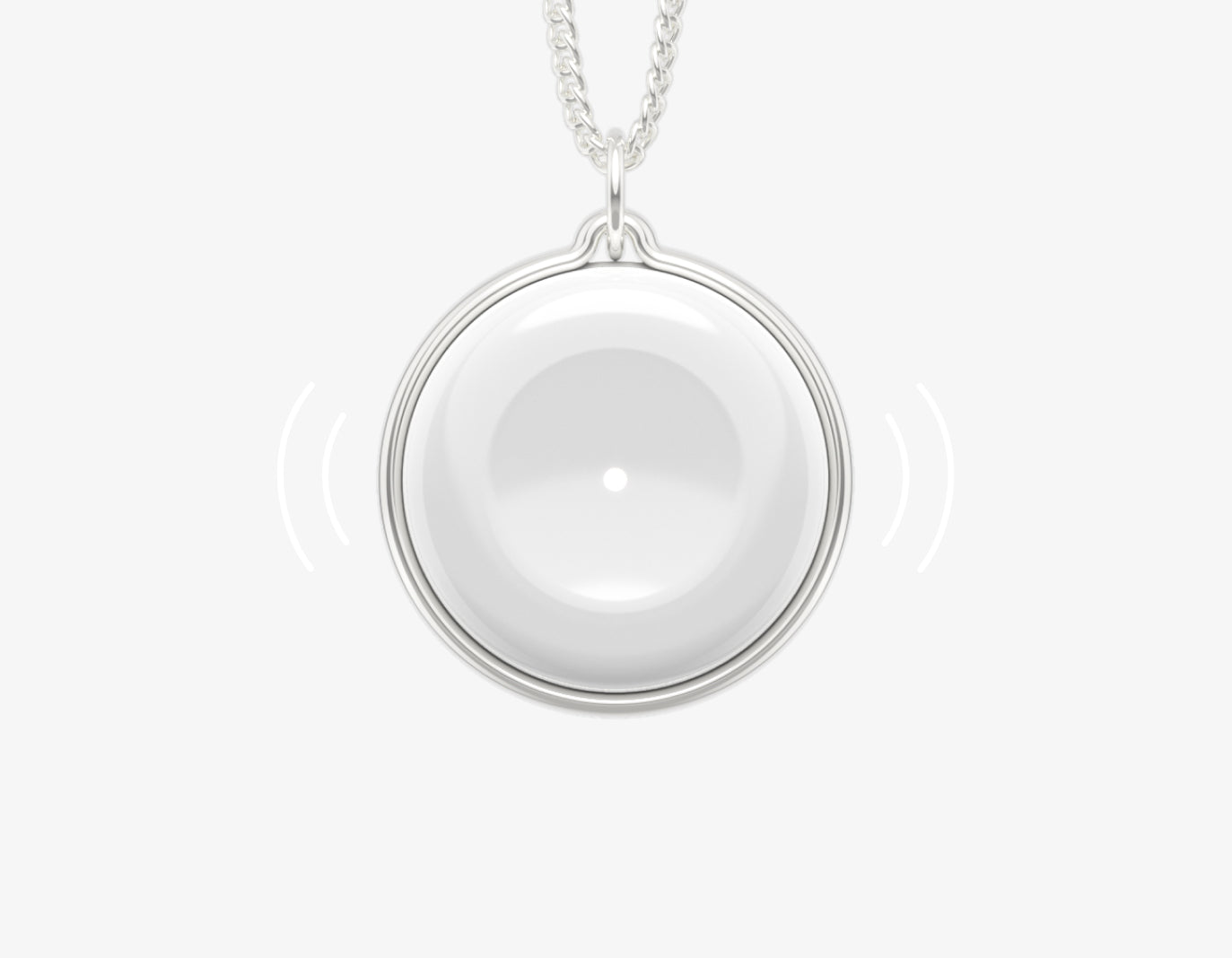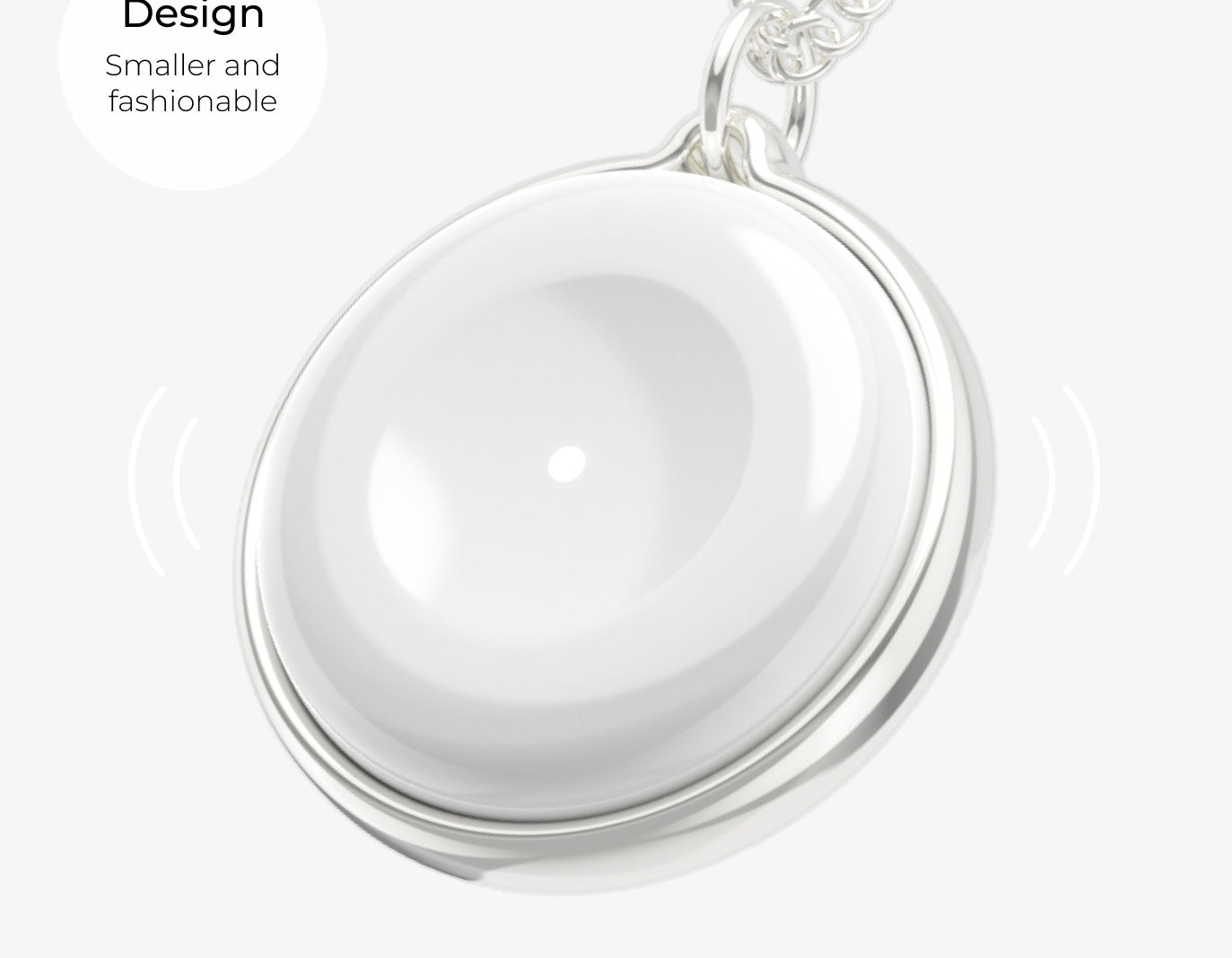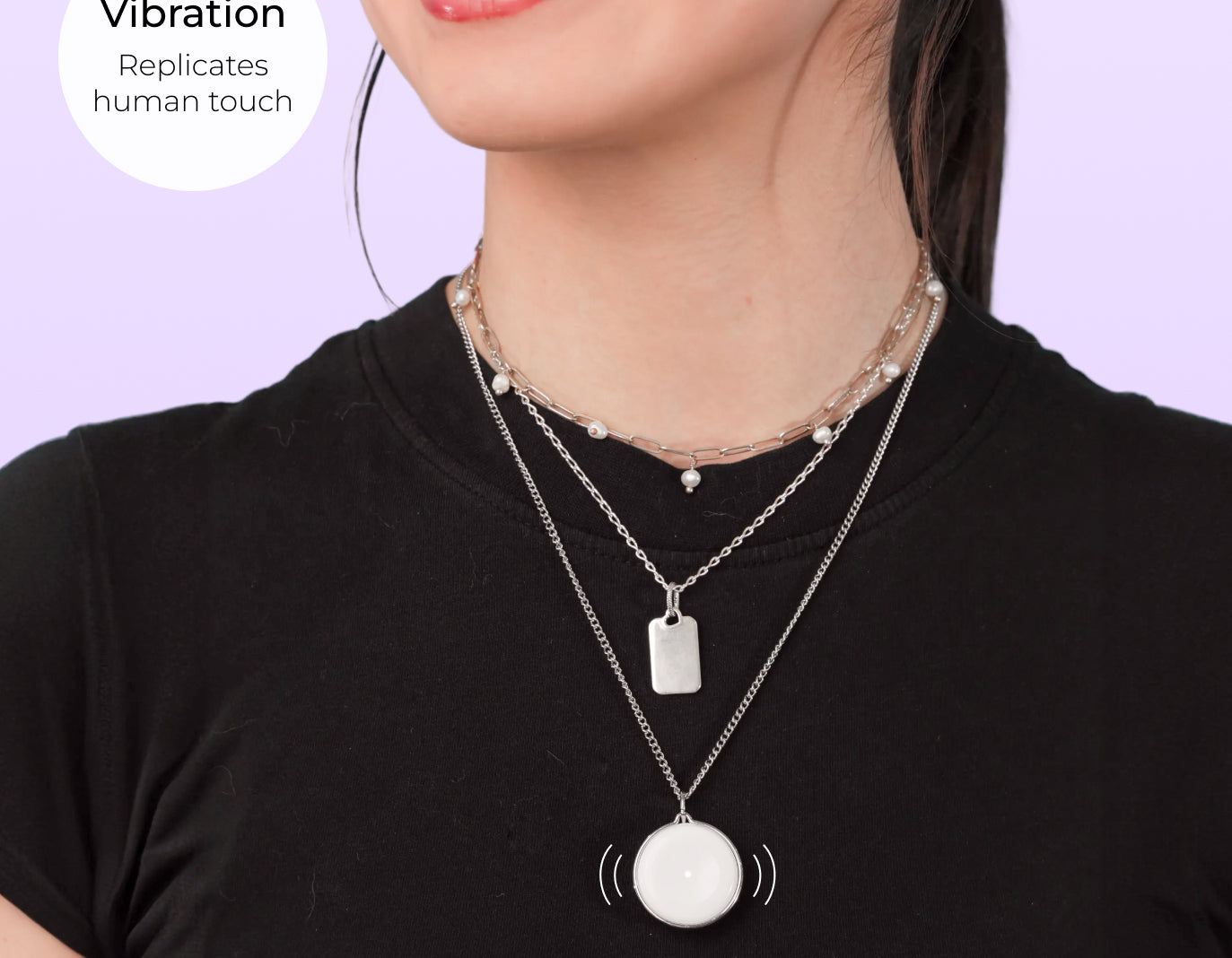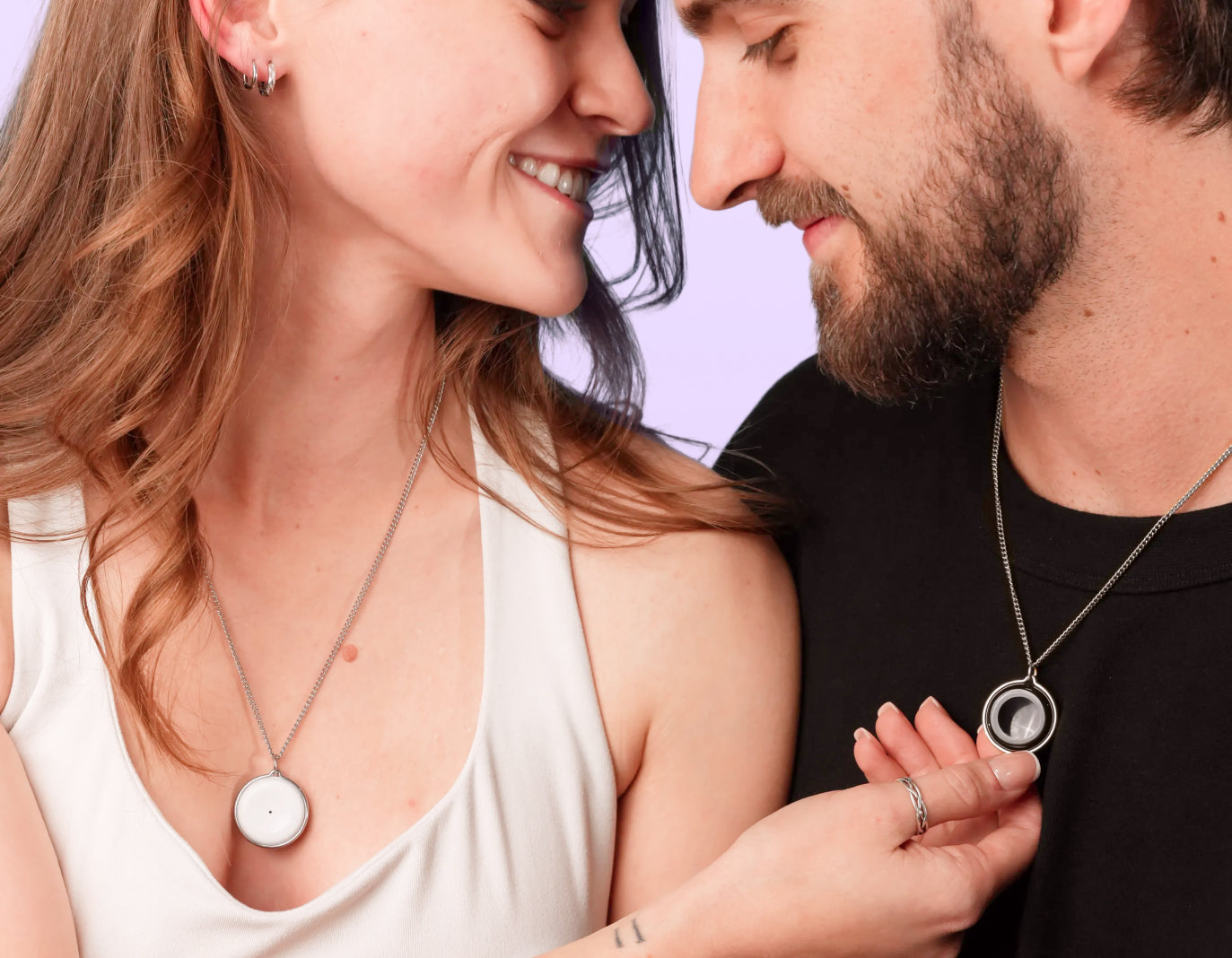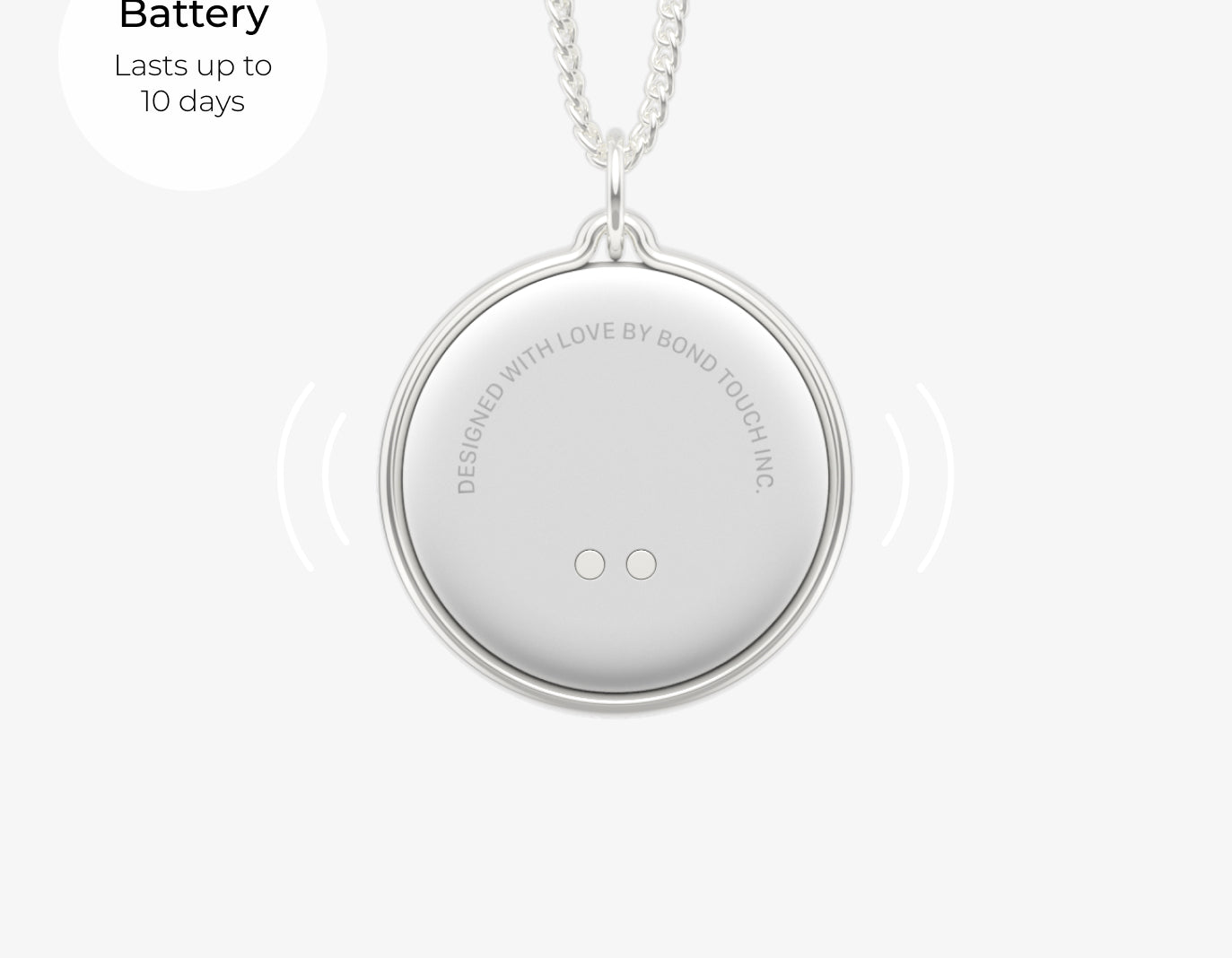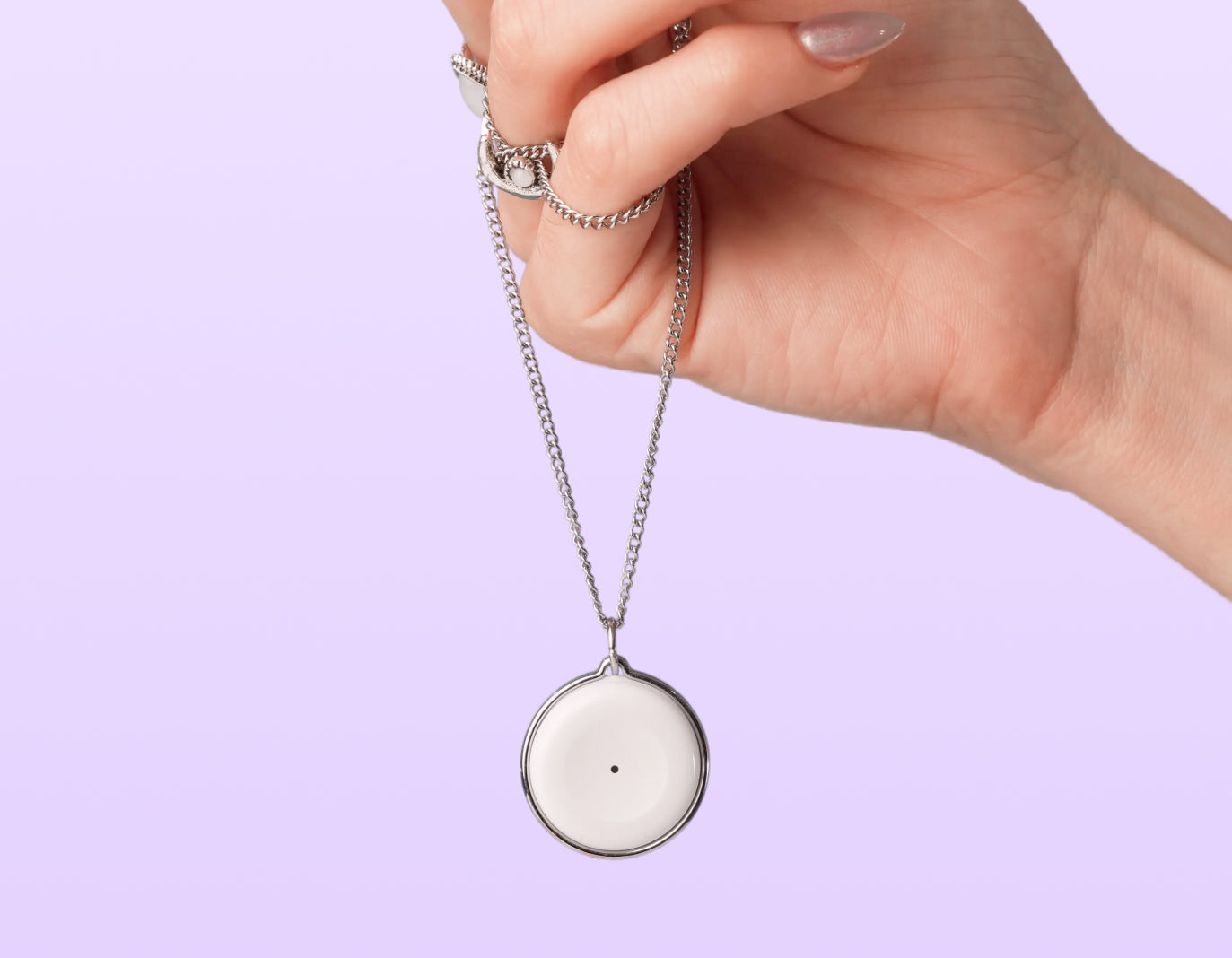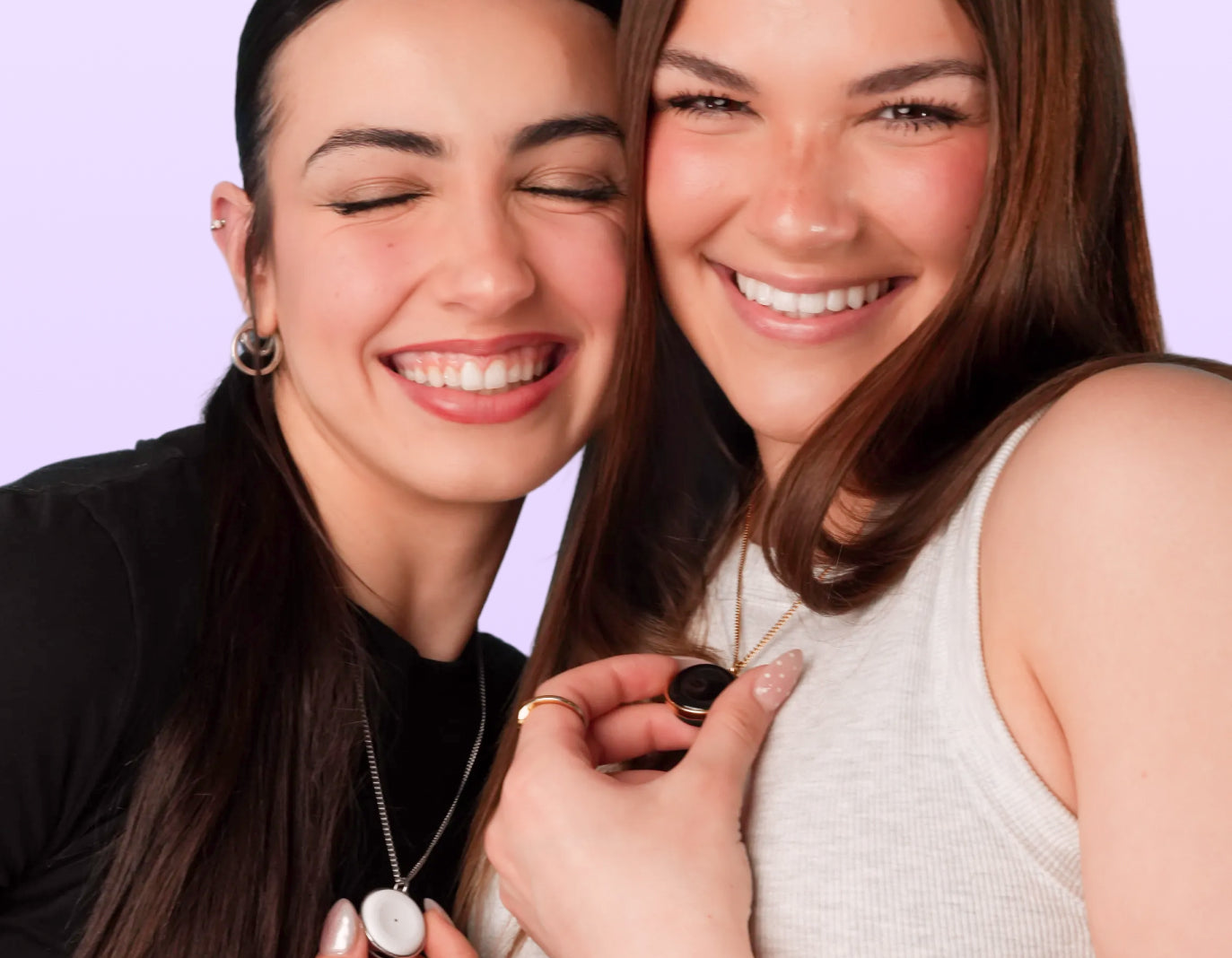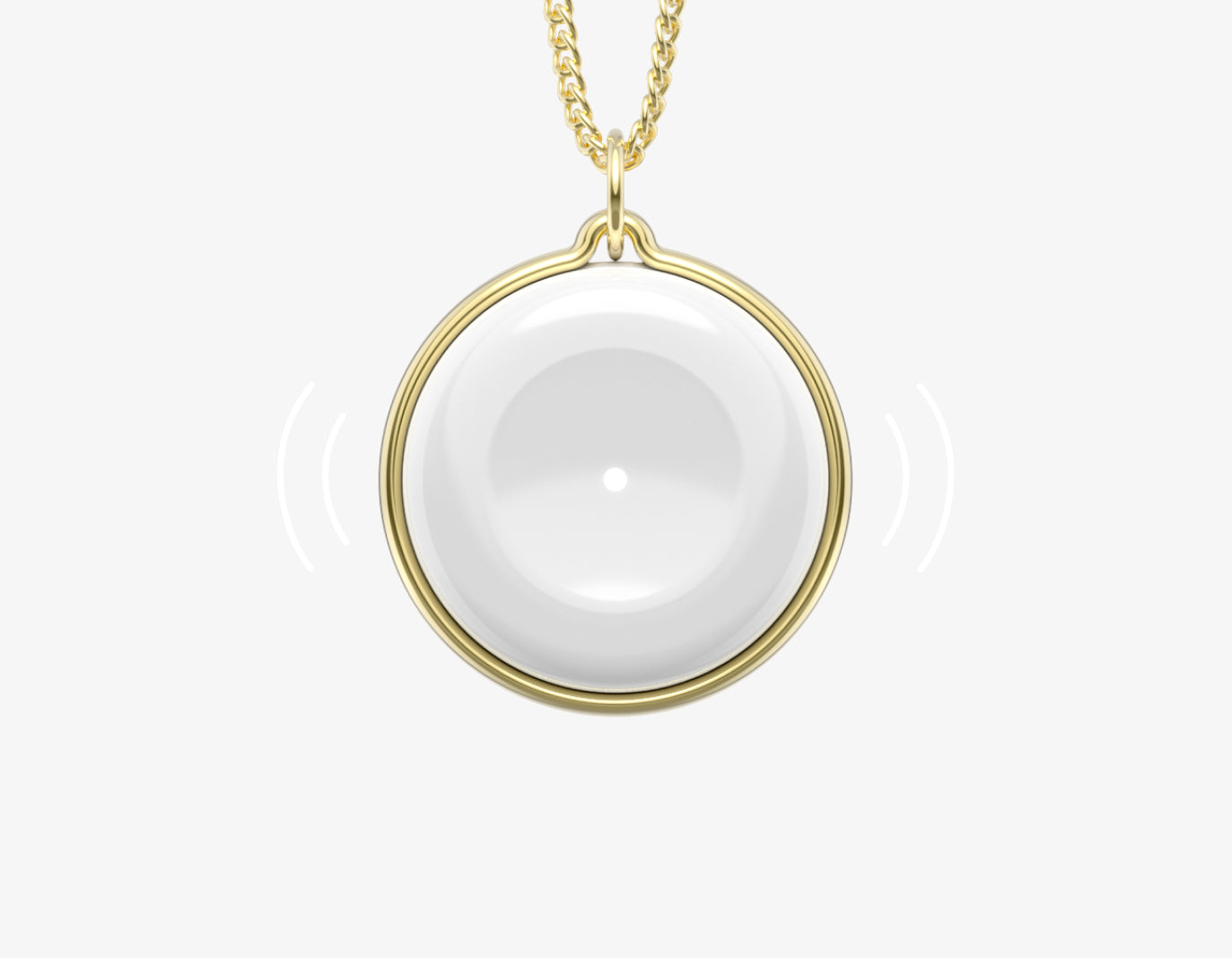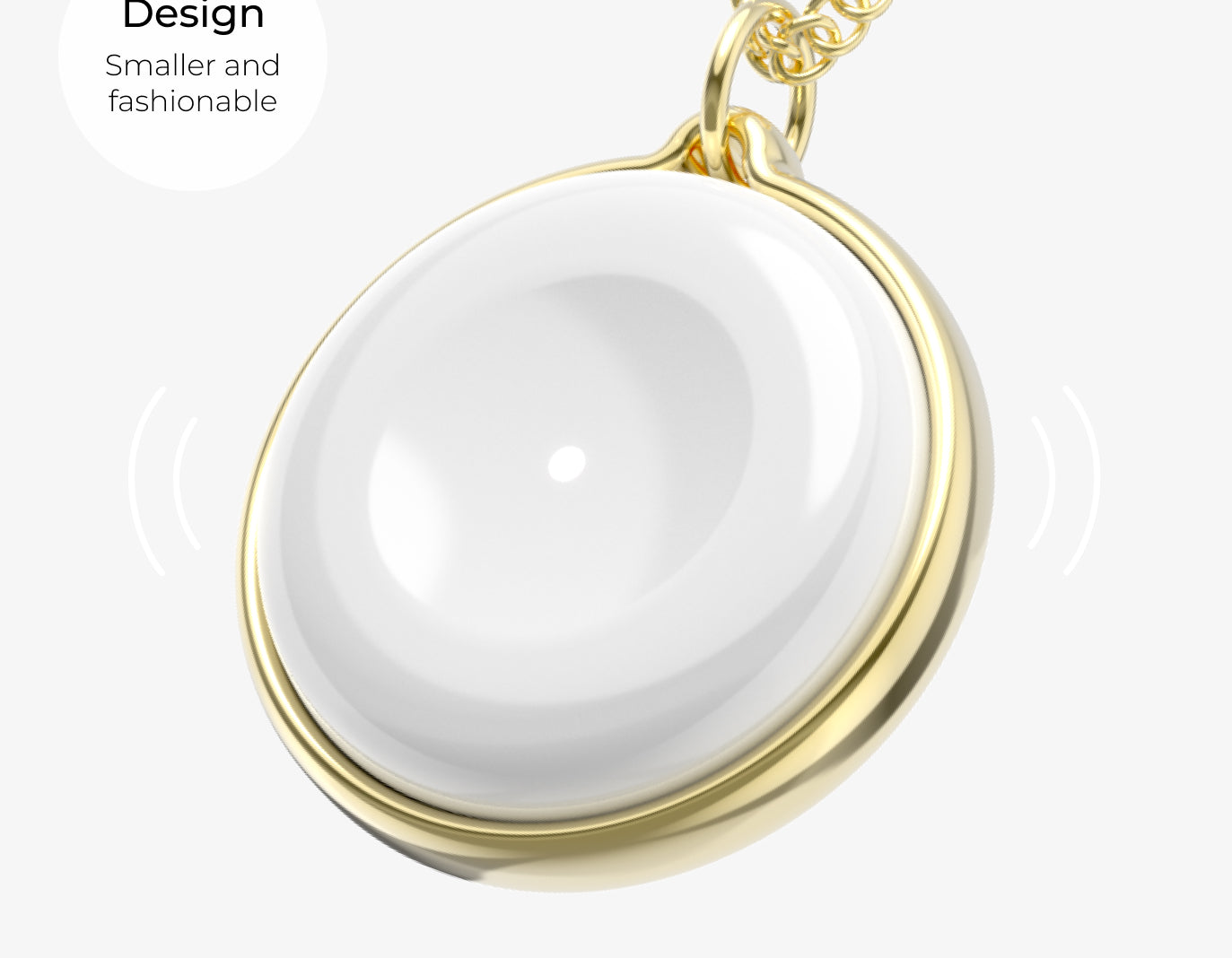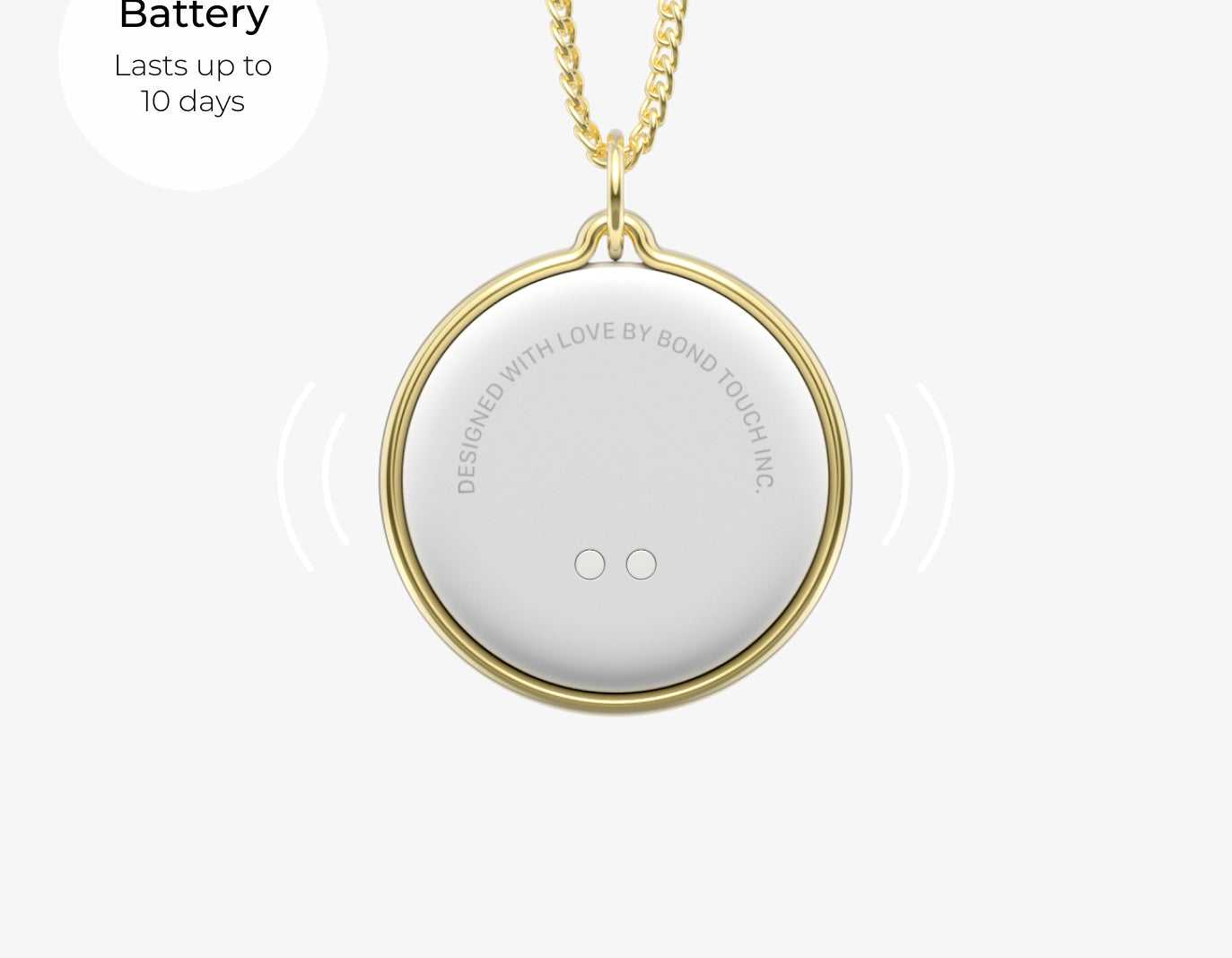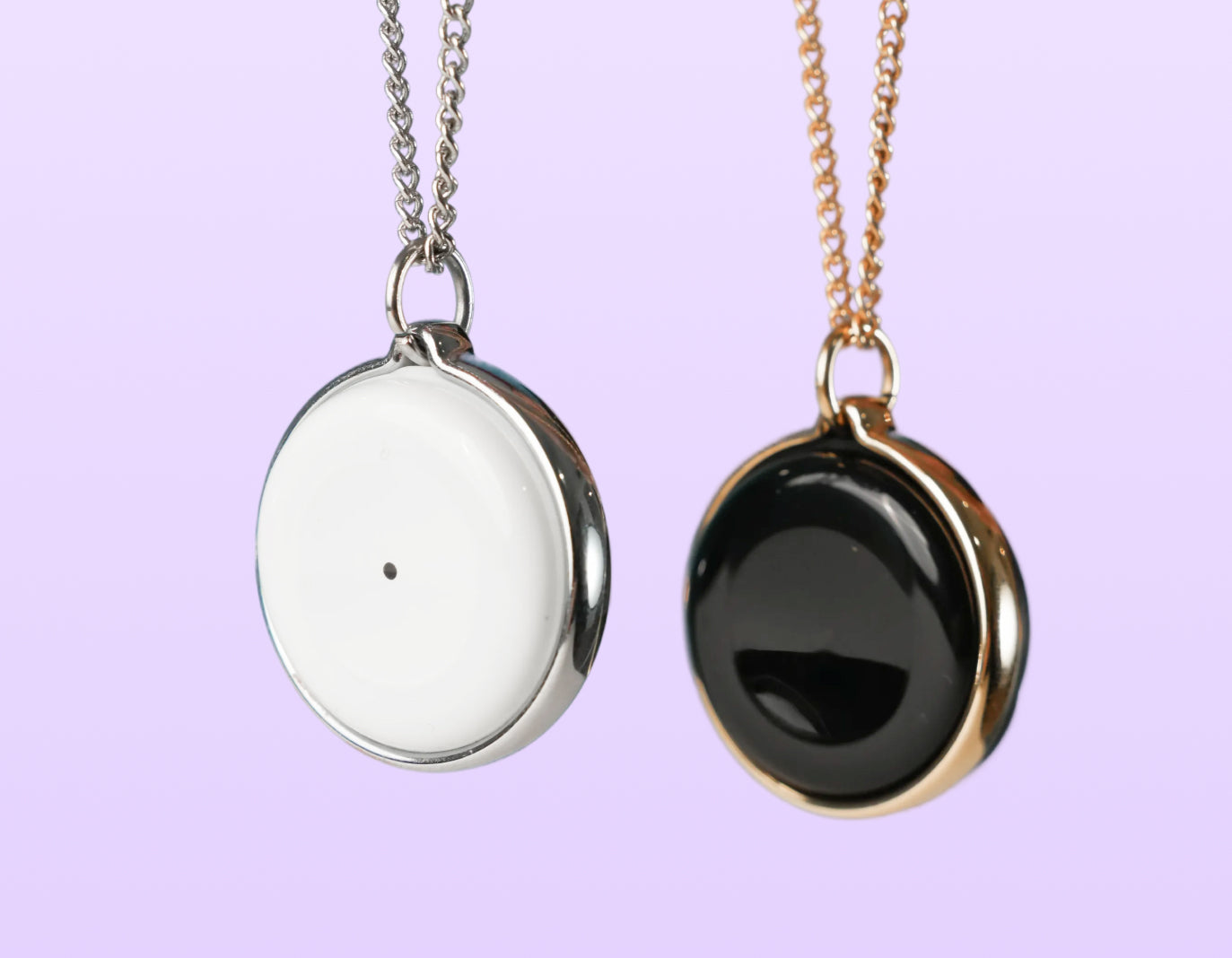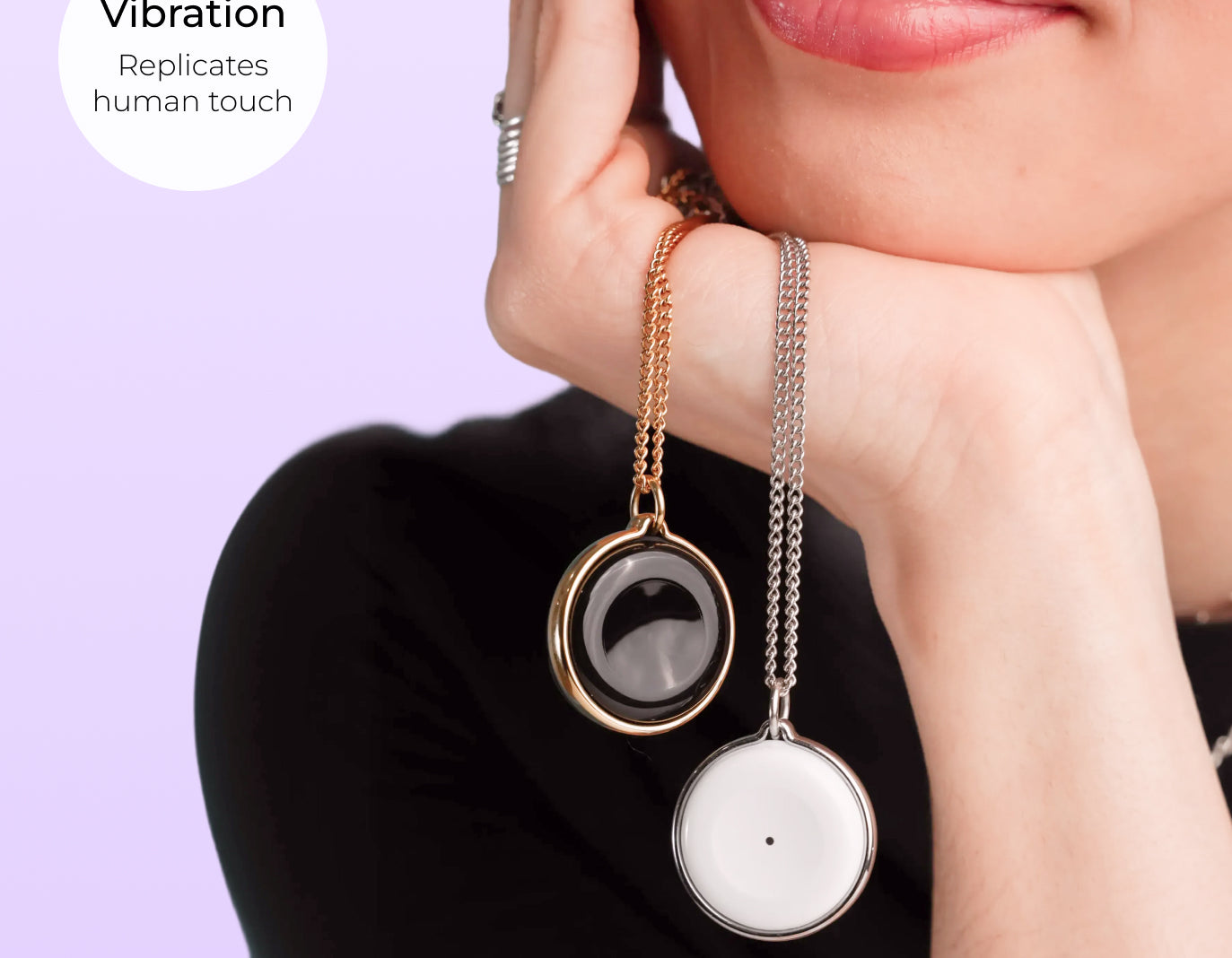In 2011, Harry Potter defeated the Dark Lord, Rebecca Black released “Friday” and for some reason, we were obsessed with an 8-bit cat shooting rainbows out of his butt (which was recently sold!). Although I (sadly) didn’t shoot rainbows out of my rear end, I also came out that year.
On the 10th anniversary since I came out, let’s take a moment to look back on all we have accomplished since and to understand the challenges that still lie ahead.
It dawned on me the other day that I’m not getting any younger. If you’re scrolling through TikTok, you know the feeling.
I was meeting an old college friend for coffee and after a couple hours of catching up, as Pride month is upon us, we ended up debating whether or not it is okay for brands to capitalize on LGBTQ+ symbols. With her being a photographer and creative director and me a journalist, we had contrasting perspectives about what it meant…
But then it hit us:
The simple fact that a lesbian woman and a gay man were having this conversation in a bougie café in the middle of Lisbon proved to both of us that the issues we face today as a community are much different than the ones we grew up with.
A lot can change over a decade and we don’t actually realize how much until we look back.
The 2010s were a decisive decade for LGBTQ+ people, both in the political playing field and in terms of media representation.
Critically-acclaimed shows like Modern Family and Glee entered our living rooms in 2009 and quickly became fan favorites. They showcased everyday struggles from everyday families and teenagers – queer families and queer teenagers. For a 15-year-old growing up in a small rural town, these shows shadowed any other kind of gay representation I had seen in mainstream media, which at the time was dominated with cliché queer-ish stereotypes that hardly did us any justice.
Characters like Mitchell Pritchett, Piper Chapman, Blaine Anderson, or Santana Lopez raised the bar on LGBTQ+ storylines, and they did it so that it’s hard to find a TV show today that doesn’t at least scratch the surface on queer inclusion.
This led to a growing number of shows being centered on queer characters and stories, like Sense8, Queer Eye, The Politician, or POSE (You go, Ryan Murphy!).
But let’s not forget the soundtrack of these changing times. Lady Gaga entered the decade with the release of Born This Way and we witnessed the emerging of a never-before-seen number of queer artists, like Christine and The Queens, Frank Ocean, Sam Smith, Miley Cyrus, Troye Sivan, MARINA, and, most recently, Lil Nas X came out as well.
In fact, when you think about it, much of LGBTQ+ history throughout the decades was written to the beat of some undisputable bangers.
Turn on the news and you were faced with a much less different picture.
While we were soaked in the royal wedding of William and Kate, marriage and adoption for same-sex couples was an ongoing battle in many nations.
But at least 20 countries legalized it over the last 10 years.
In June 2011, the United Nations Human Rights Council passed the UN’s first-ever motion condemning discrimination against gays, lesbians and bisexuals, and, the next year, Barack Obama showed his public support for same-sex marriage, becoming the first American president to do so. Also in the United States, the abolition of the “Don’t Ask, Don’t Tell” policy gave some much-needed hope to LGBTQ+ people serving in the military.
My country, Portugal, like other EU countries, also legalized same-sex marriage. In this decade, it also abolished the ban that prevented gay men from donating blood, despite very recent allegations that some health workers still deny gay men their right to donate blood.

This shows that changes in legal status don’t always reflect societal changes.
Sometimes, the latter pushes the first. Sometimes, it’s the other way around.
And unfortunately, sometimes… We can also regress.
That’s what I believe happened in the second half of the 2010s. These last few years were marked with growing polarization in western politics with a massive number of laws being passed that curb the expression and freedoms of LGBTQ+ people around the world.
The Trump administration sparked controversy by barring trans people from serving in the Armed Forces. Even COVID impacted the American scene.
Concerning reports were coming in from China and Russia, regarding the persecution and imprisonment of gay people in concentration camps. Finally, over the last year and into 2021, we saw Poland and Hungary, two countries of the EU, enforce discriminatory legislation amidst governmental changes.
This reminds me that there is no motion without friction.
Indeed, many of the issues that haunted us before 2009 remain, in some way or another, and it’s overwhelming, painful even, to think that the rights we gained yesterday could so easily be lost tomorrow.
We must keep this fragility in mind as we move forward in this new decade to face the challenges ahead of us.
For instance, I hope to see every last country in the world decriminalize homosexuality. As I write this article, there are over 70 countries where consensual, same-sex sexual activity is still a crime.
In 11 of them, the death penalty is a strong possibility.
Hopefully, by the end of this decade, we will have seen major positive shifts in trans visibility and acceptance. Let’s not forget that even though the 2010s shined a light on a lot of trans issues, there is still much work to be done regarding their dignity and safety, especially when we’re talking about trans youth or black trans people.
Surprisingly, conversion therapy remains legal in most countries, often even enforced against the person’s wishes. I’d like to see the international community collectively stand up against these ongoing atrocities. Also, despite the growing presence of gay issues in the media, I still think there’s a lot of room for improvement in terms of fair and just representation.
Not all of us that came out are benefiting from progress equally, that much is true.
I risk some controversy coming my way with this next one, but I firmly believe the LGBTQ+ community must stop inflicting harm and dividing itself. Empathy, mutual respect and compassion must be the setting stones of the reality we’re building together. Only that way will we create a safer and more inclusive world, where all kinds of love are valid and worth fighting for.
And while we have come a long way since 1791, when France became the first nation to decriminalize homosexuality, and have made significant impact and change in the last decade, we must not give in to anger, hate or frustration when we prepare to face the challenges that still lie ahead.
We must do it with kindness, always.
Happy Pride month!











